As a new mom, you’ve just accomplished quite a feat: bringing new life into the world. Without a doubt, you need *all* the R&R—at least as much as you can get with a newborn at home! At some point, though, you may start to feel the itch to get active again. Of course, the progress of every postnatal fitness journey is different, and you should *always* listen to your doctor—and your body—to make sure you’re healed and ready to sweat. (According to experts, this timeframe can range from six to eight weeks post-delivery.)
When you *are* ready, there are plenty of incentives for you to roll out your mat or start taking regular strolls (and weight loss isn’t one of them!). “Not only does exercise benefit your physical health as a new mom, but it also delivers plenty of mental and emotional perks as well,” says Michelle Brugal, a PROnatal Pre/Postnatal-certified Sculpt and Barre instructor.
Below, Brugal, who’s also a mama of two, gives us the scoop on seven science-backed benefits that postnatal workouts can provide your body *and* mind.
1. Postnatal Fitness Will Energize You
Flagging energy? It’s only natural—you just brought a new human into the world, after all. While it might sound counterintuitive, fitting in even a few minutes of fitness a day can actually help fight fatigue. “It takes energy to make energy,” Brugal explains. “Any movement helps you warm up, get in the groove, and give you energy for all the new-mom tasks.” Research backs it up: A 2006 meta-analysis found strong support that even a small amount of exercise can reduce fatigue and increase energy levels.
Translation: Taking time for a postnatal-friendly workout—whether it’s a 10-minute Express Stretch or a 28-minute postnatal Sculpt class—can energize rather than deplete you, even on your most tired days.
2. You’ll Sleep Better
In related news, working out can also help you sleep more soundly at night, thanks to the proven beneficial link between exercise and sleep. New moms don’t always have the most consistent shut-eye schedules, but fitting in a workout during the day can reduce sleep onset (aka the time it takes to fall asleep). As Brugal notes, “When your body feels physically tired, you just have that feeling you’re going to sleep well that night, which can help you get that rest you need.”
3. It Helps Alleviate Worry and Anxiety
New-mom life is hardly a walk in the park—though taking one can definitely help! During the fourth trimester, postnatal fitness can help improve your state of mind. “When you’re on 24-hour watch, lacking sleep and having to navigate hormonal fluctuations, it’s normal to experience negative—or just different—emotions like anxiety, worry or loneliness,” Brugal notes.
A solution: Exercise—even just 10 minutes of it—gives you a much-needed sense of control and a major mood boost. According to Harvard Health, not only does it help ease muscle tension, but it actually changes your brain chemistry and upps the anti-anxiety neurochemicals, and stimulates the part of your brain responsible for how you respond to stressors. “For me, moving my body even for a few minutes a day helped bring my clarity,” Brugal recalls. “It’s like going outside and taking a deep breath in the middle of a crazy day—it helps you clear your mind.”
For an added benefit, look into a community that comes together around exercise, such as a mommy-and-me group or even a platform on obé that has a built-in community, suggests Brugal. This provides an extra layer of support that new moms need.
4. You’ll Build Strength for Daily Mom Duties
New parenthood might be one of the most physically demanding jobs you’ve had. You’ll need to pick up baby, carry baby, feed baby, rock baby—while still keeping up with all the other activities of your daily life. That’s why strengthening your muscles that are integral to these tasks is key.
The most important muscle group? Your core. “It always goes back to your core,” Brugal says. But that doesn’t mean you’re just limited to core-focused Pilates and Barre classes. In fact, Brugal recommends classes that utilize heavier weights with slower reps, such as Strength and Power classes on obé. Build up that muscle strength, and then start layering in those faster-paced classes like Sculpt, low-impact Dance and Barre, she suggests.
5. Postnatal Fitness Can Help Alleviate Specific Postpartum Issues
Up to 60 percent of women experience diastasis recti, or abdominal separation, during or after pregnancy, research shows. Many women also experience symptoms of a weakened pelvic floor after childbirth. Once again, exercise plays a crucial role in healing both of these conditions. “Effective postnatal fitness workouts focus on your core and pelvic floor for good reason: to help rebuild and strengthen what was just weakened and stretched,” Brugal explains.
“As soon as you’re cleared to start moving post-delivery, you can start with at-home exercises to help strengthen the core and pelvic floor,” she says. Her top advice: Be conservative and take it slow—the last thing you want to do is apply too much pressure to your core or do the wrong exercise. And be sure to avoid strenuous core exercises like planks, crunches, or situps before you’re healed, as these moves could actually worsen your condition. (Our Postnatal Hub takes out all the guesswork!)
6. It Can Reduce the Risk of Postpartum Depression
A prenatal workout routine has been shown to help stave off the effects of postpartum depression (PPD), but even if you weren’t super active before baby, fitting in fitness now can help too. A larger review of research found that physical activity can be an essential factor in the prevention of depressive disorders in the postnatal period.
As Brugal notes, you also don’t have to have PPD to enjoy the benefits of a regular workout routine. “Having gone through childbirth twice and seeing friends and family go through it as well, I think every single mom goes through some postpartum feelings of sadness after such a huge change,” she says. “Personally, fitness gave me back that sense of order that I craved postpartum and gave me a sense of accomplishment after I set aside those 10 minutes for myself. It helped me feel like myself again.”
7. Postnatal Fitness Helps You Get Into a New-Parent Routine
We hear you—the term “new-parent routine” might sound like an oxymoron. But scheduling a workout (and making it happen) can help you achieve a semblance of structure to your day, no matter how nonstop it gets.
“So many new moms are simply getting through the day, but taking that time for yourself—whether it’s 10 or 28 minutes, like our signature classes on obé—is such a major win and gives you a sense of achievement that can completely shift your perspective,” Brugal says. “Yes, some days might be more challenging than others, but I just try to make it work, anyway I can, even if it means holding baby while you do some lunges.” Think of your workout as much-needed me-time that no one can take away from you—which is more important than ever as a new mom.
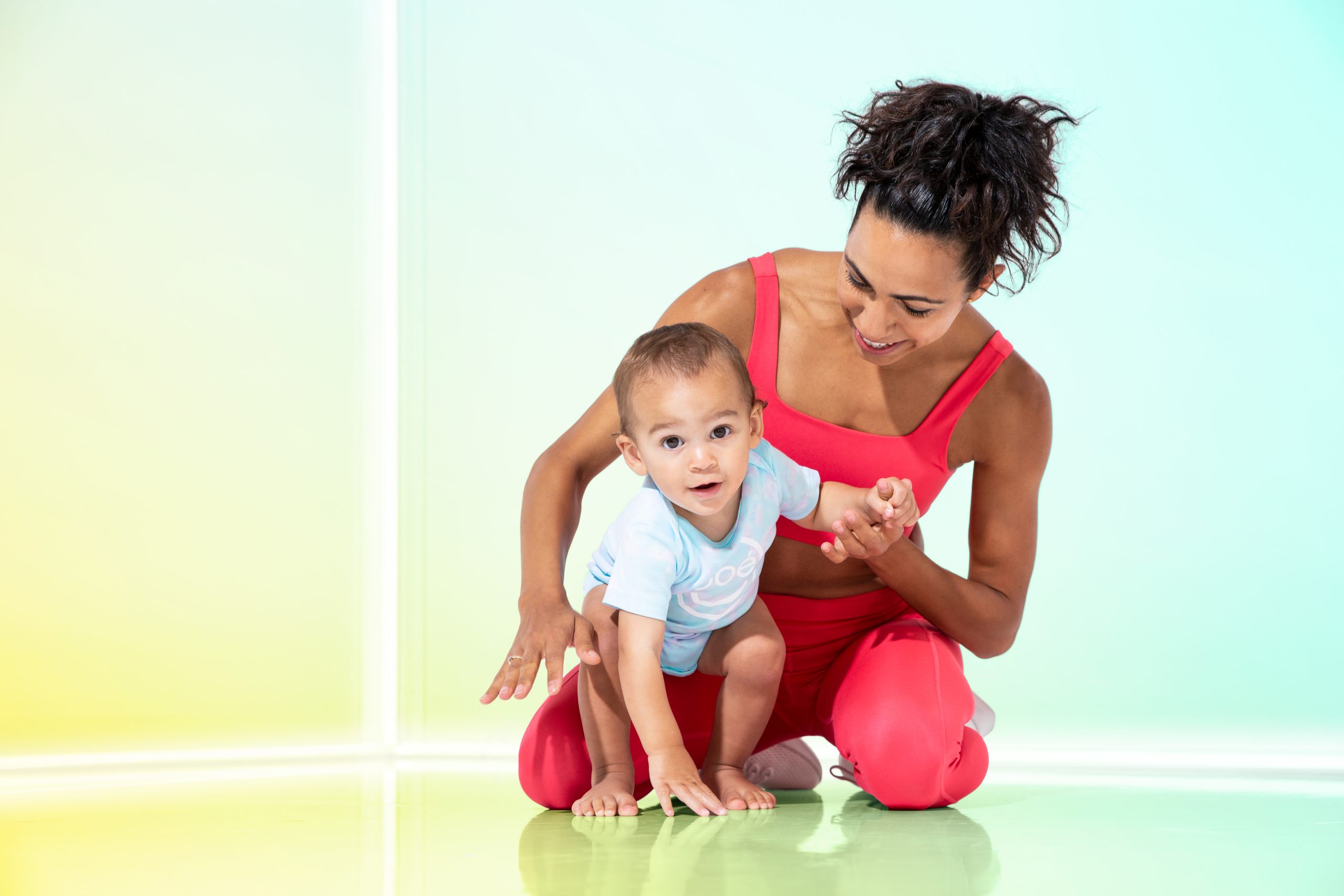


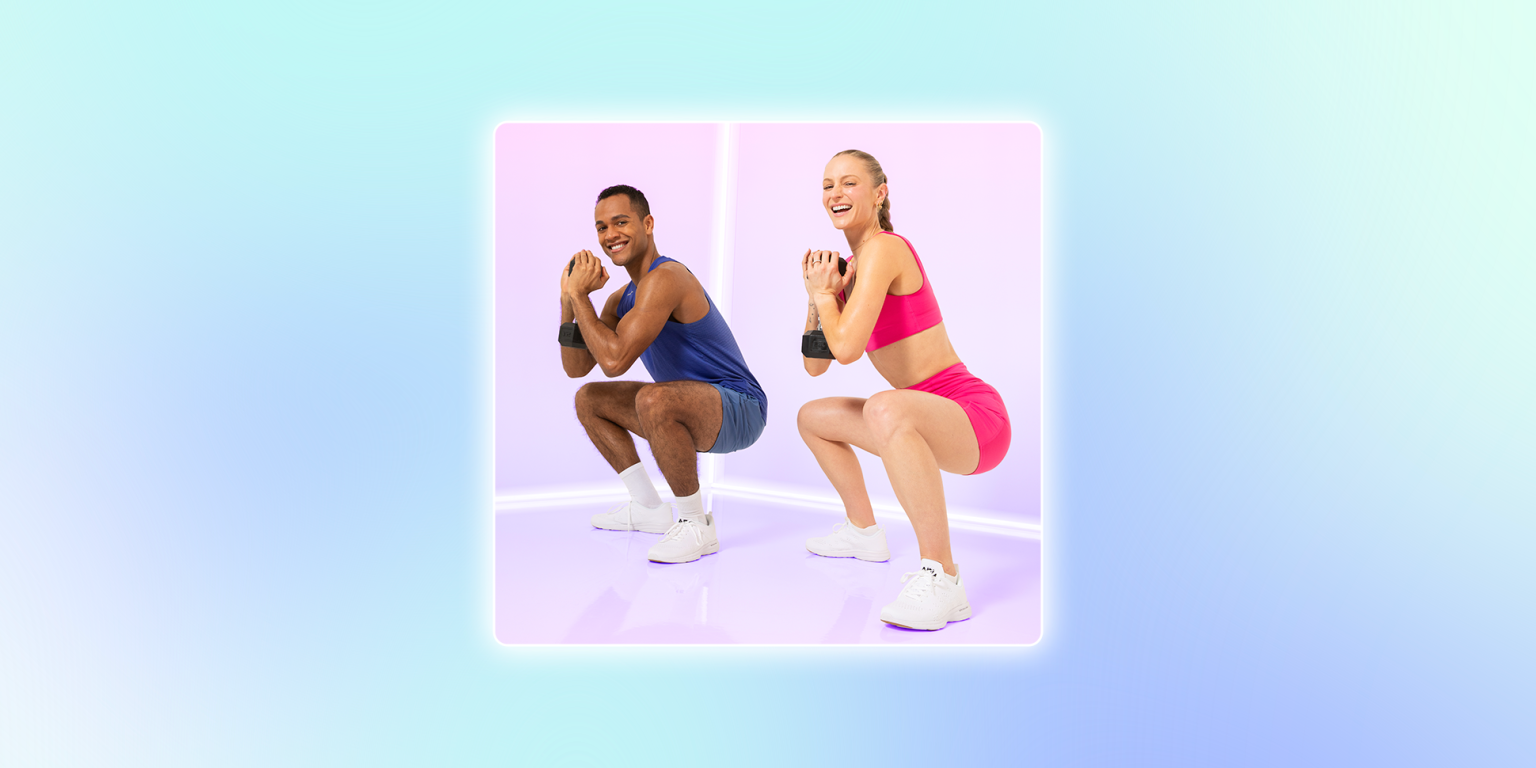


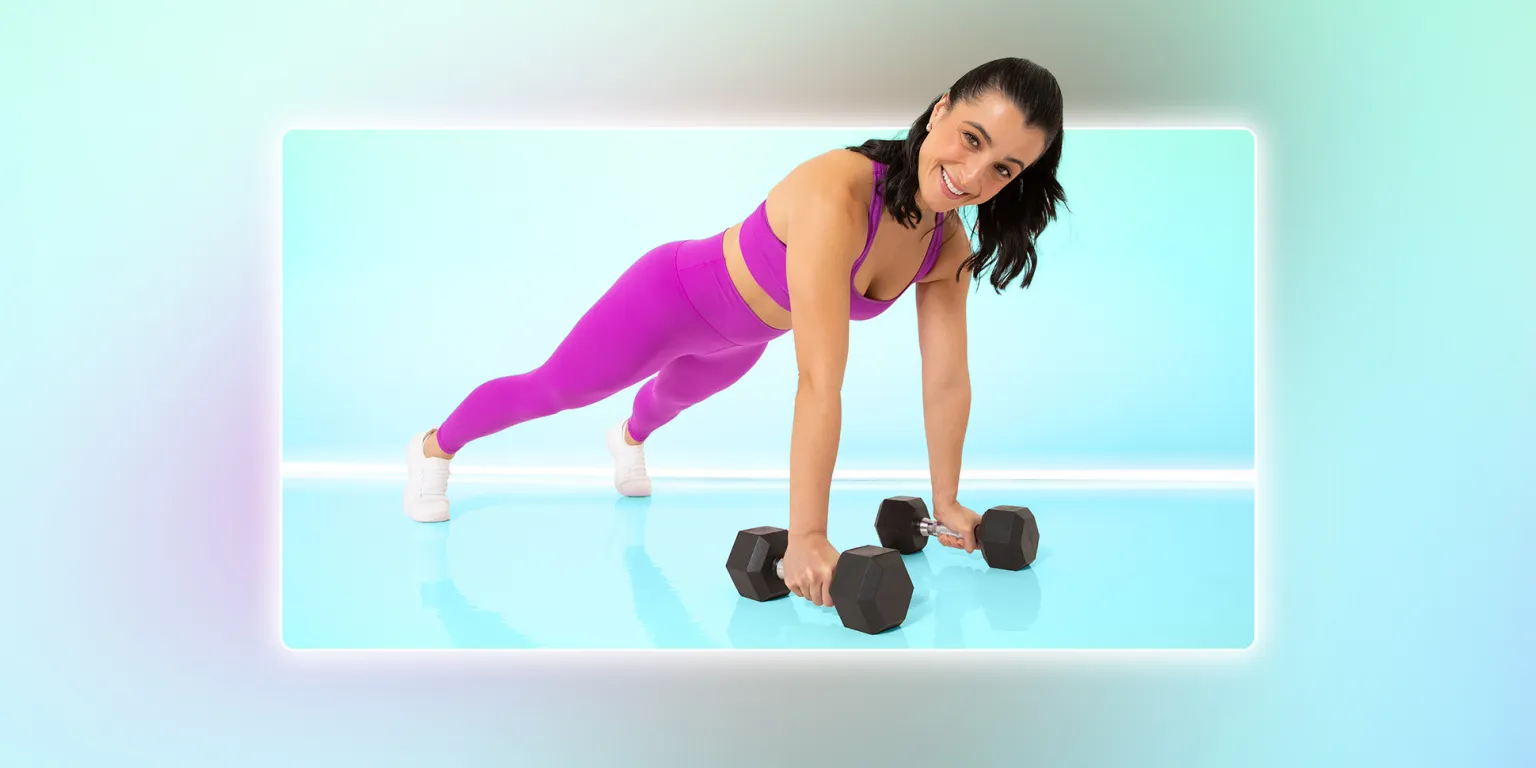
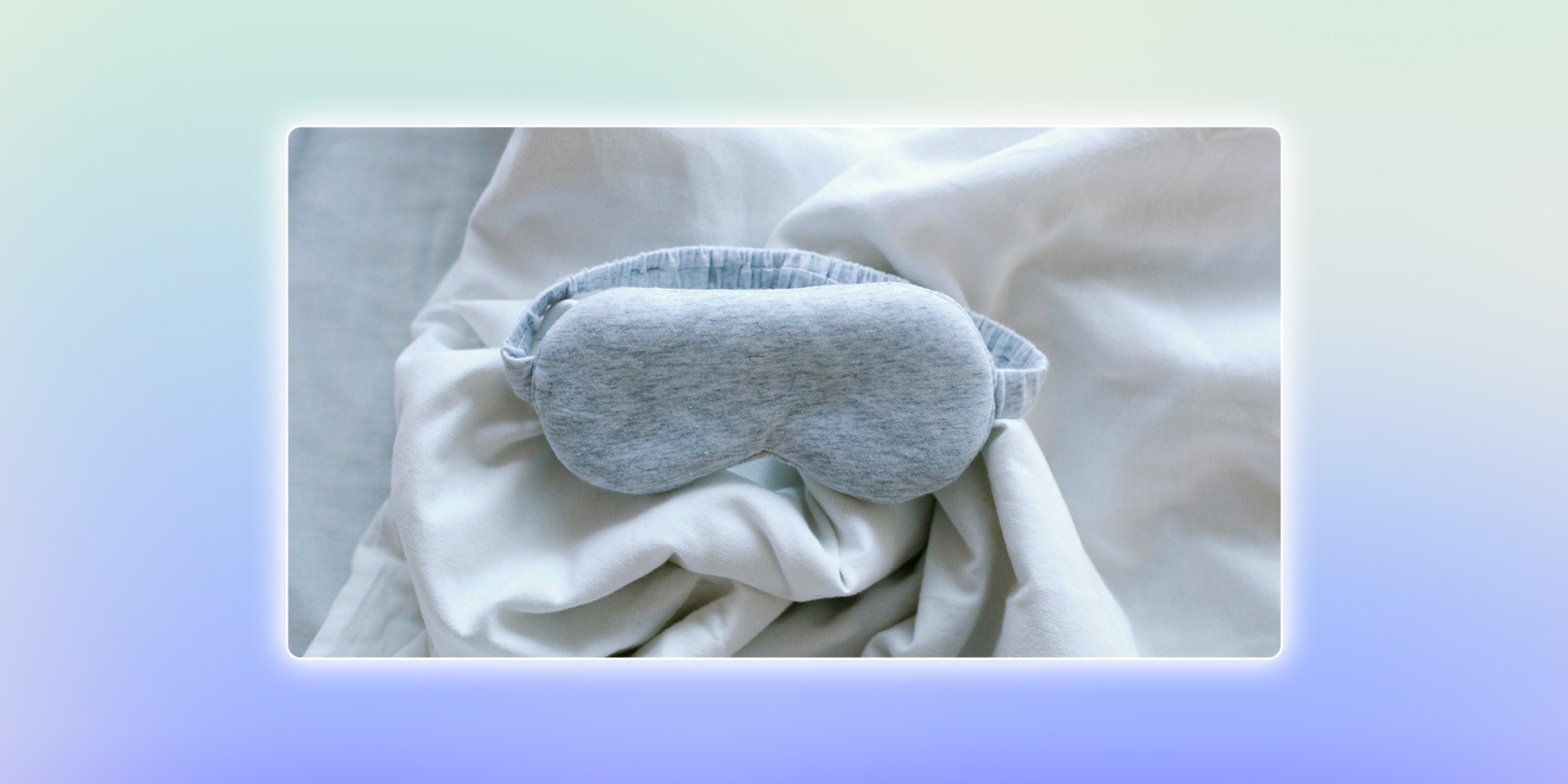

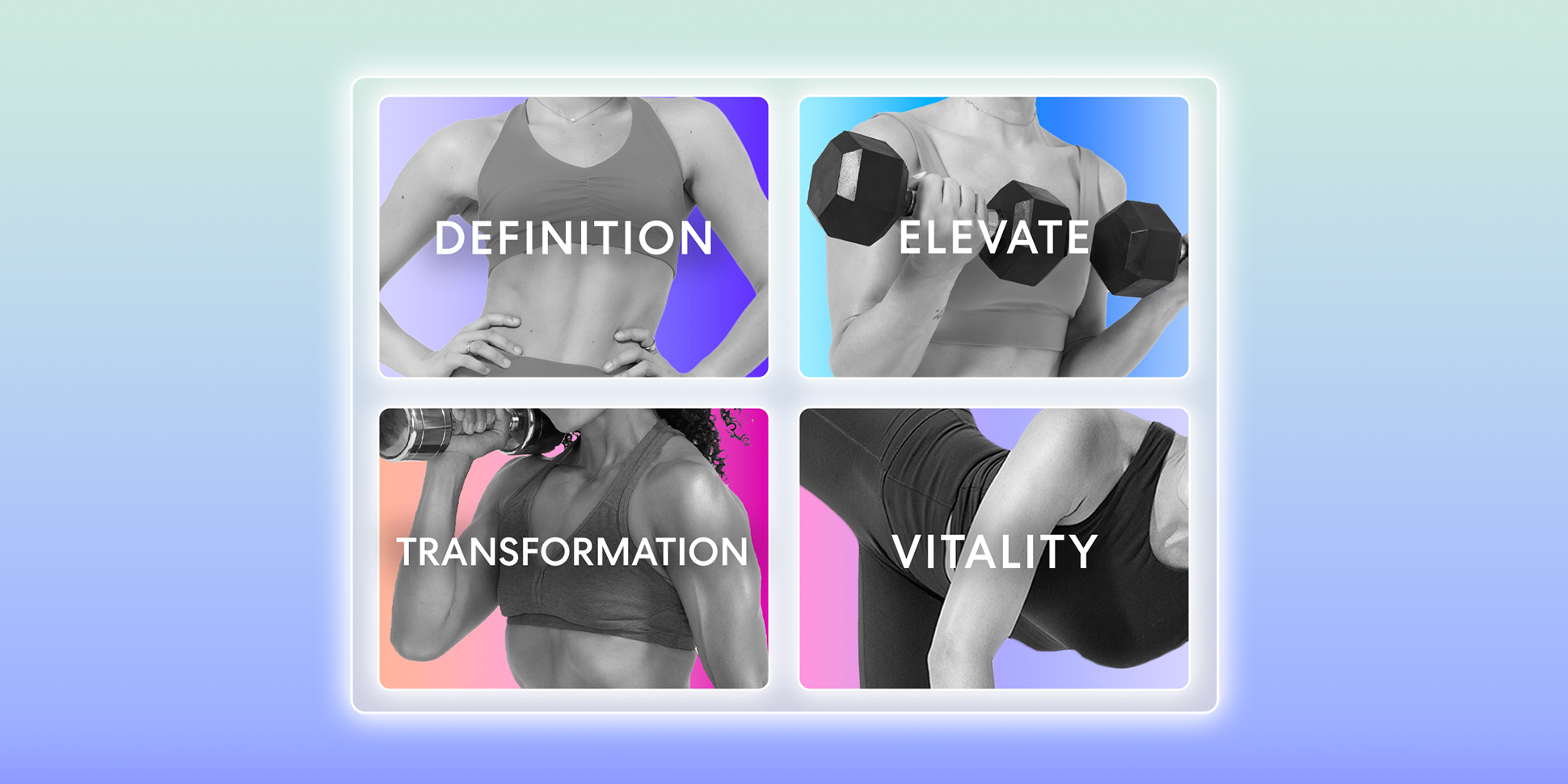
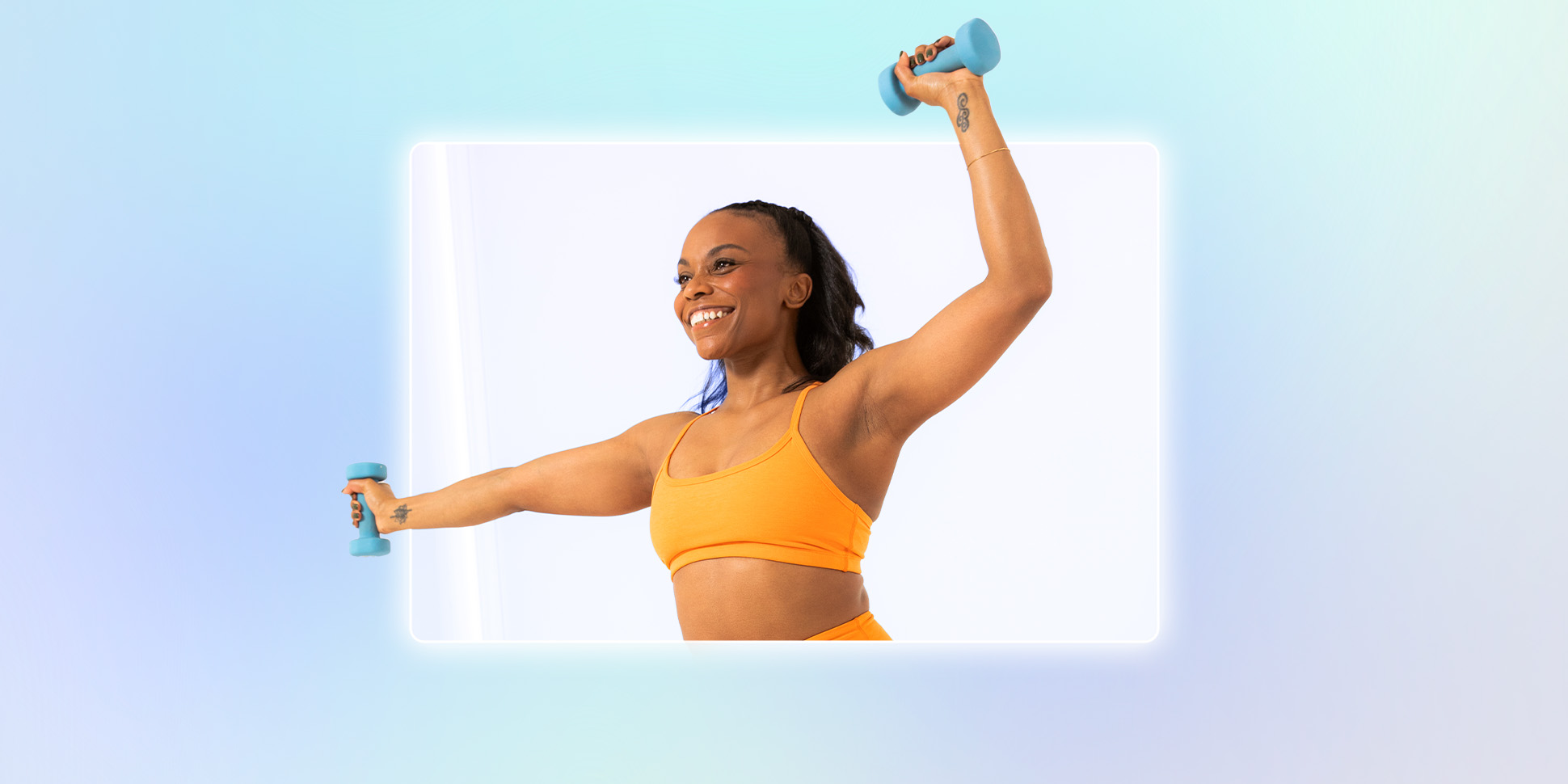



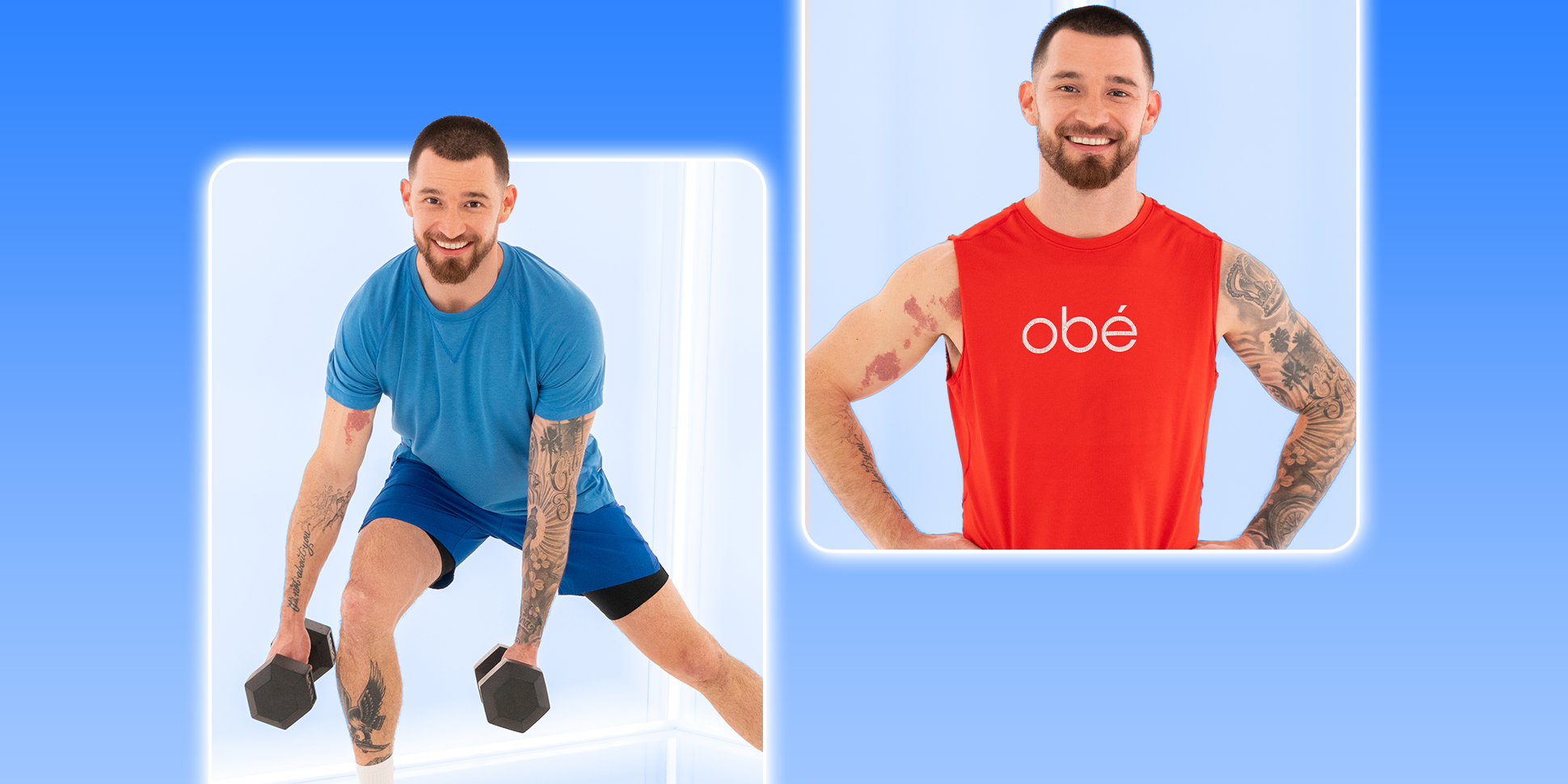
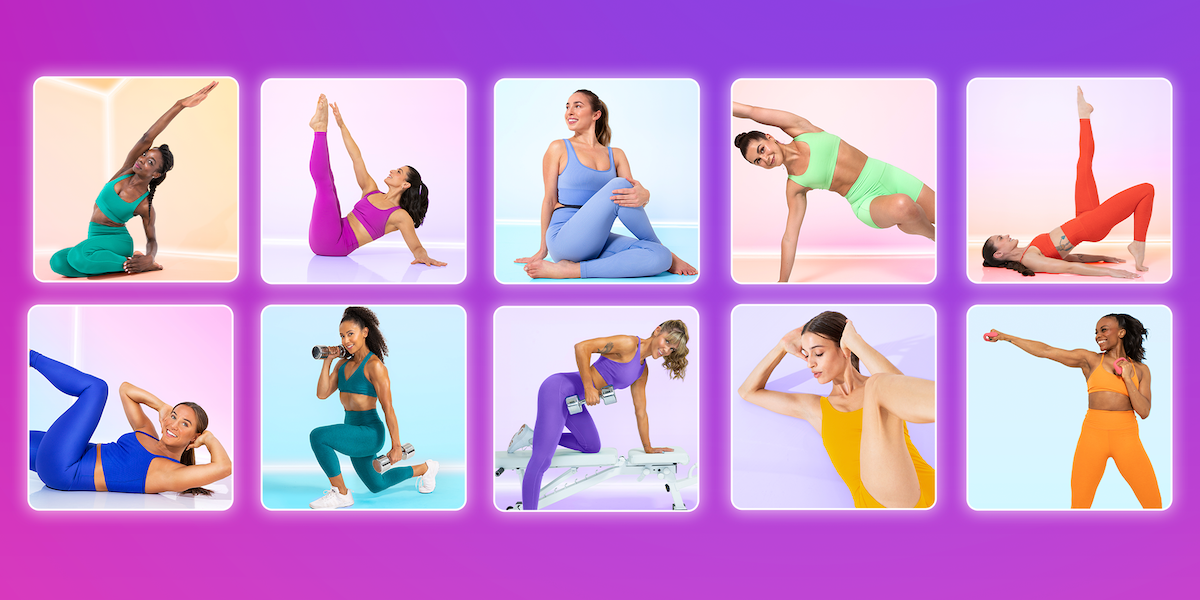
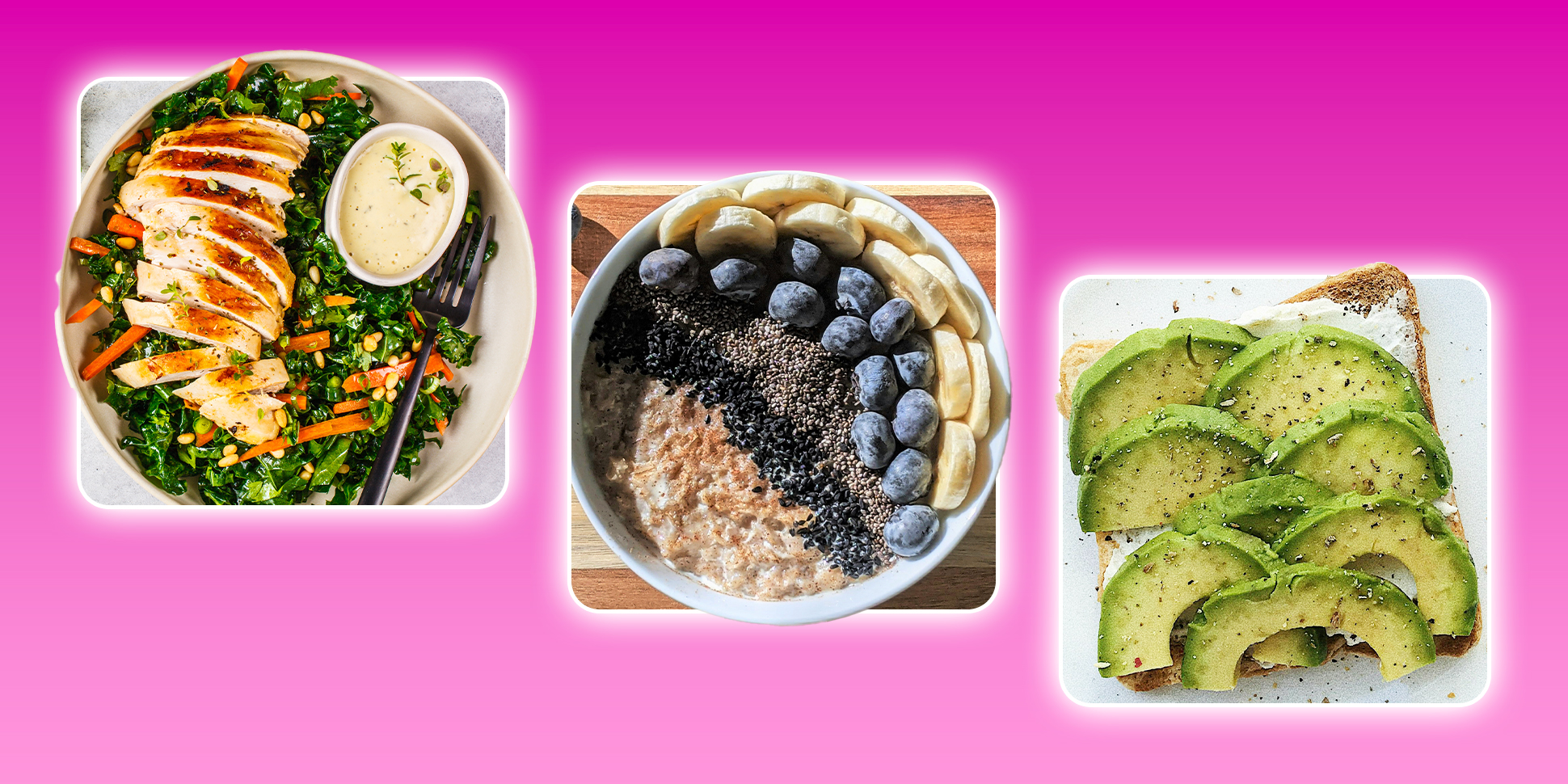

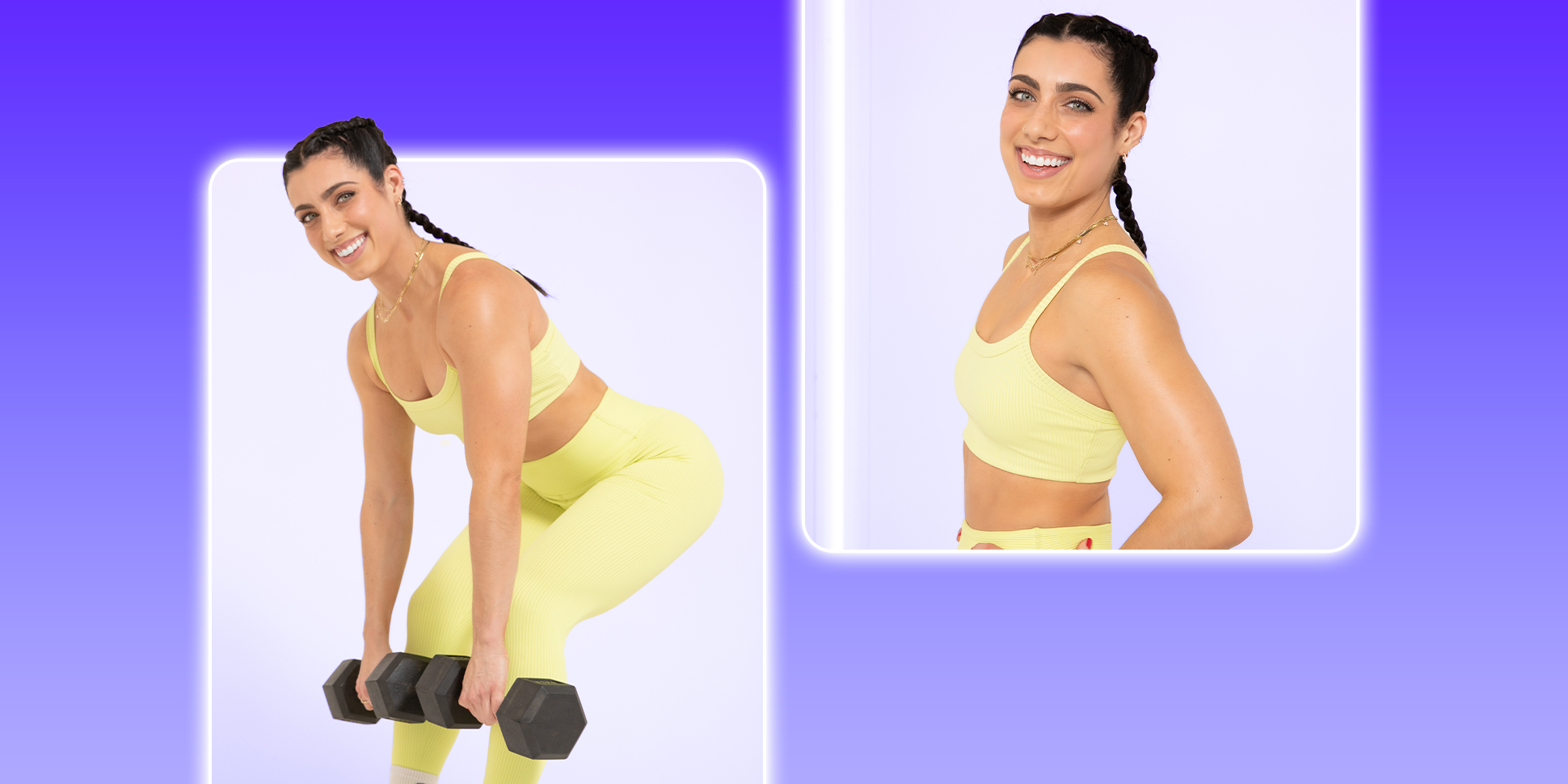
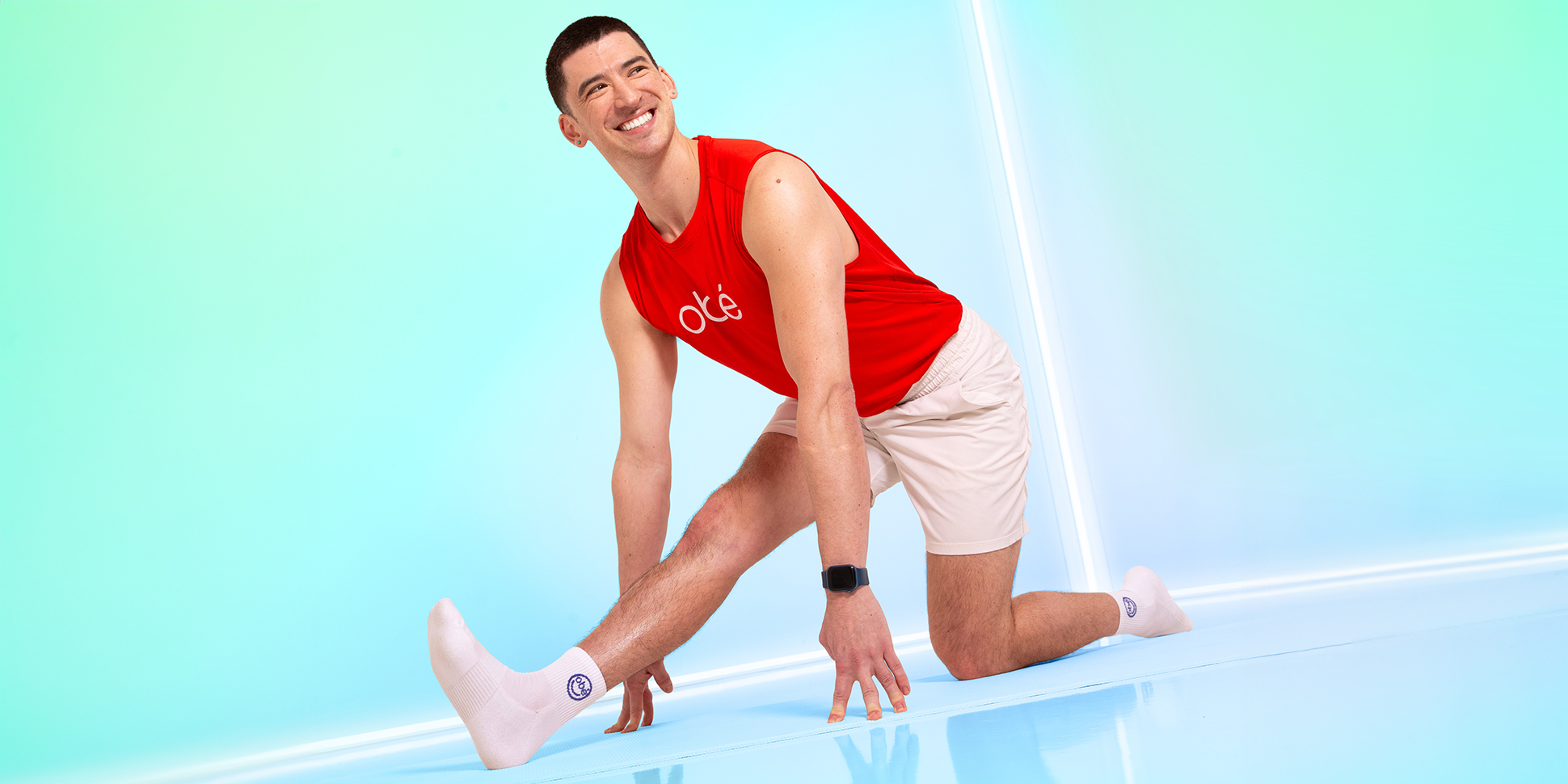
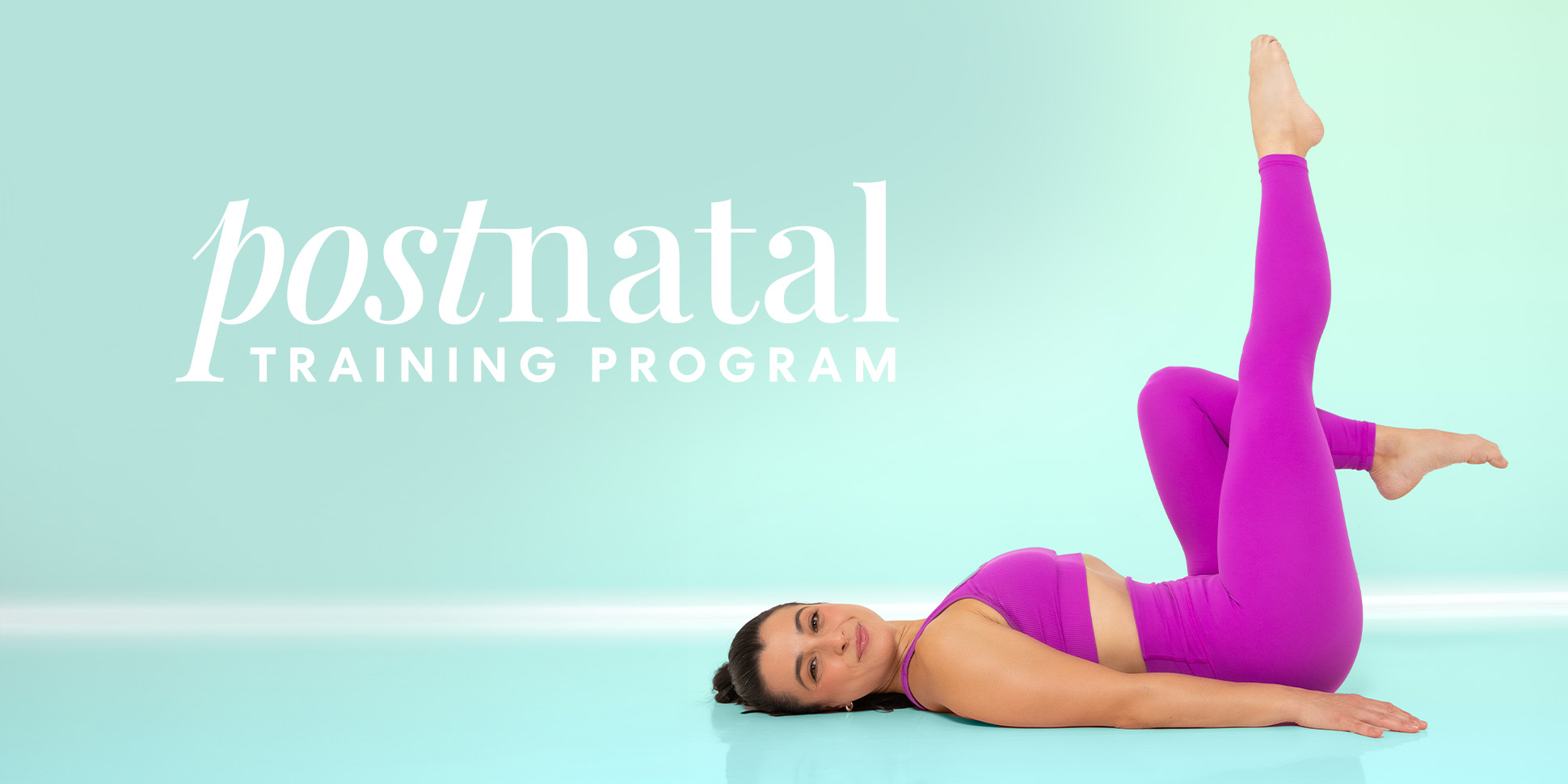
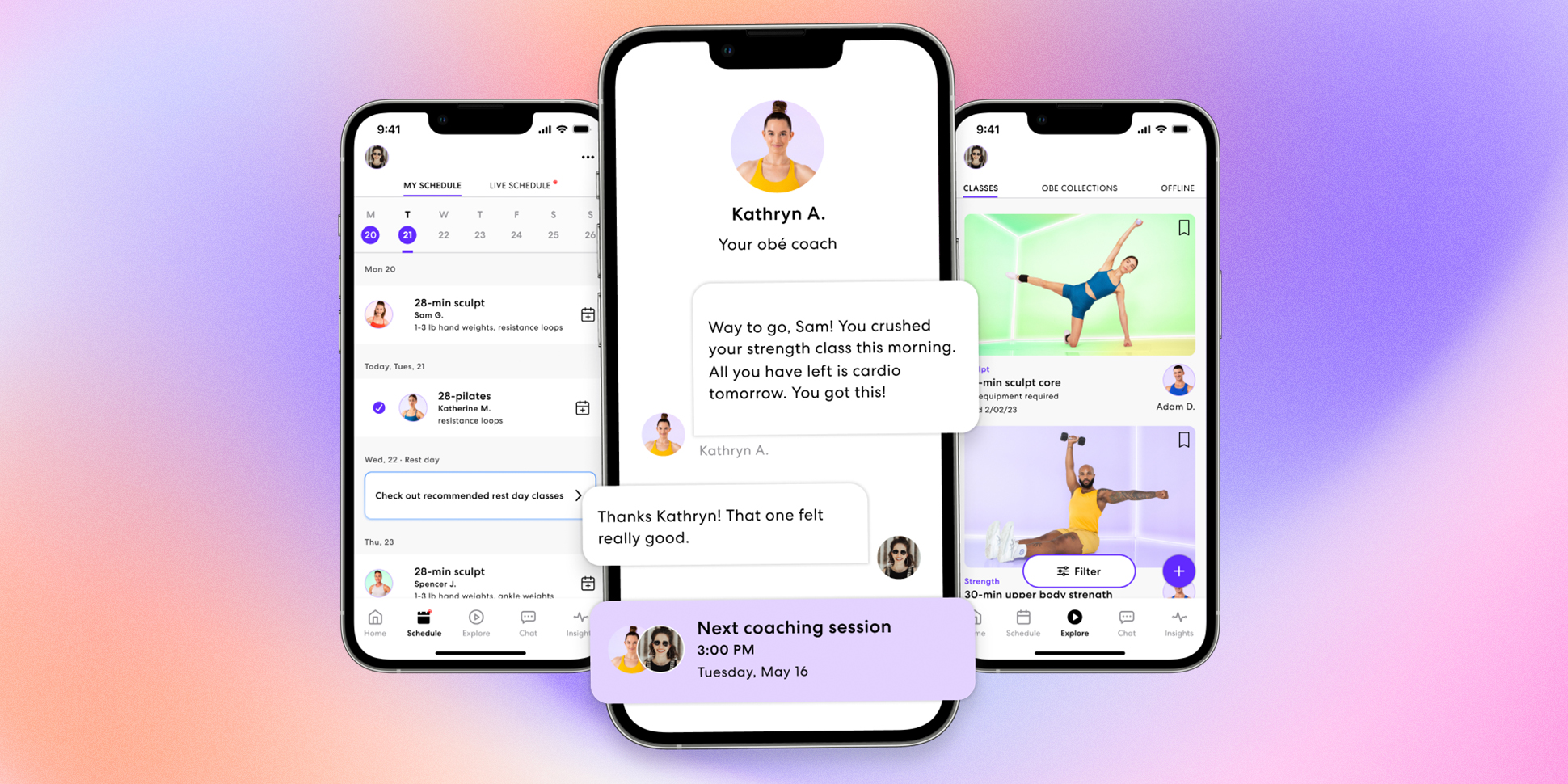



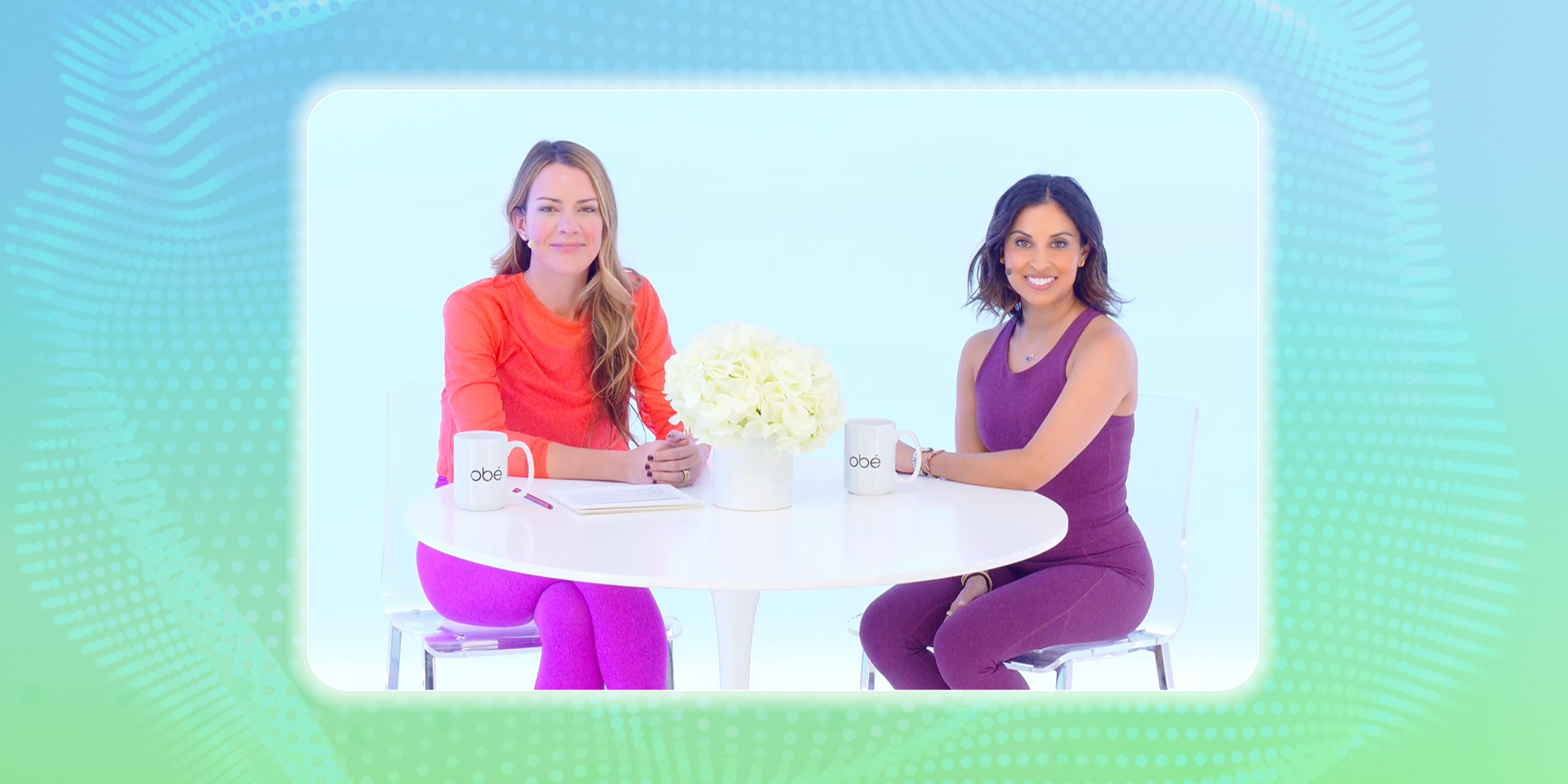
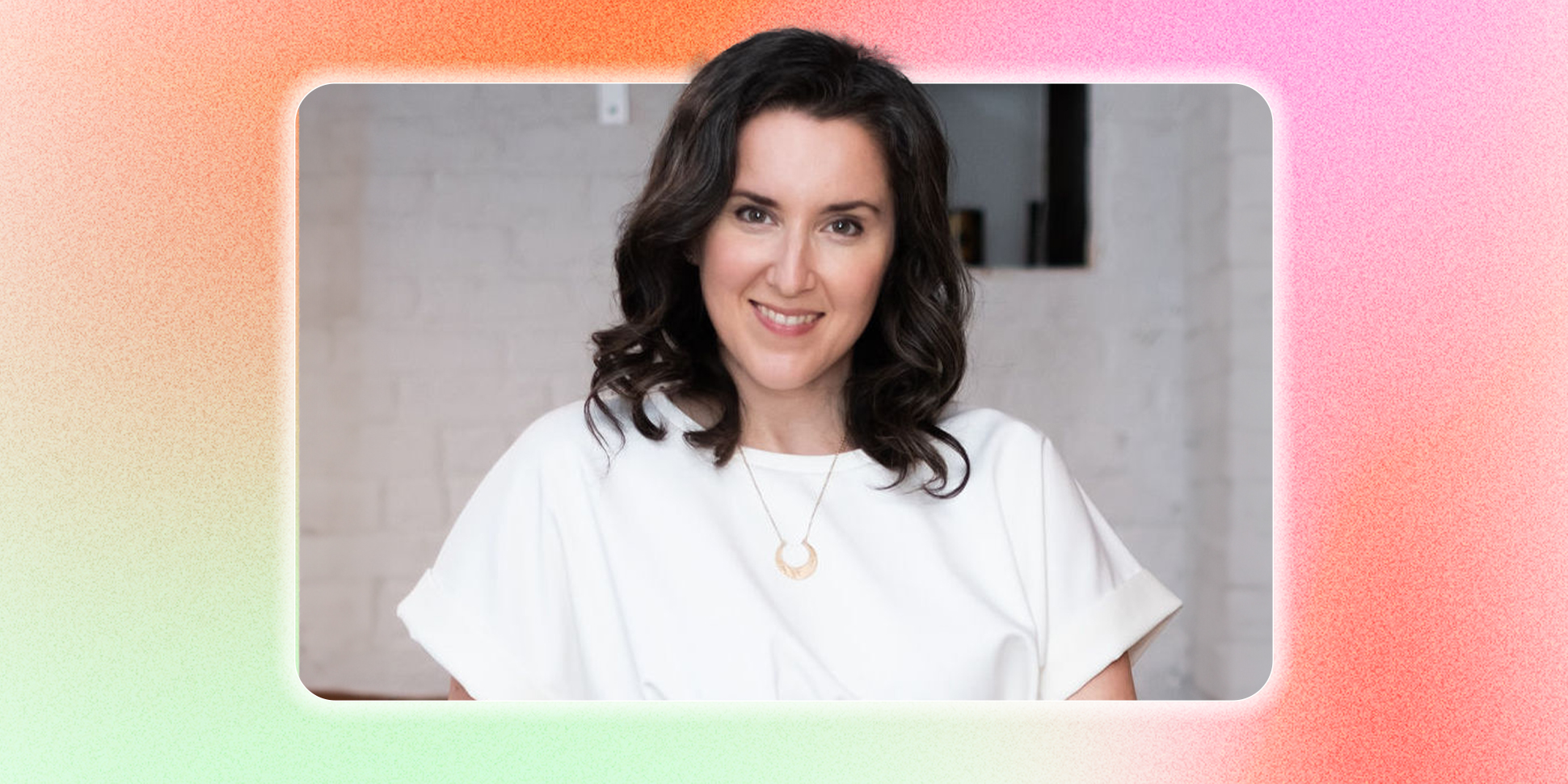


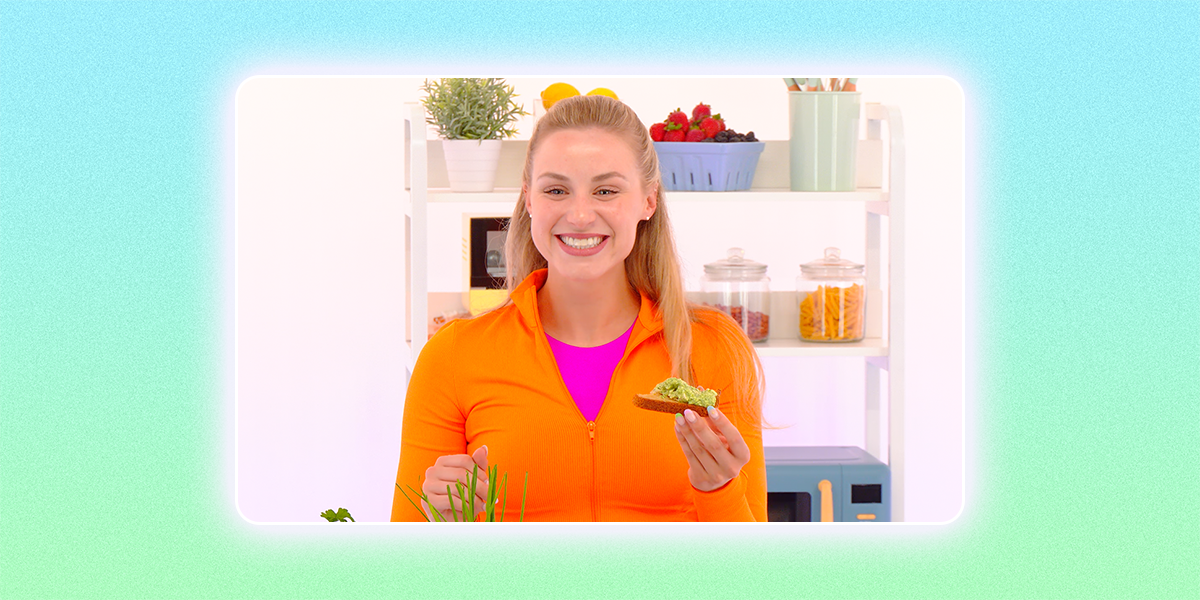
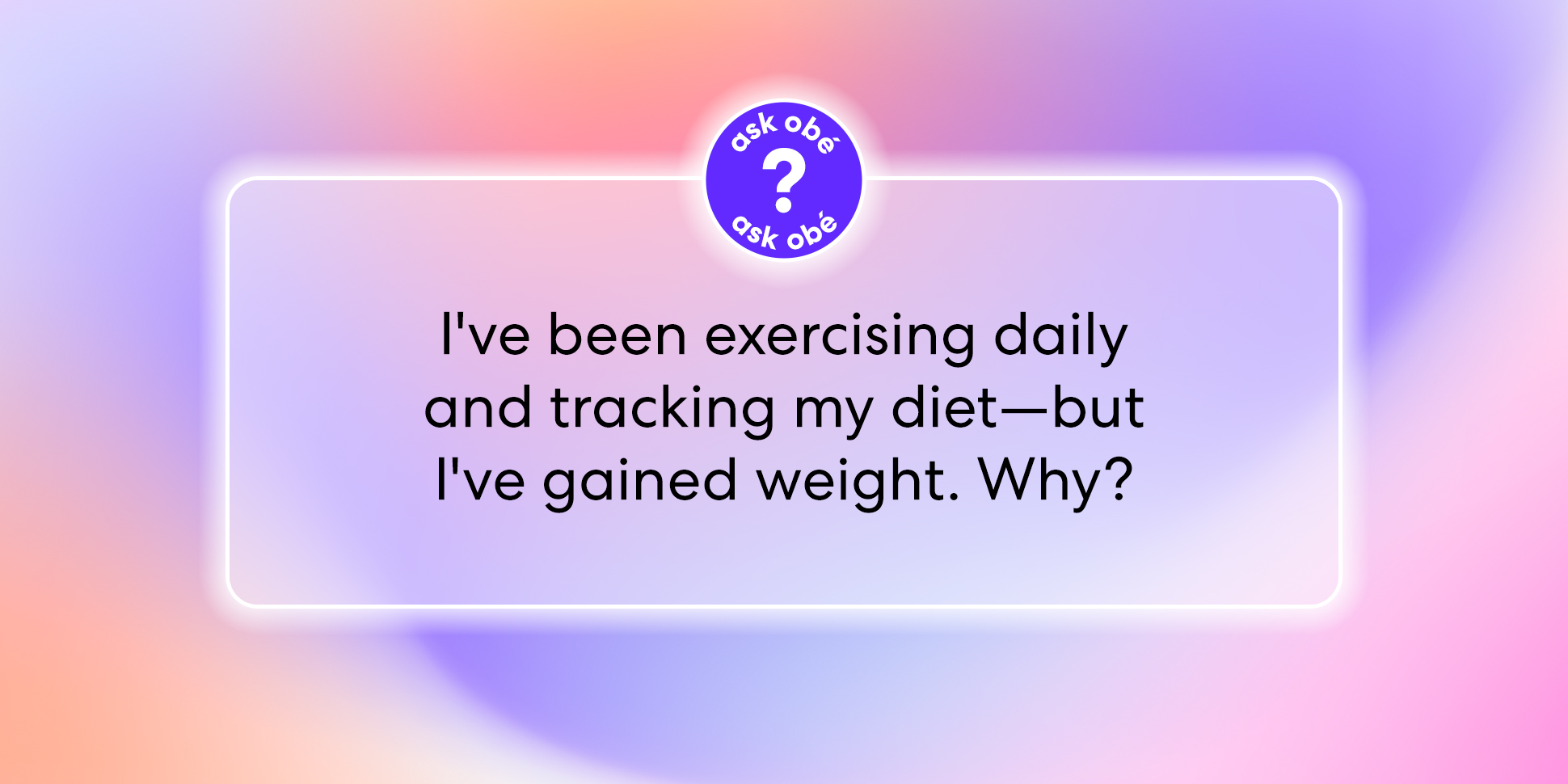
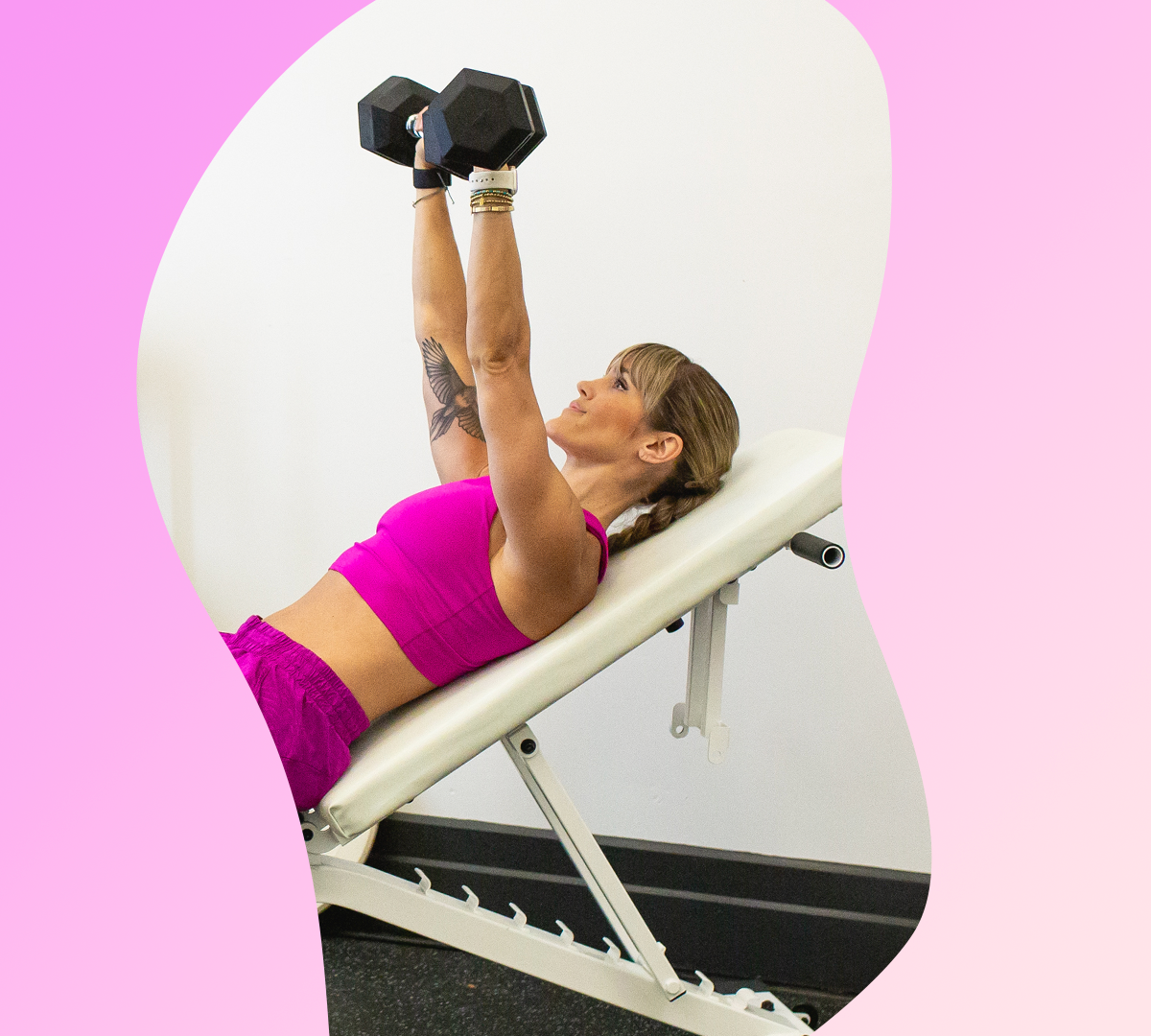
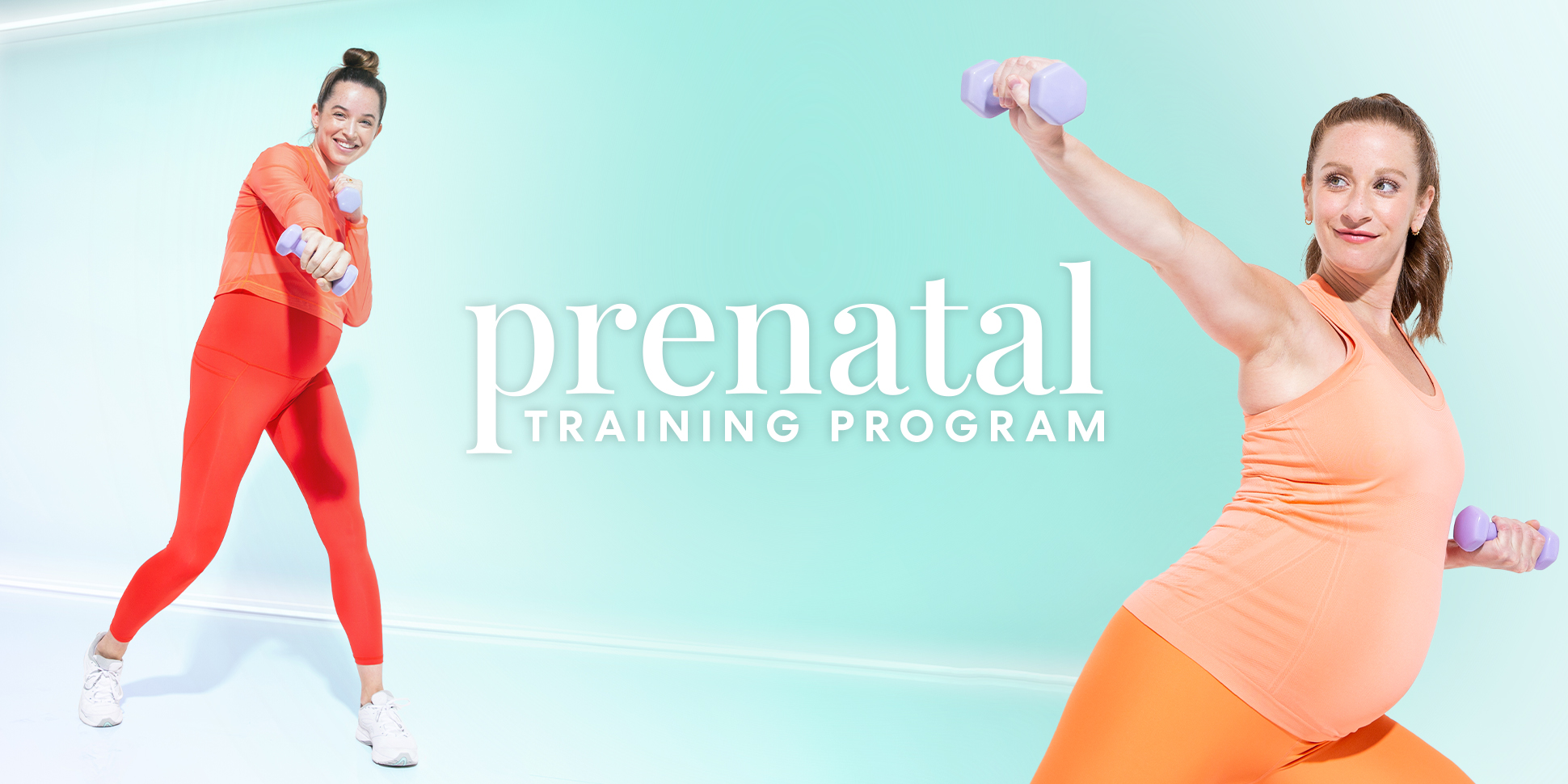


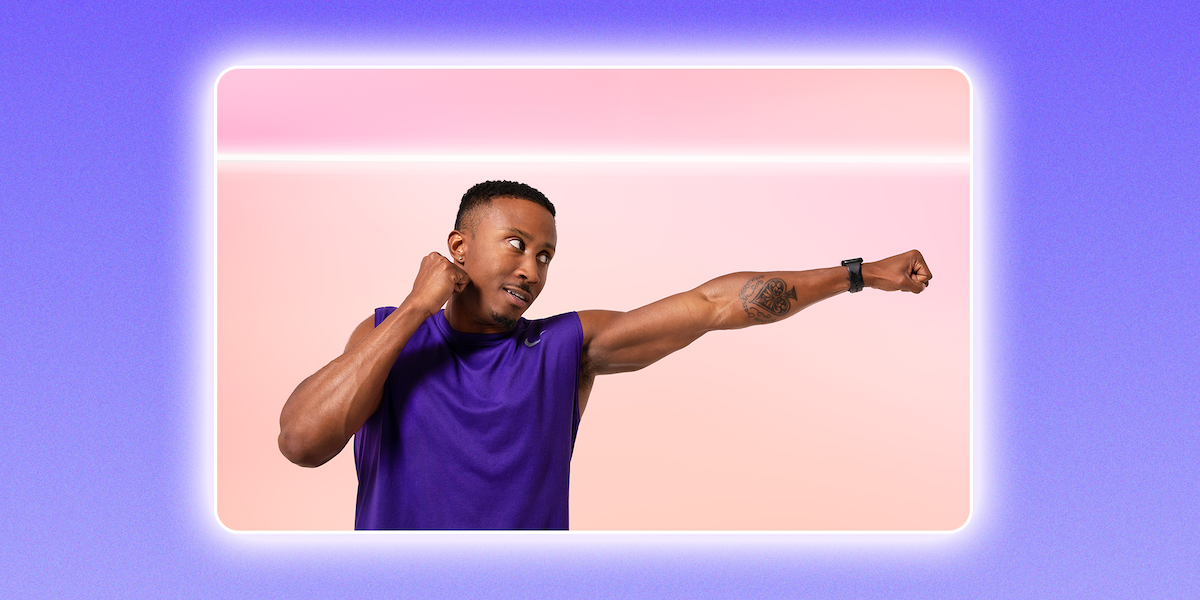
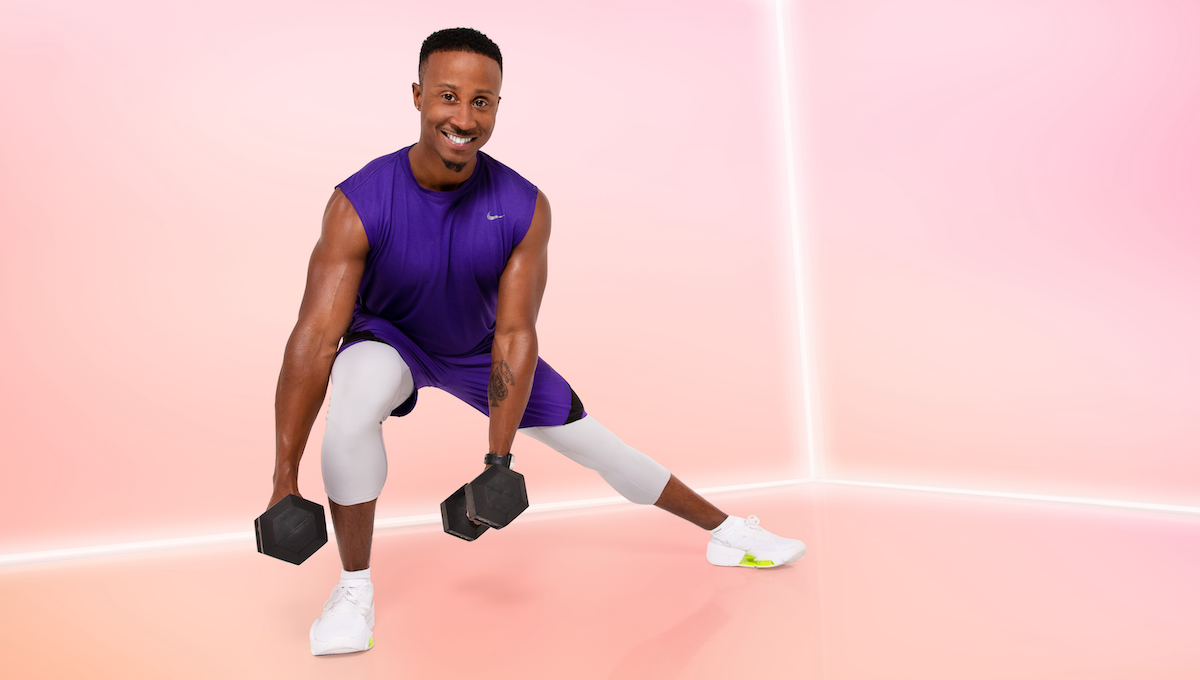
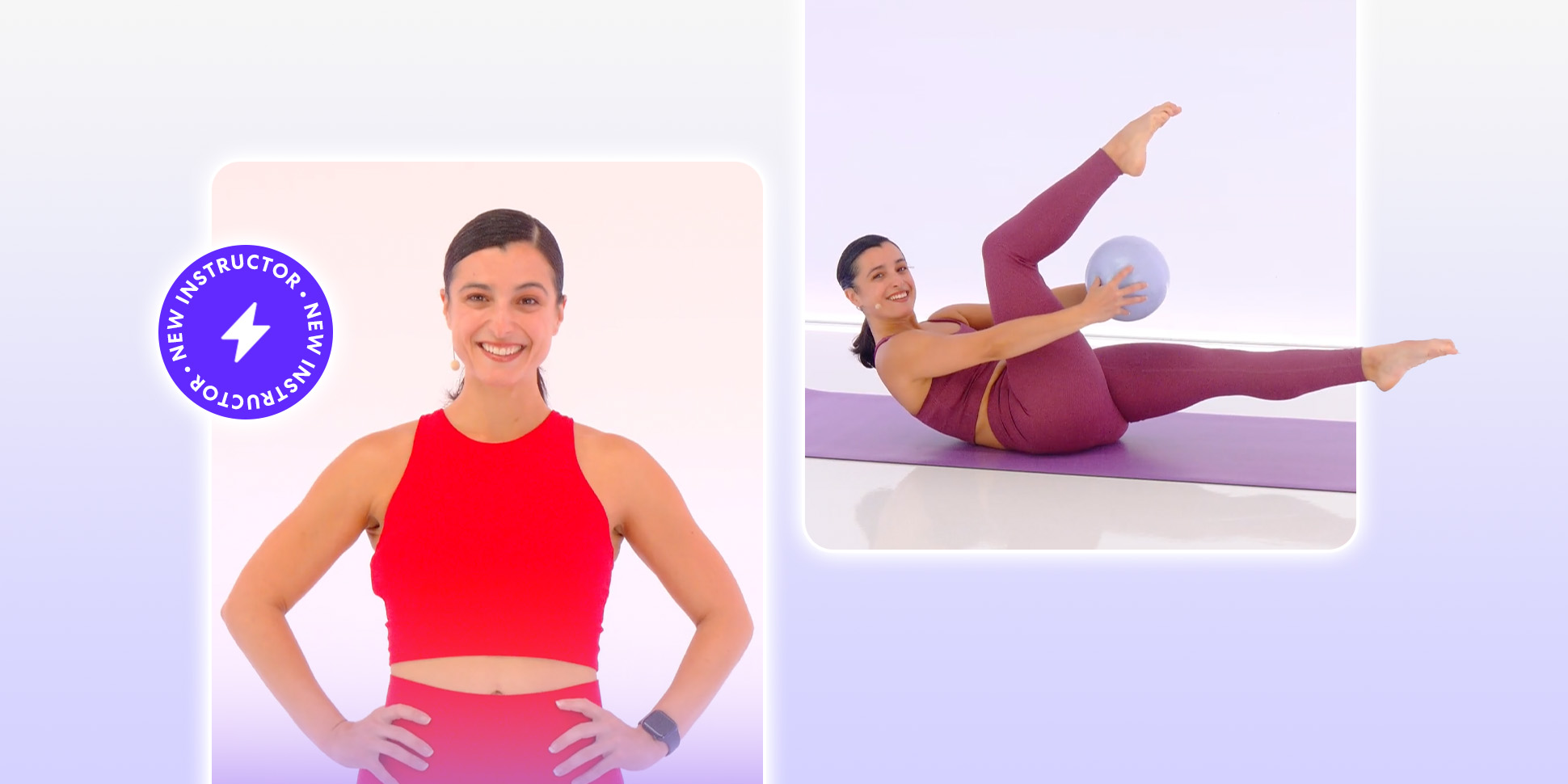
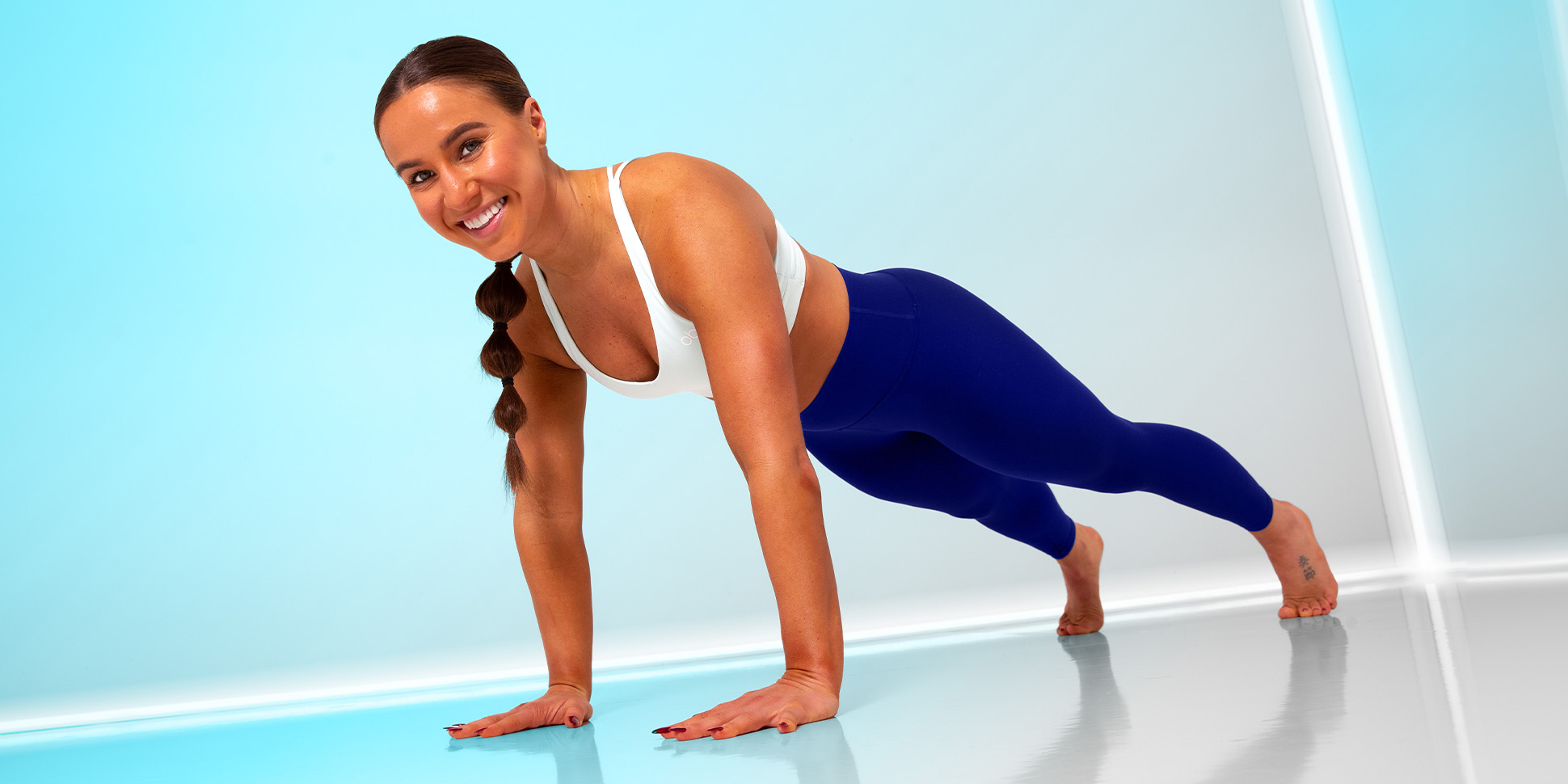
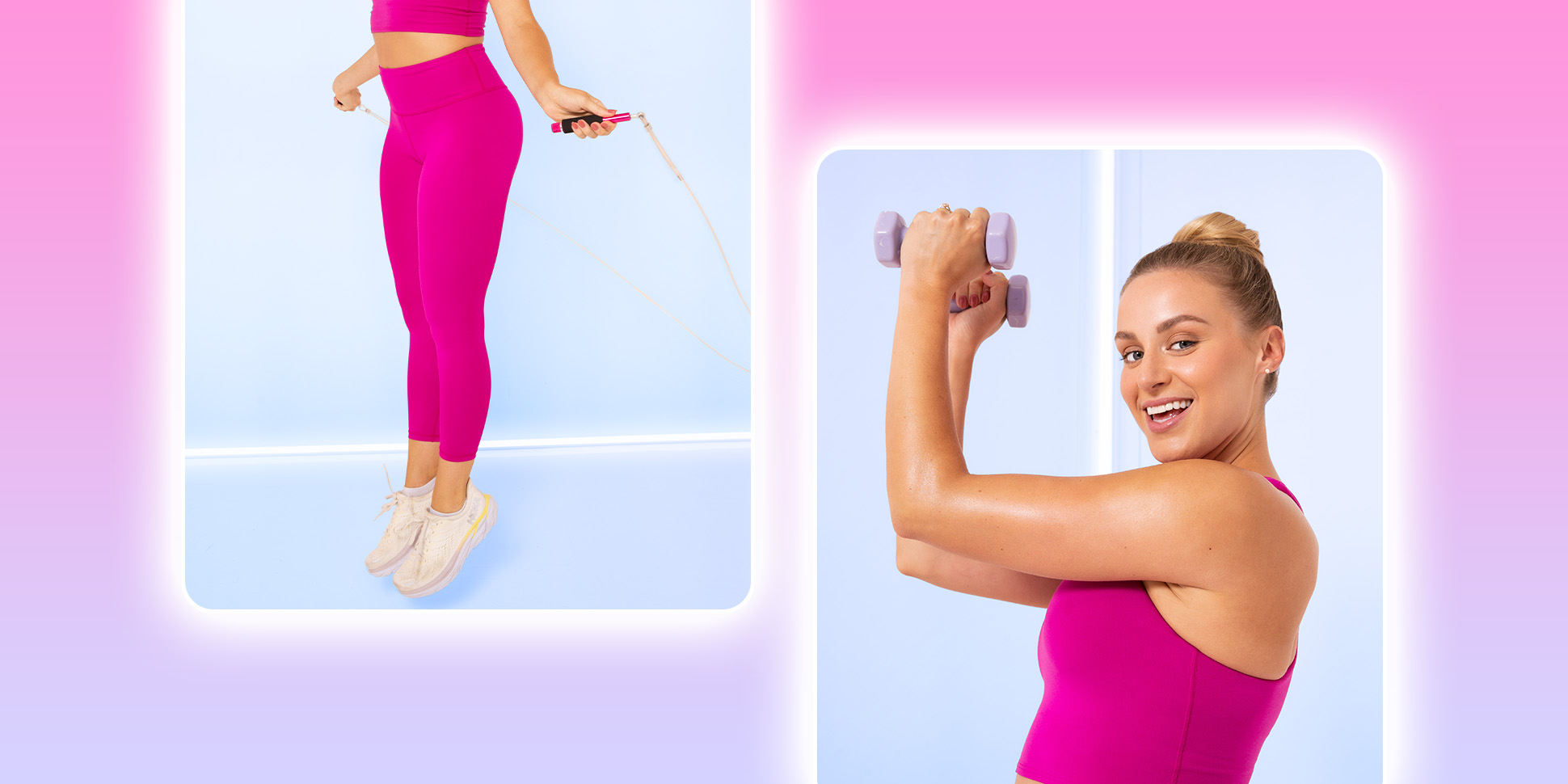
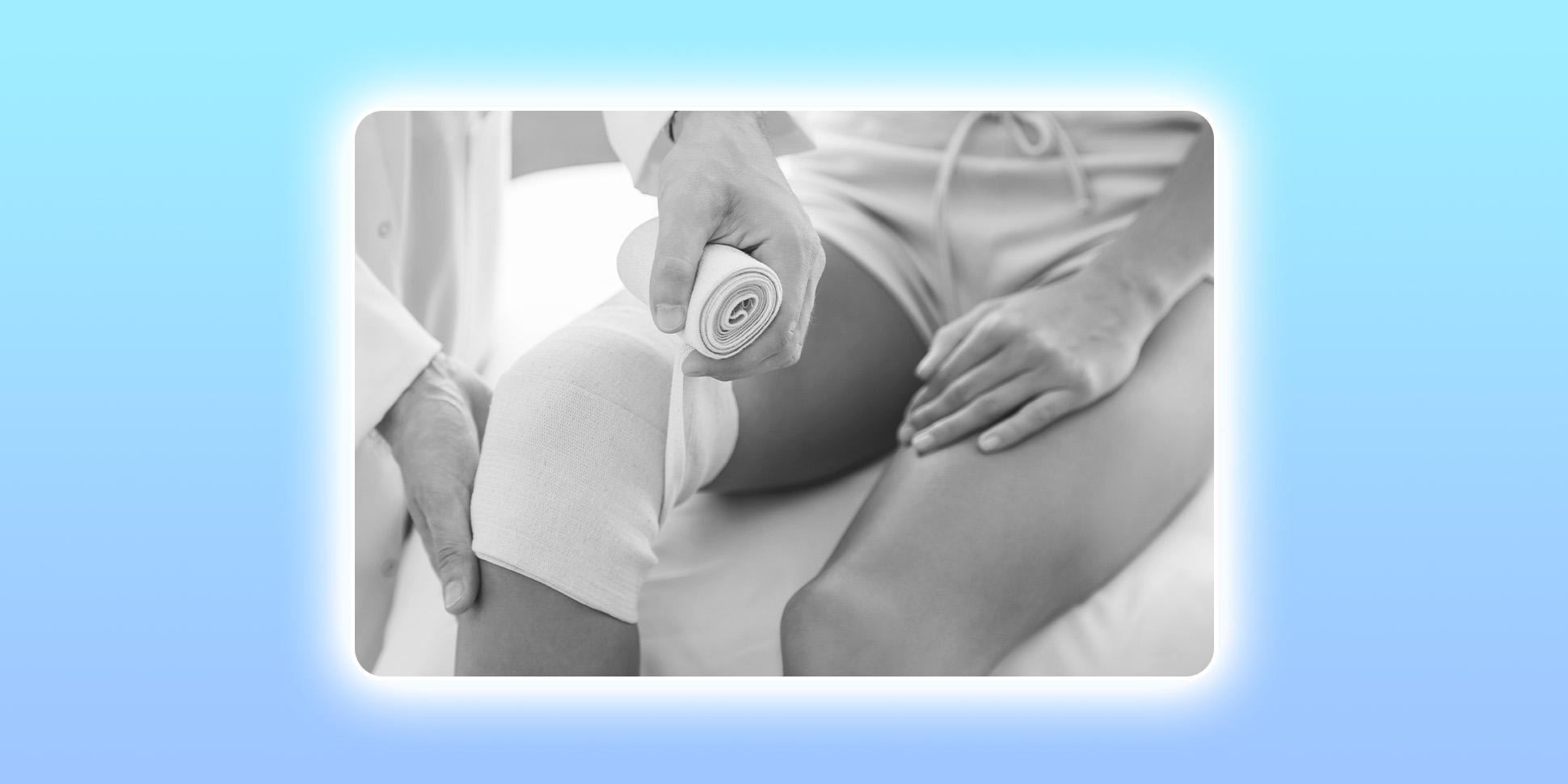




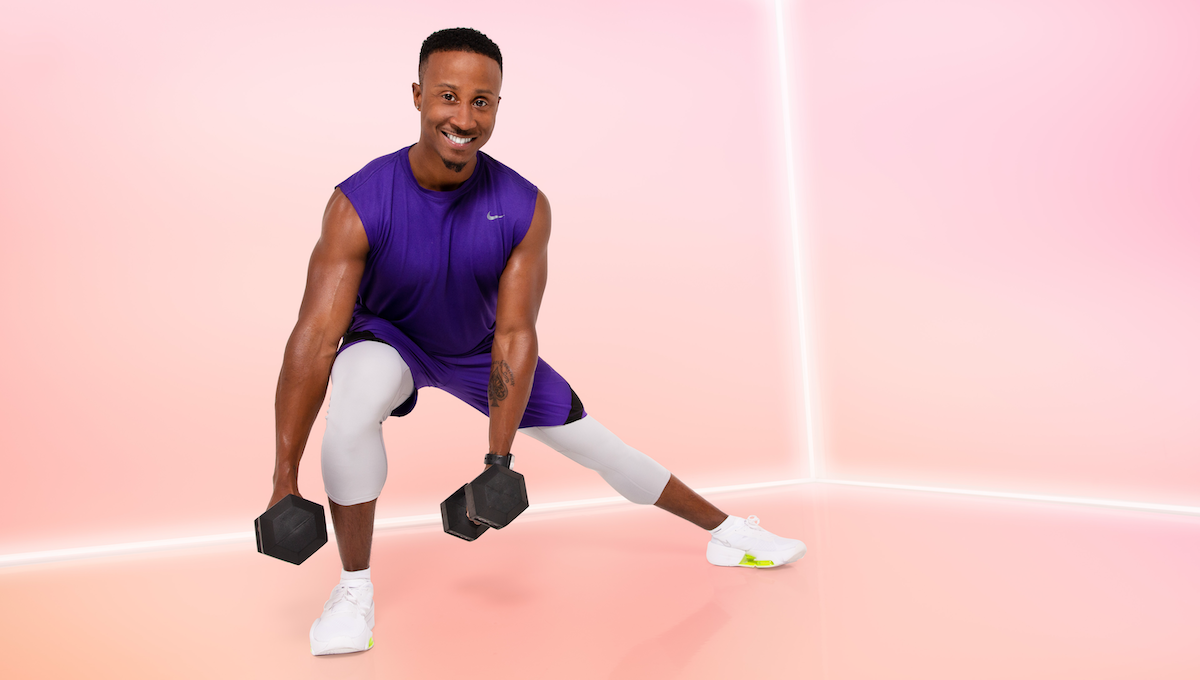
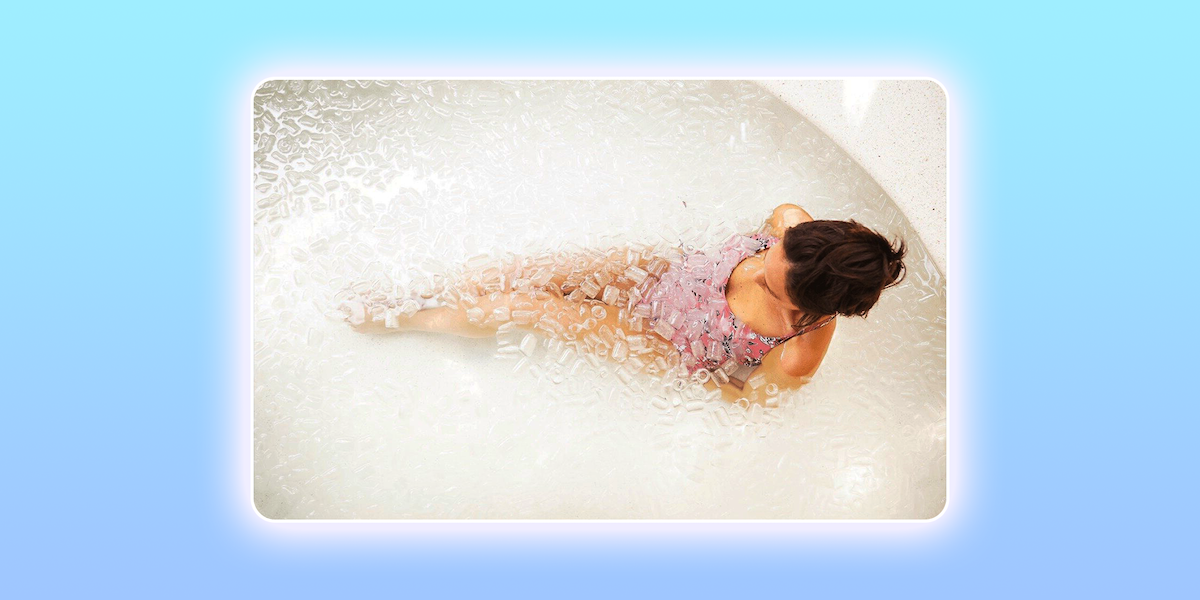

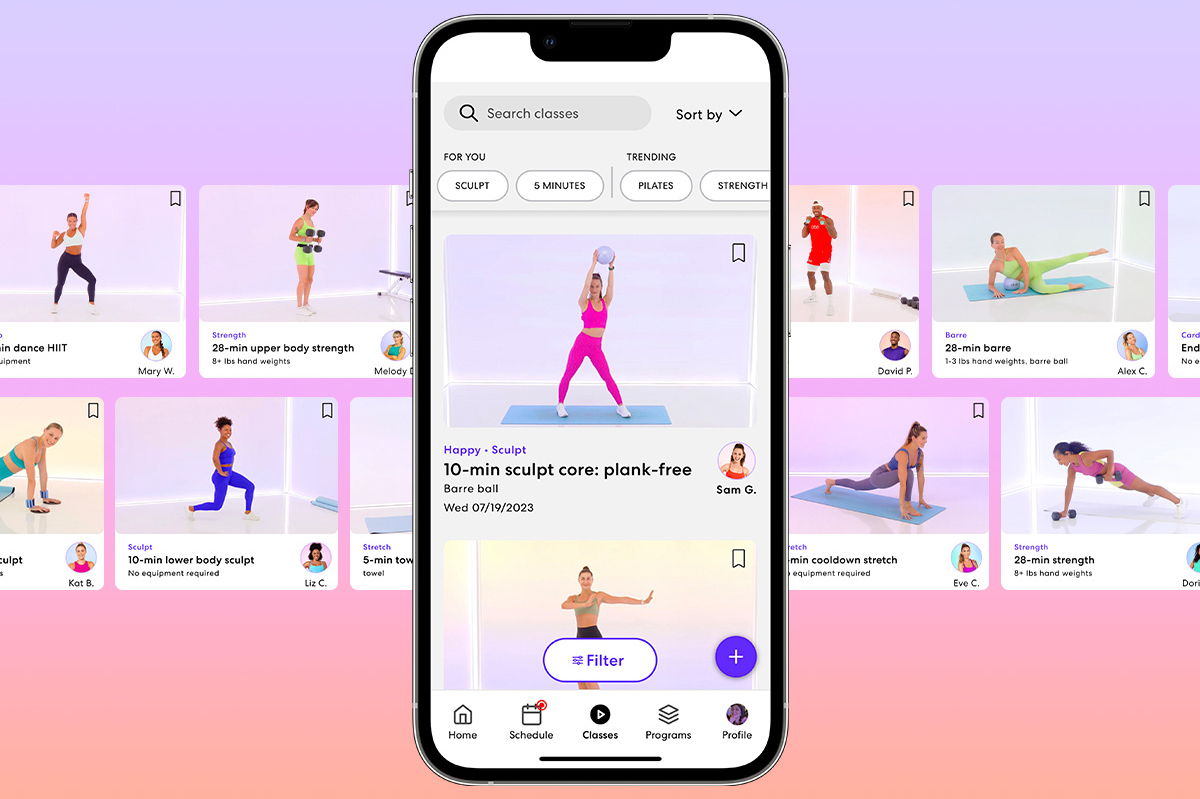
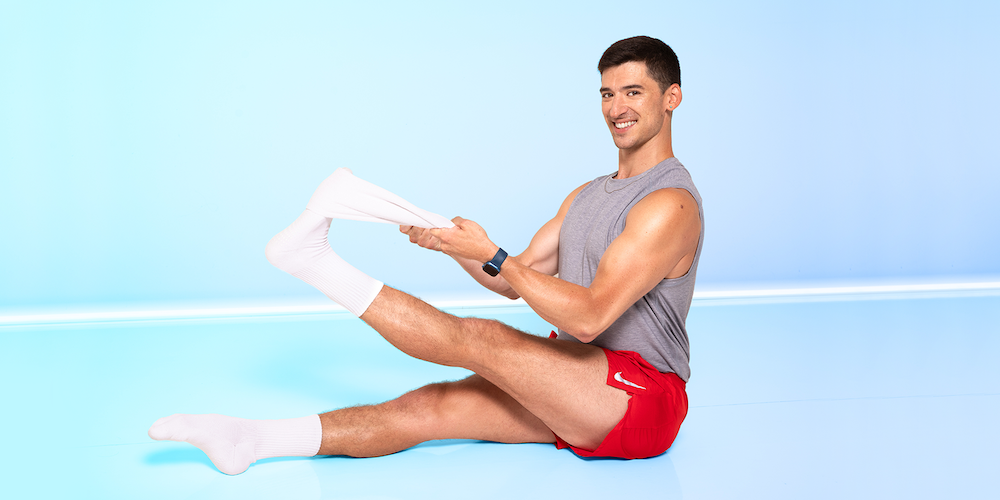
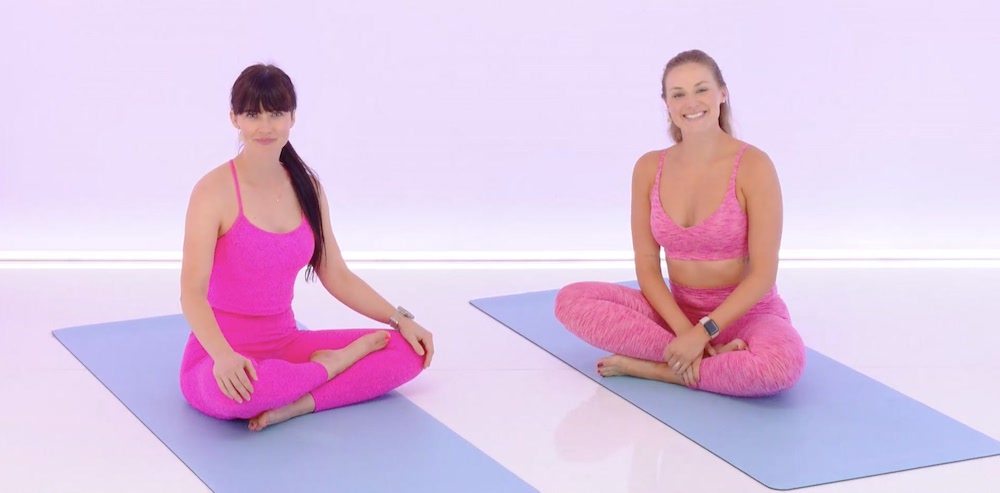

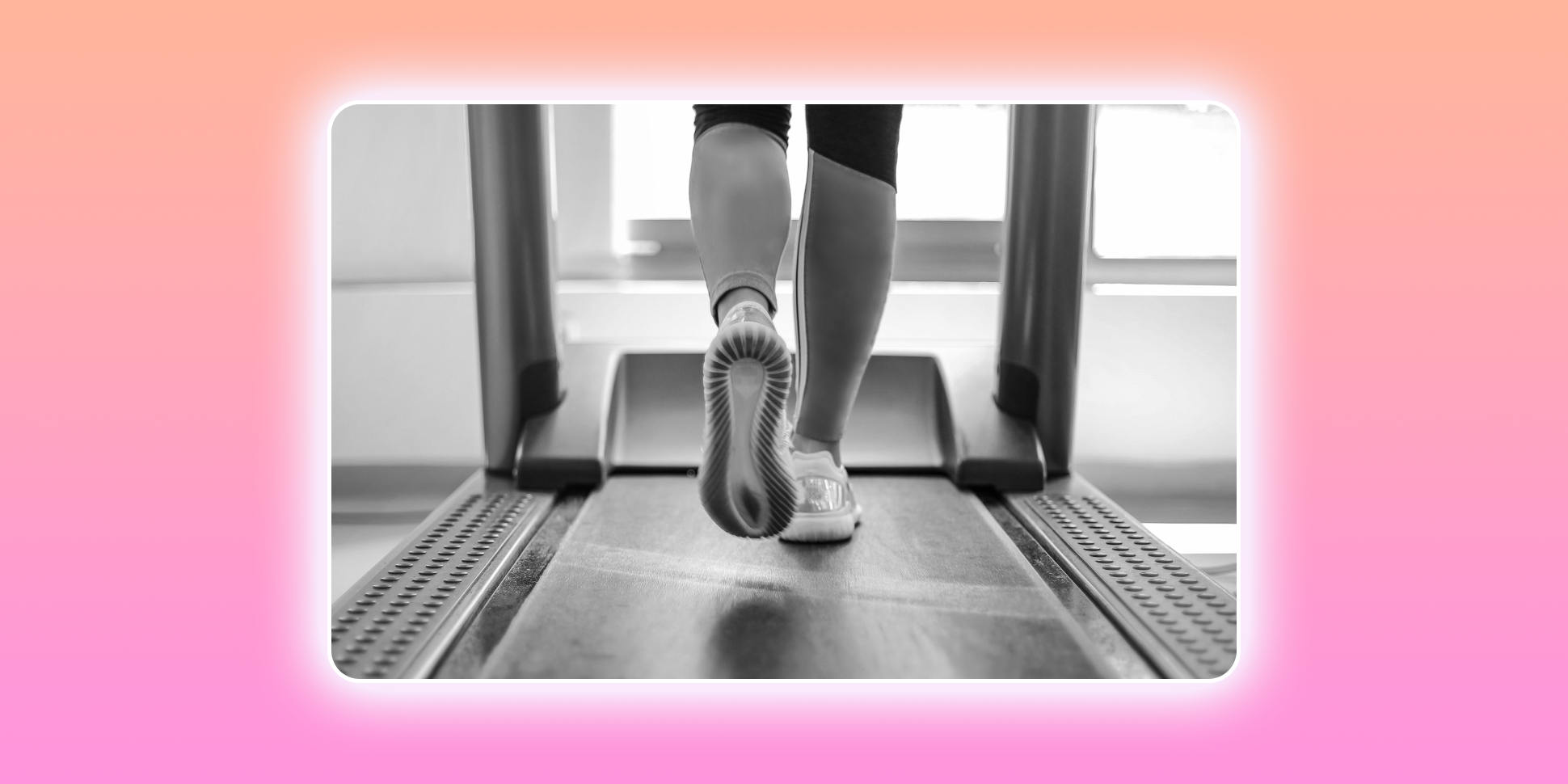
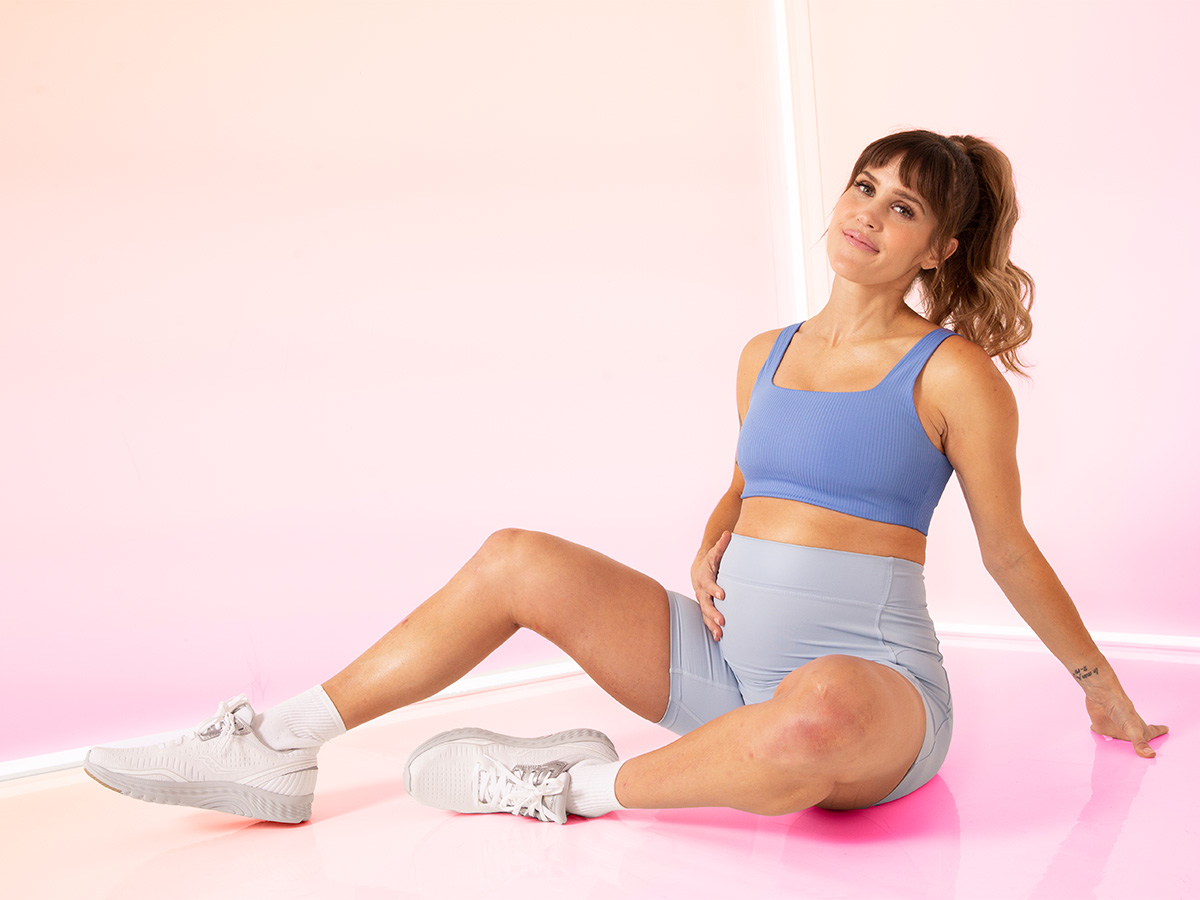

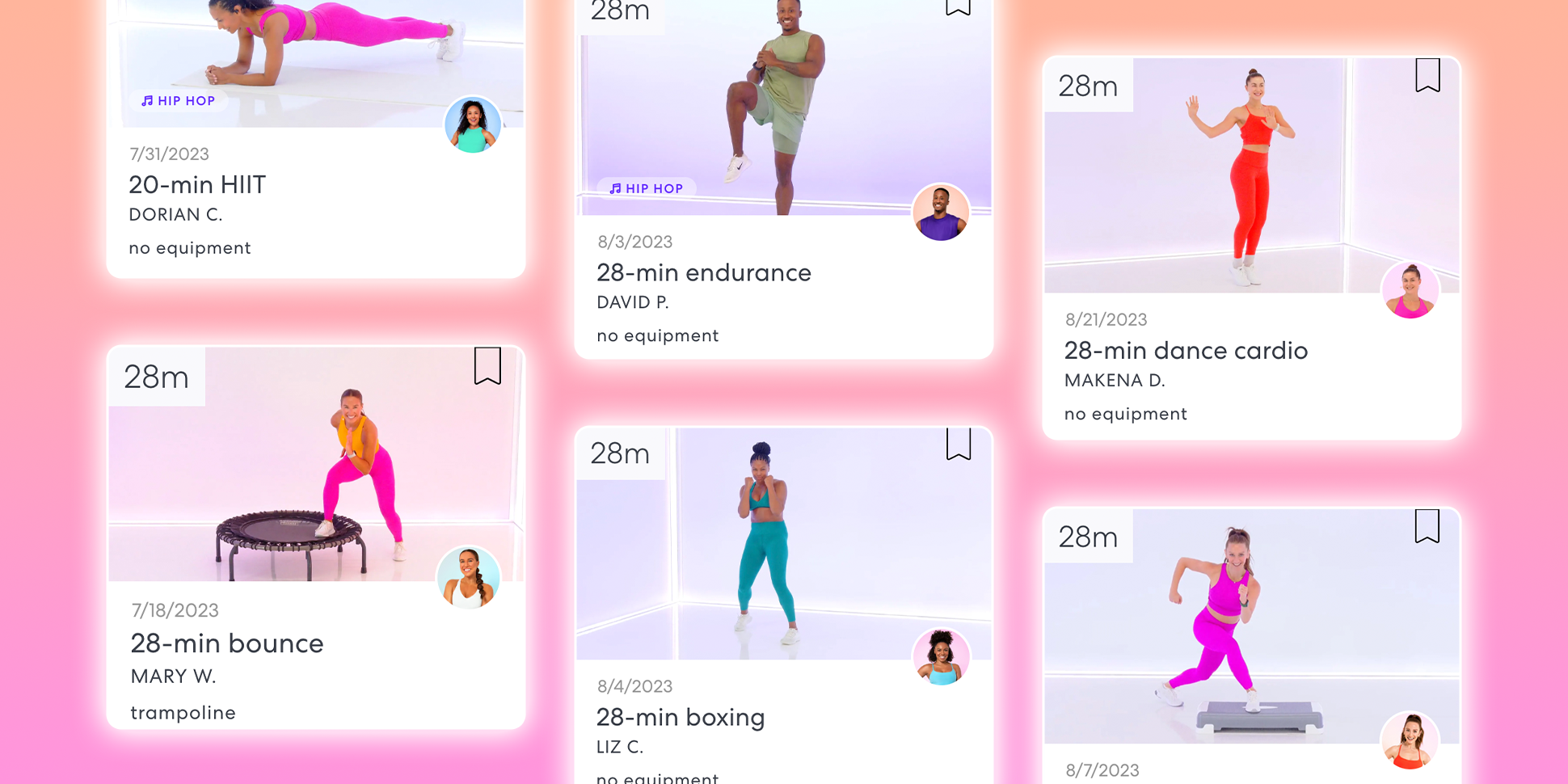
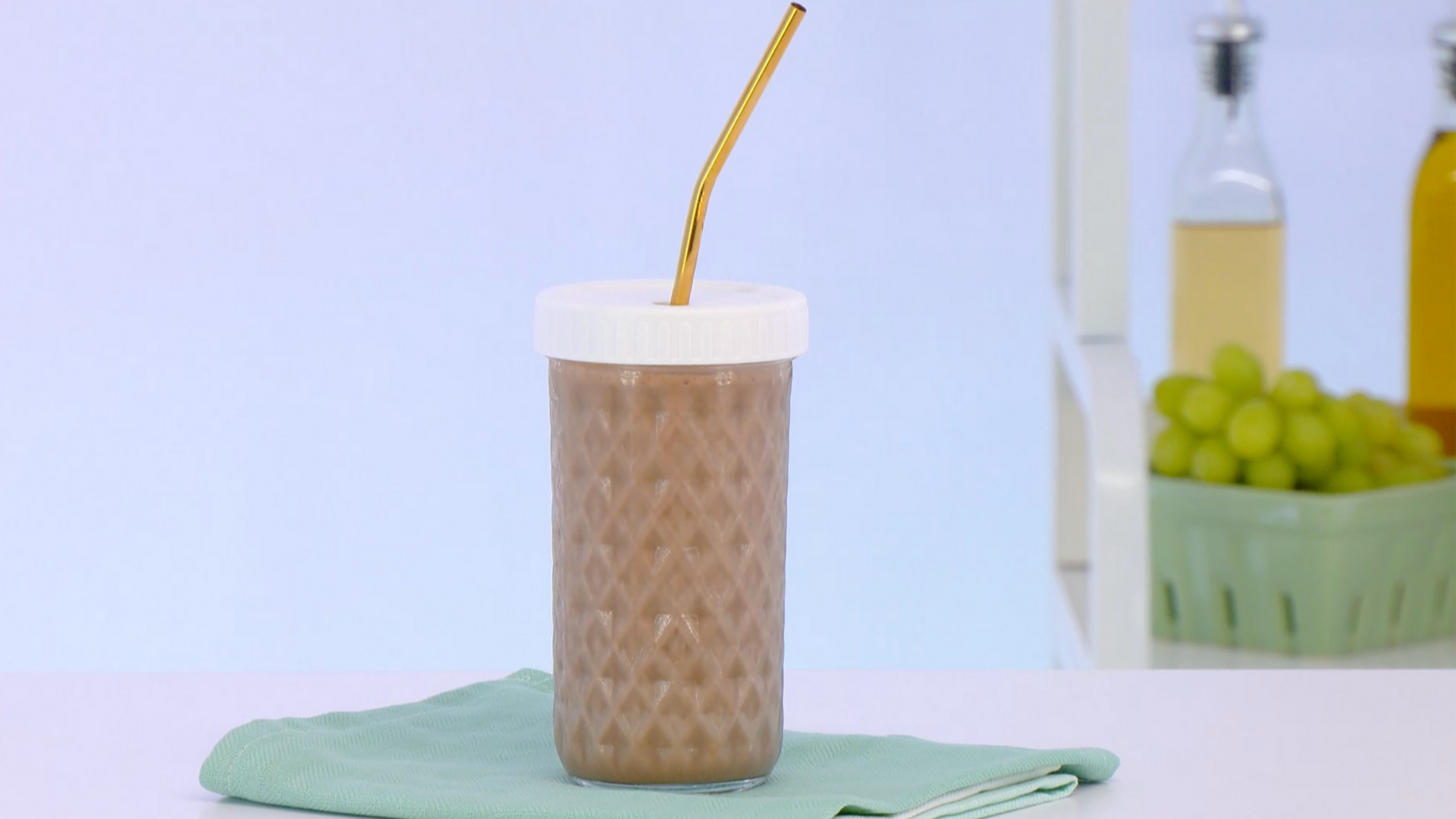
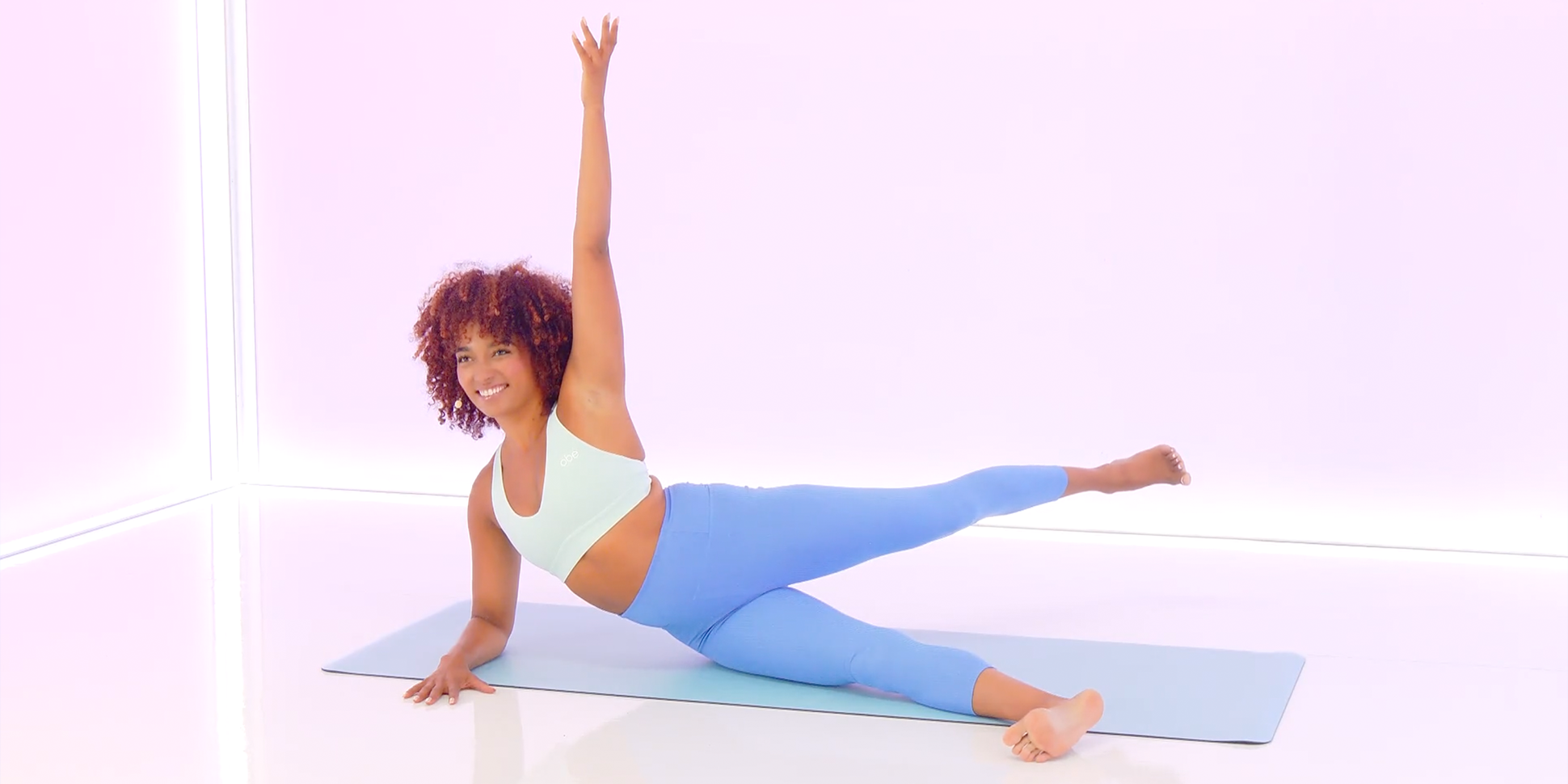
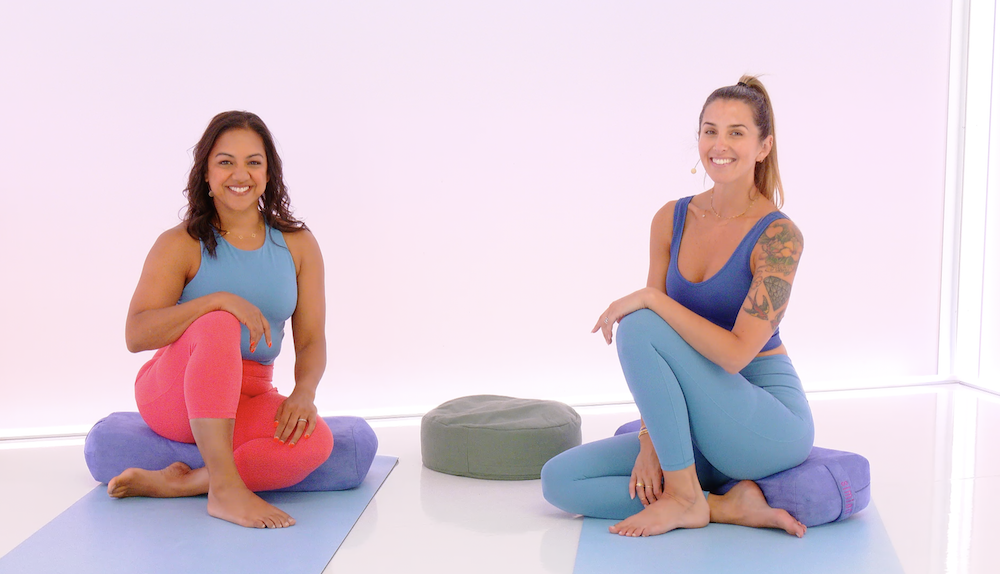


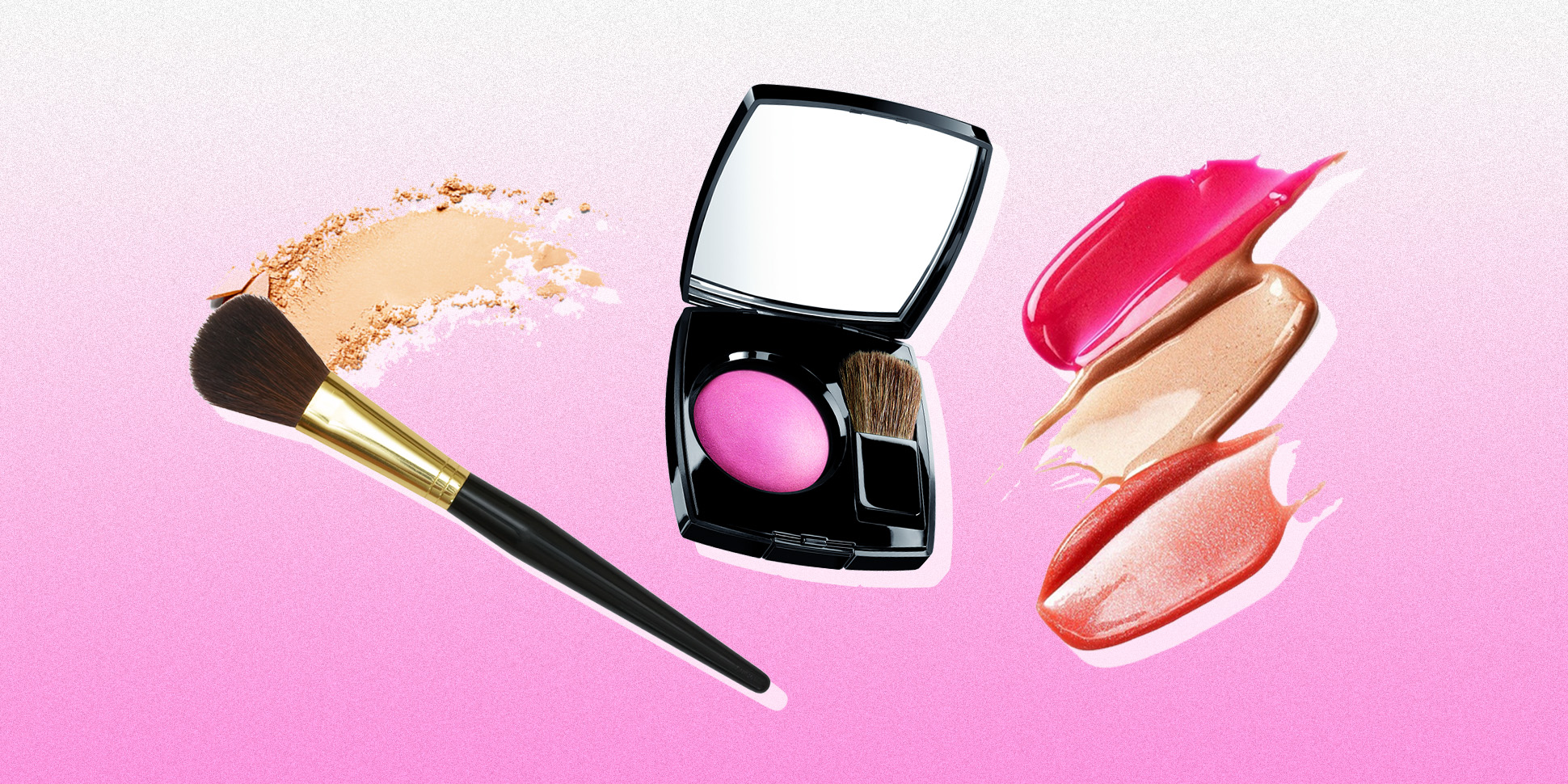
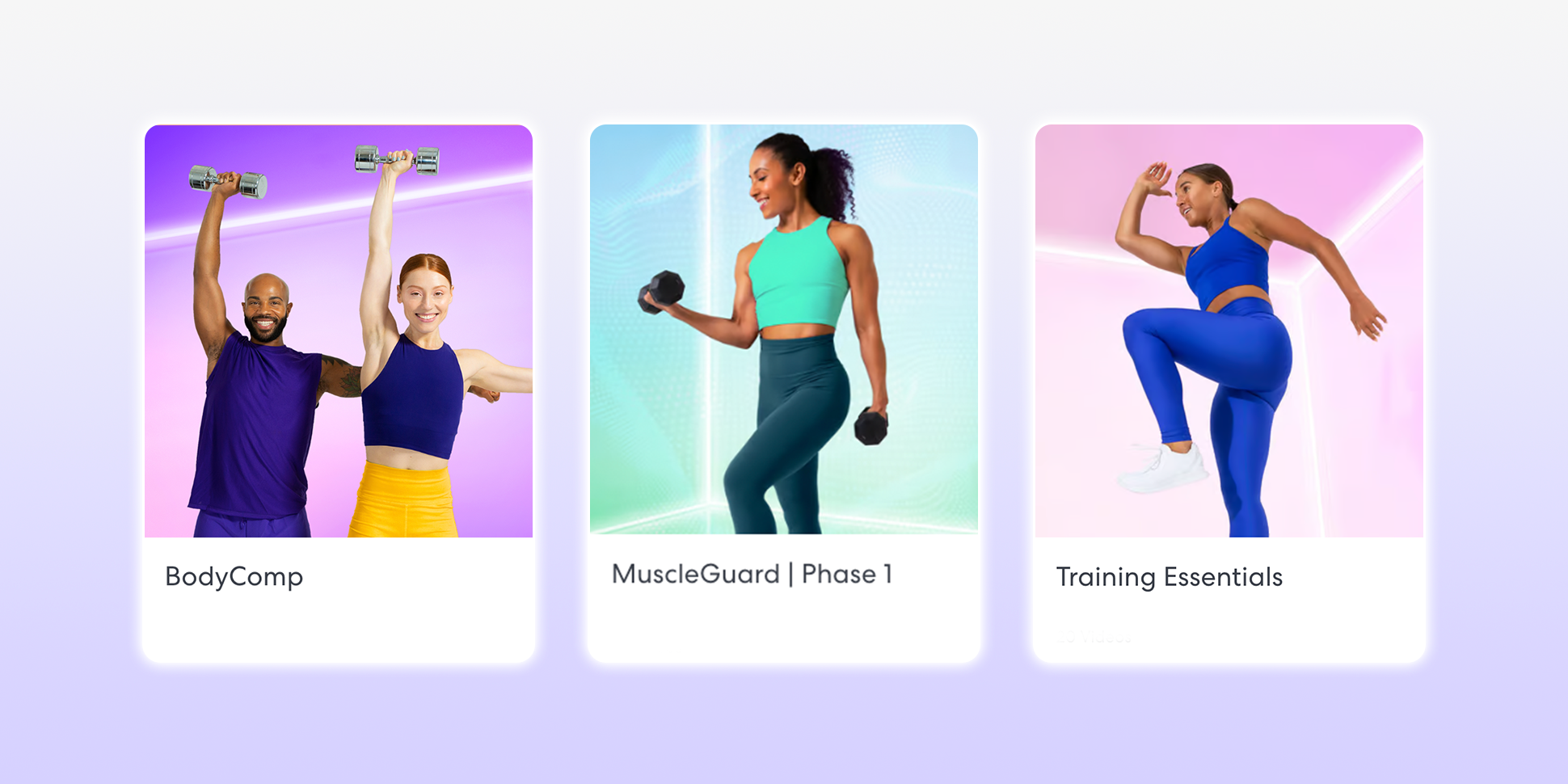

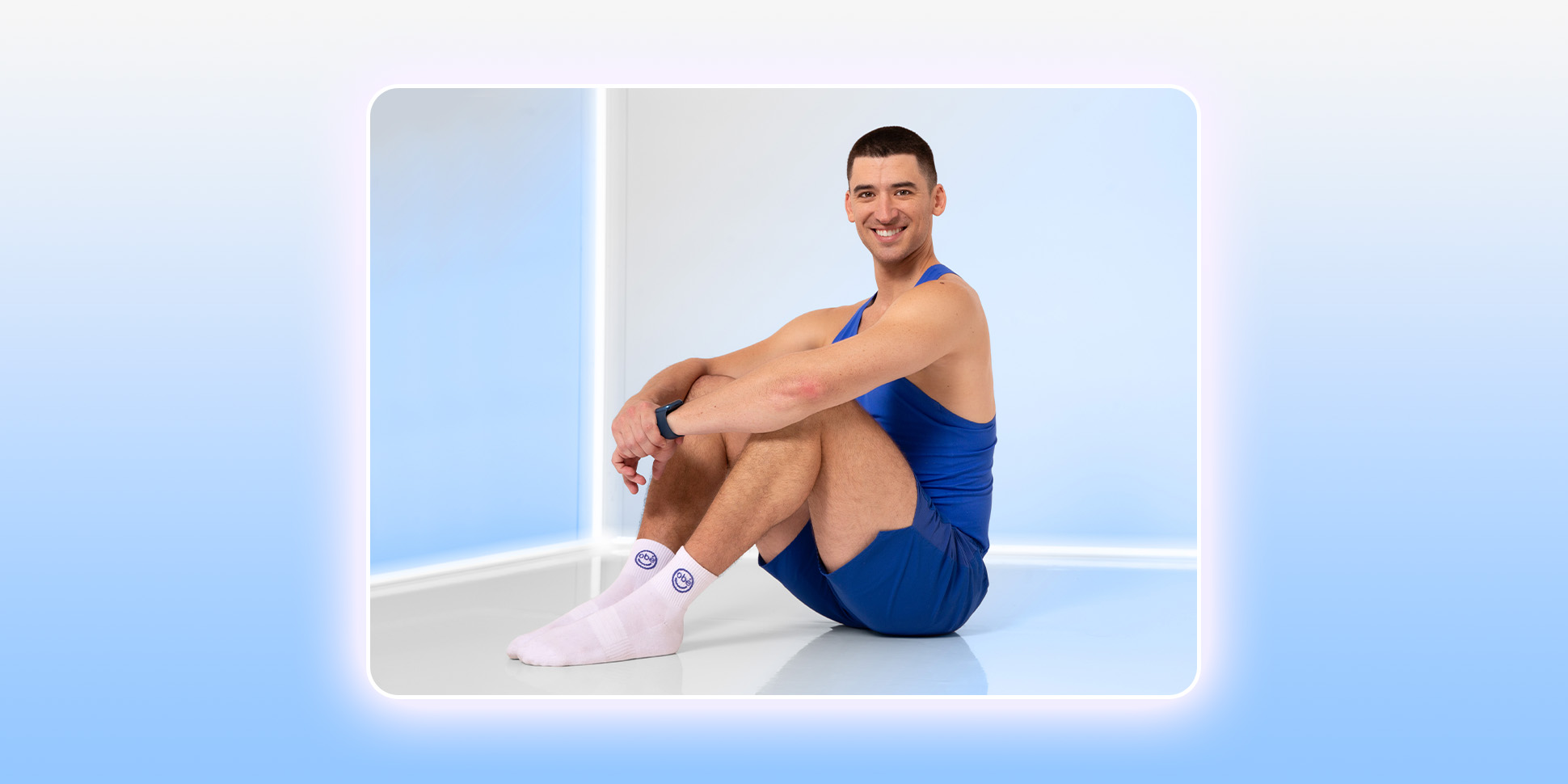
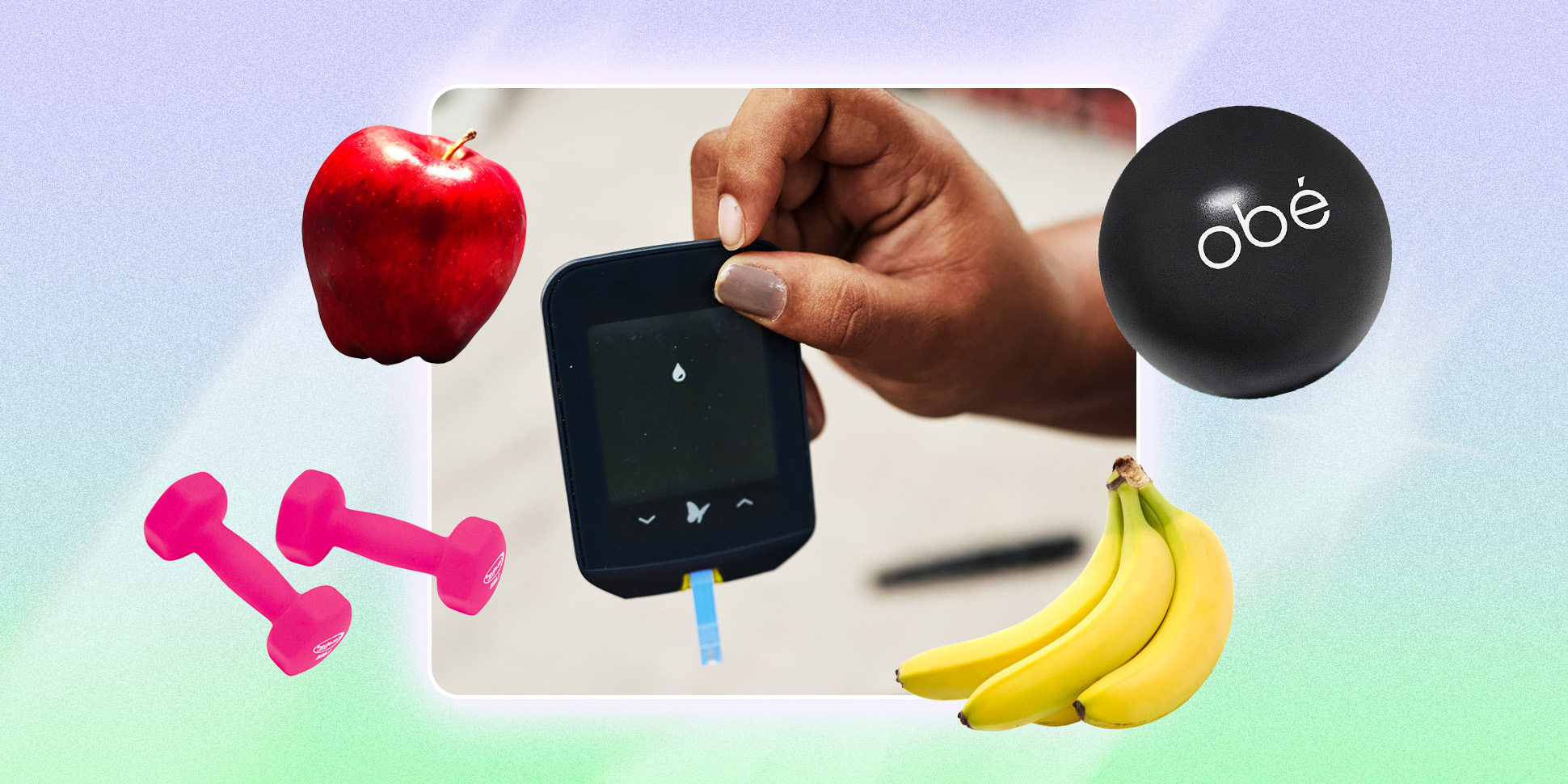

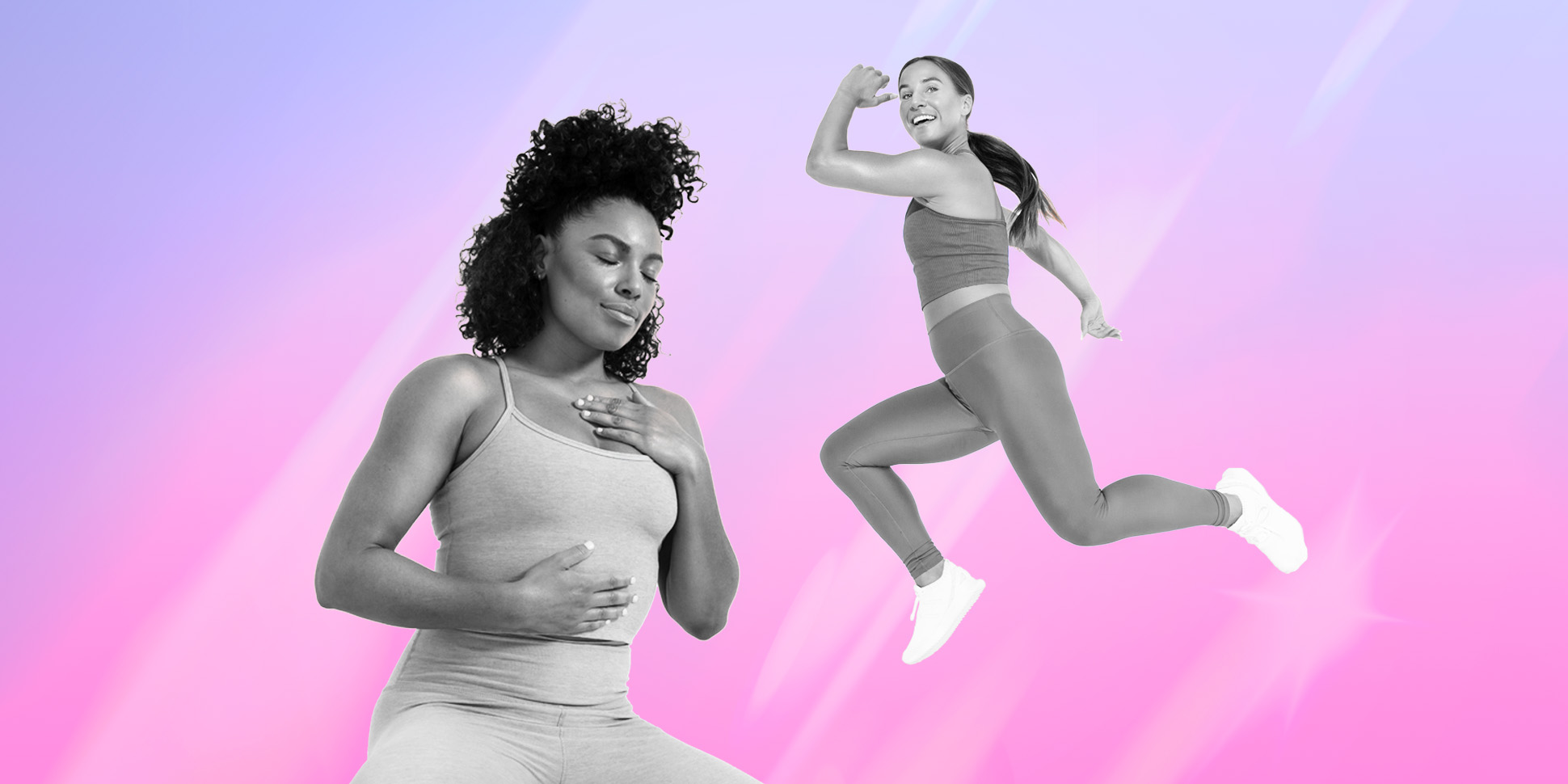
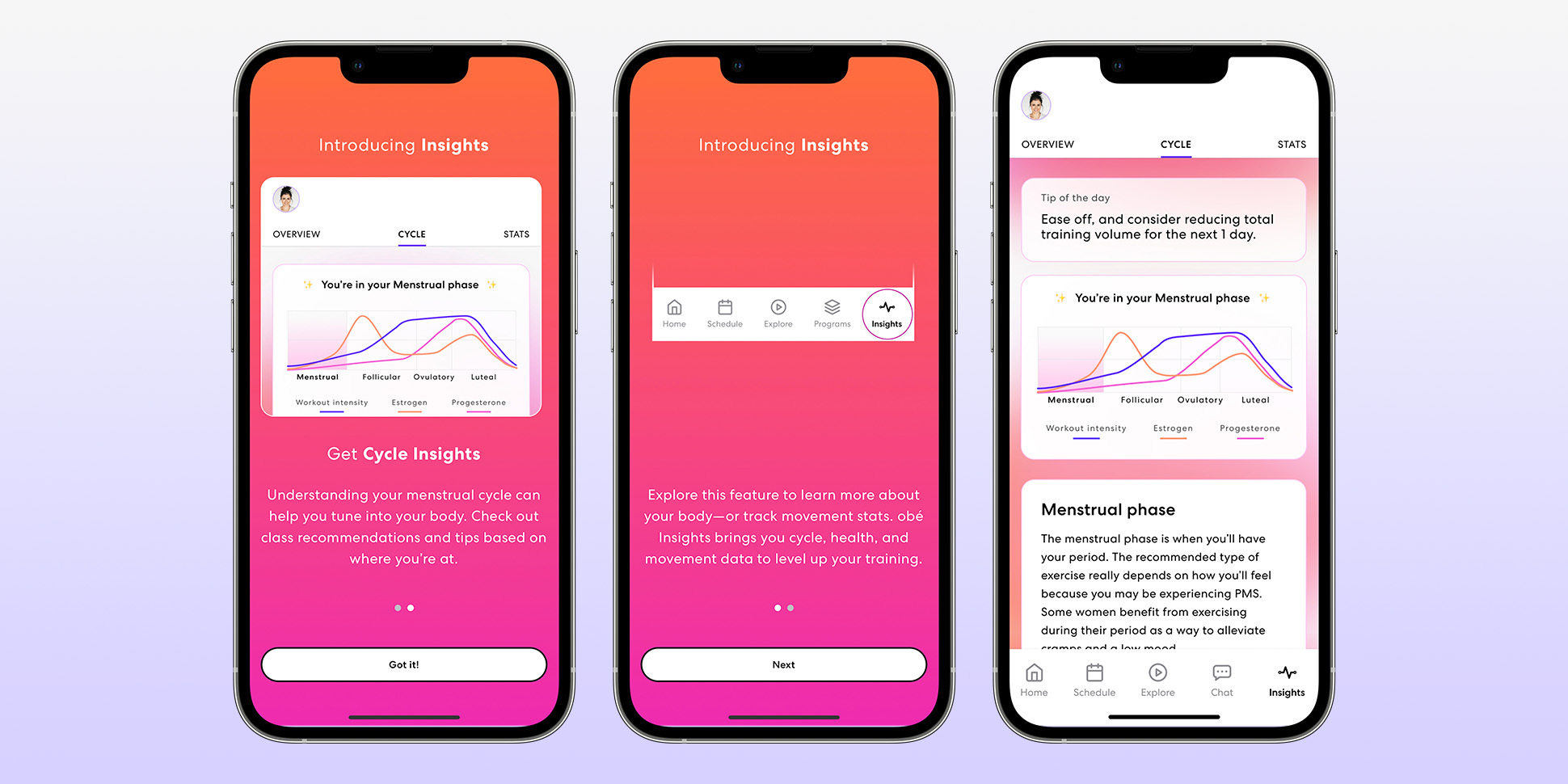
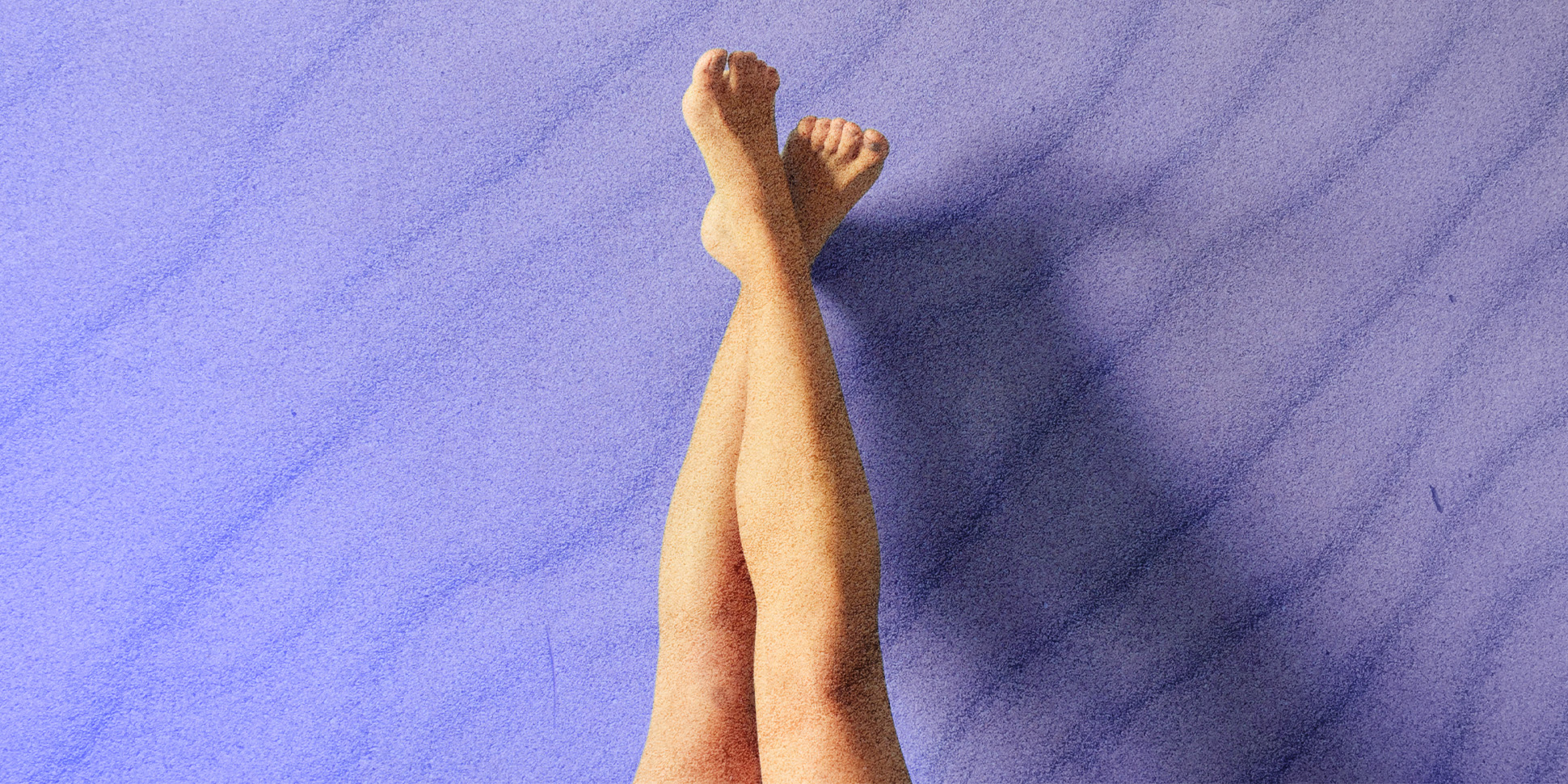
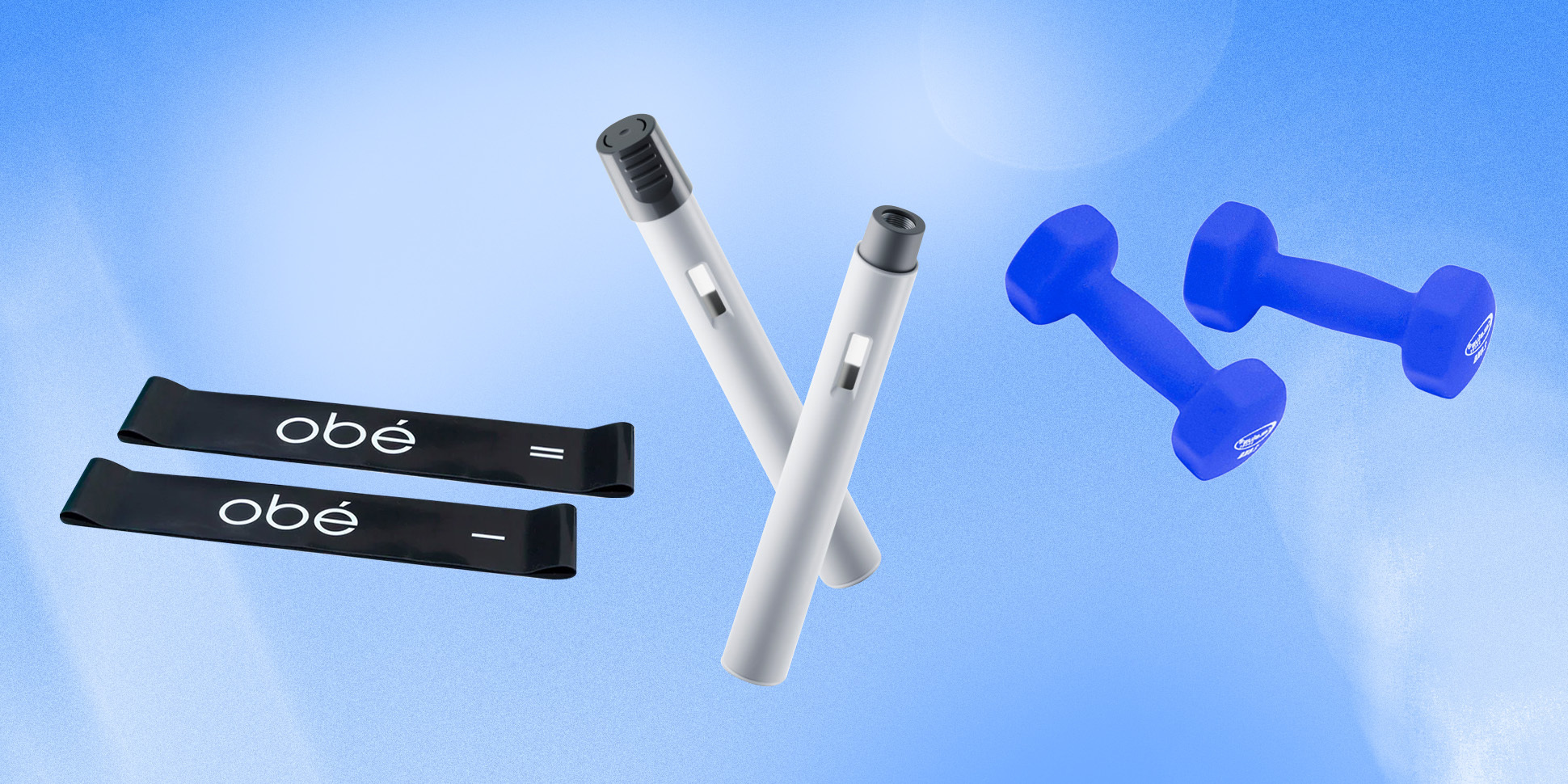

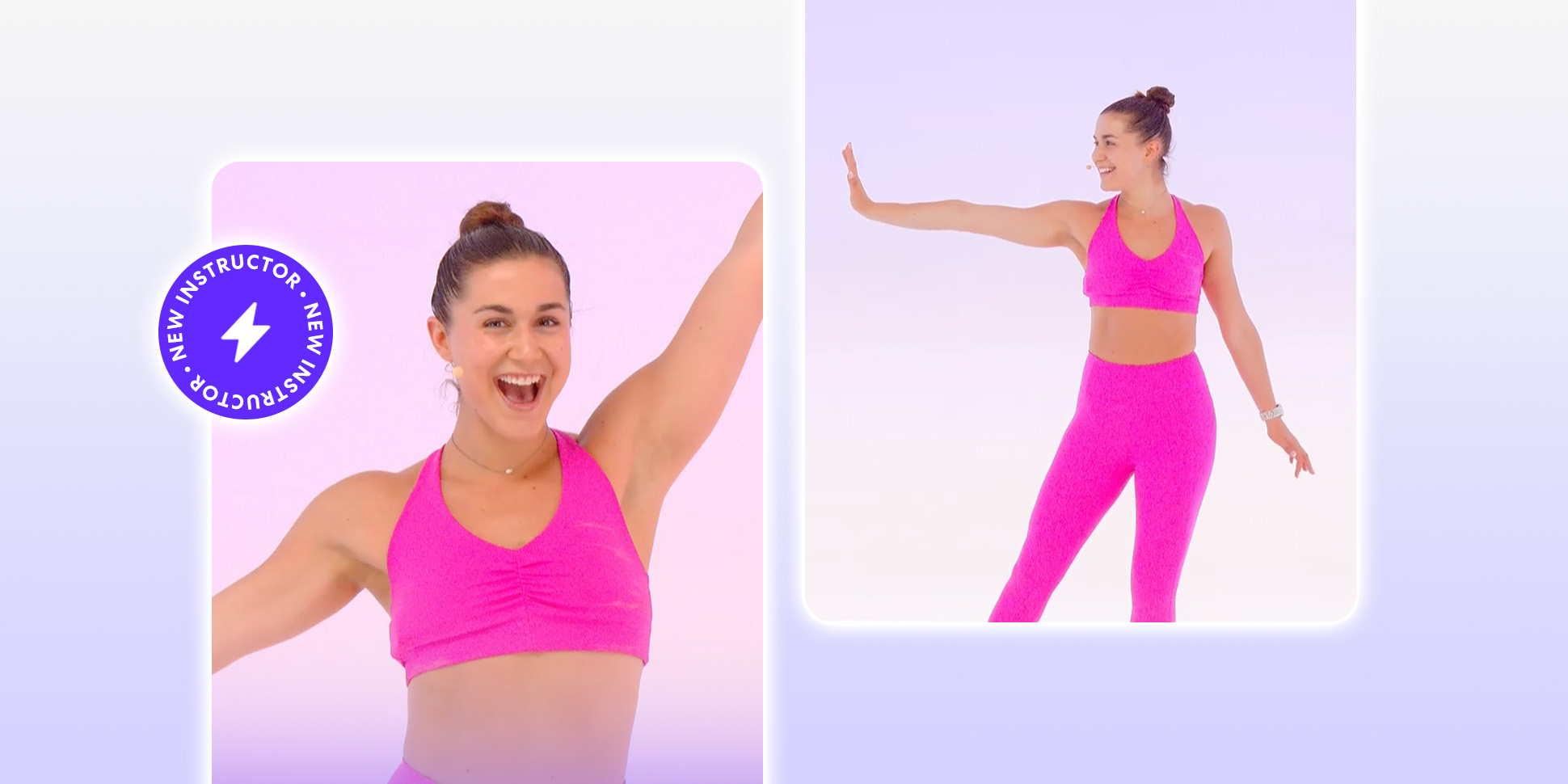
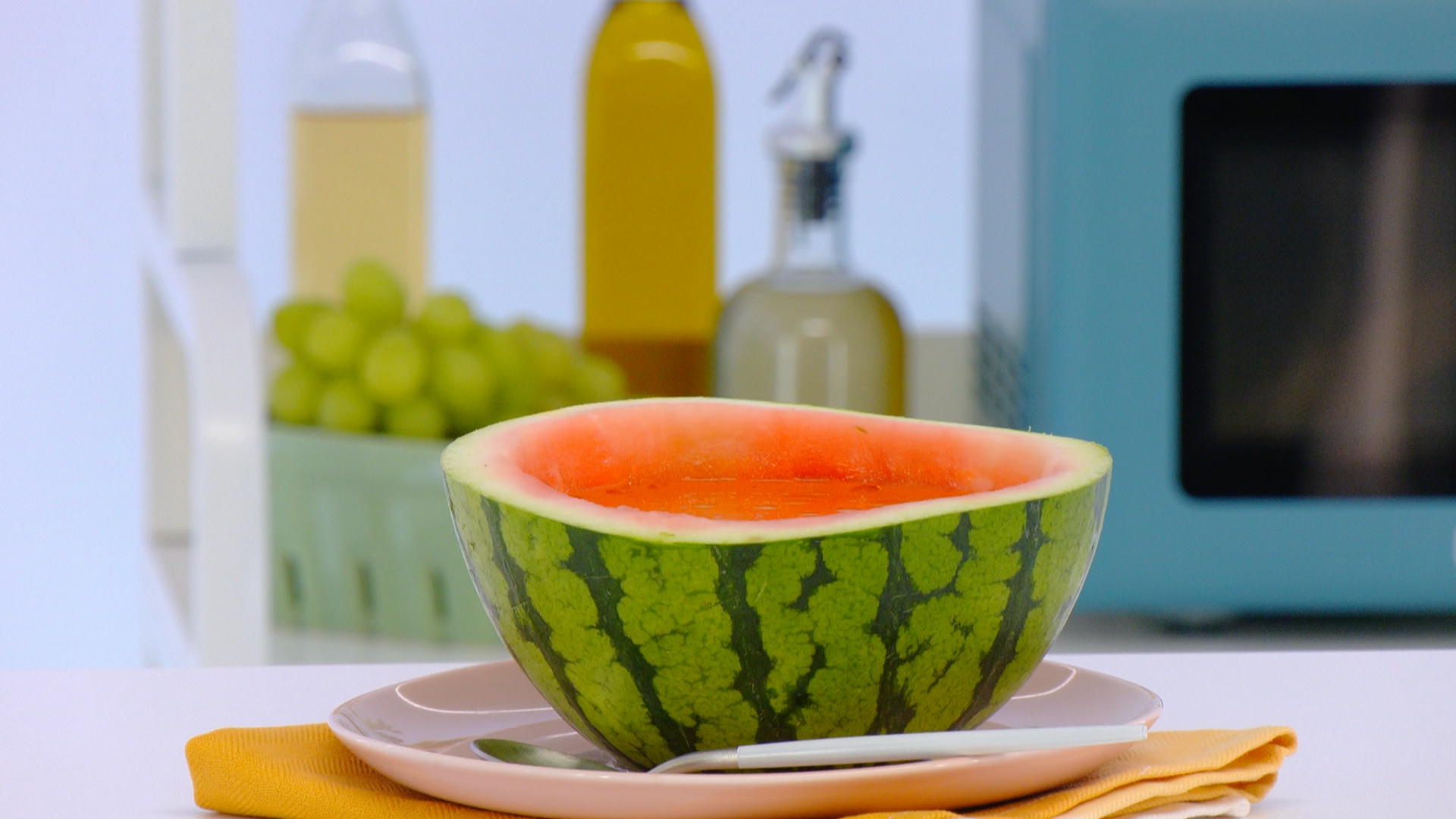
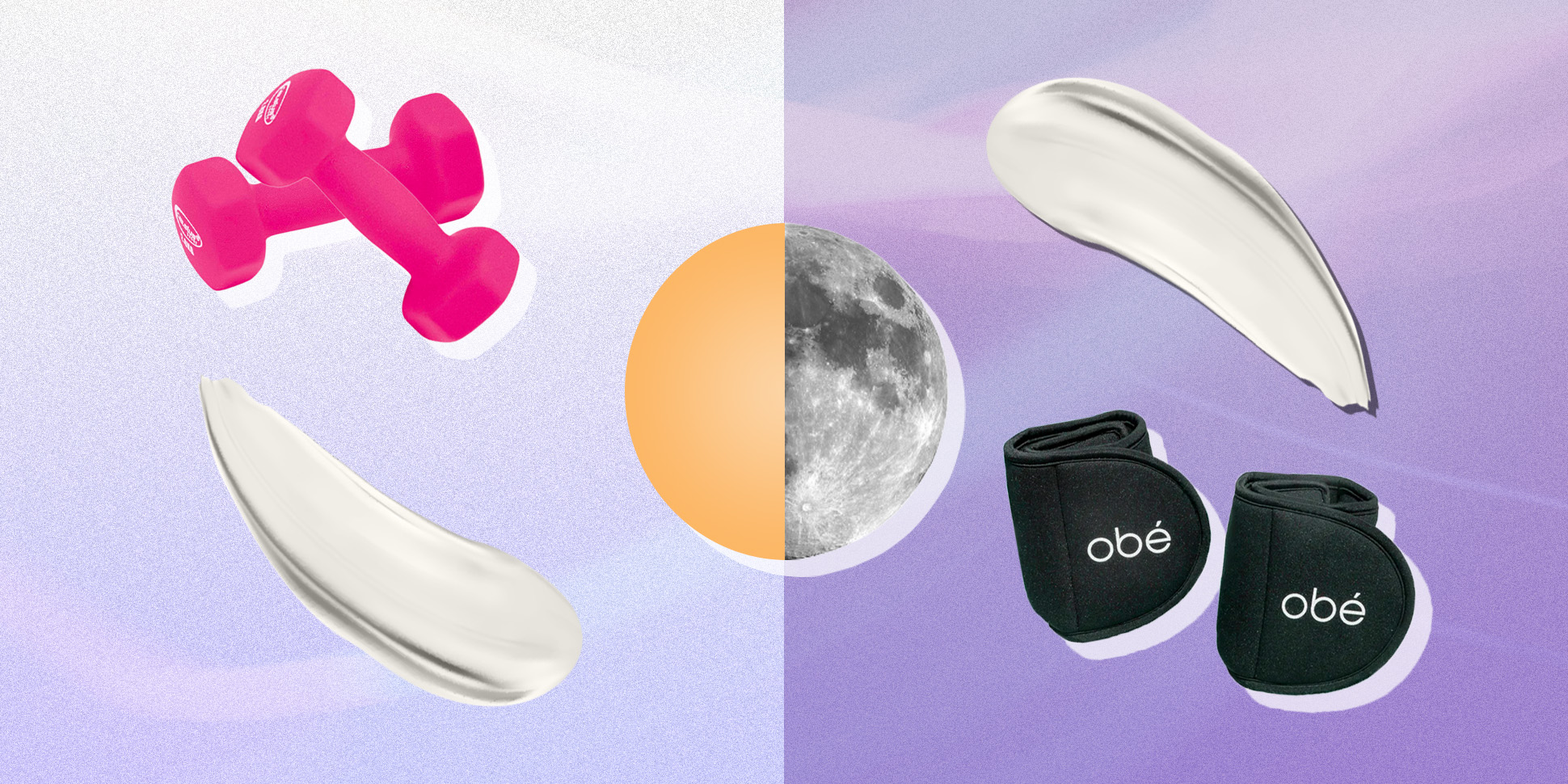


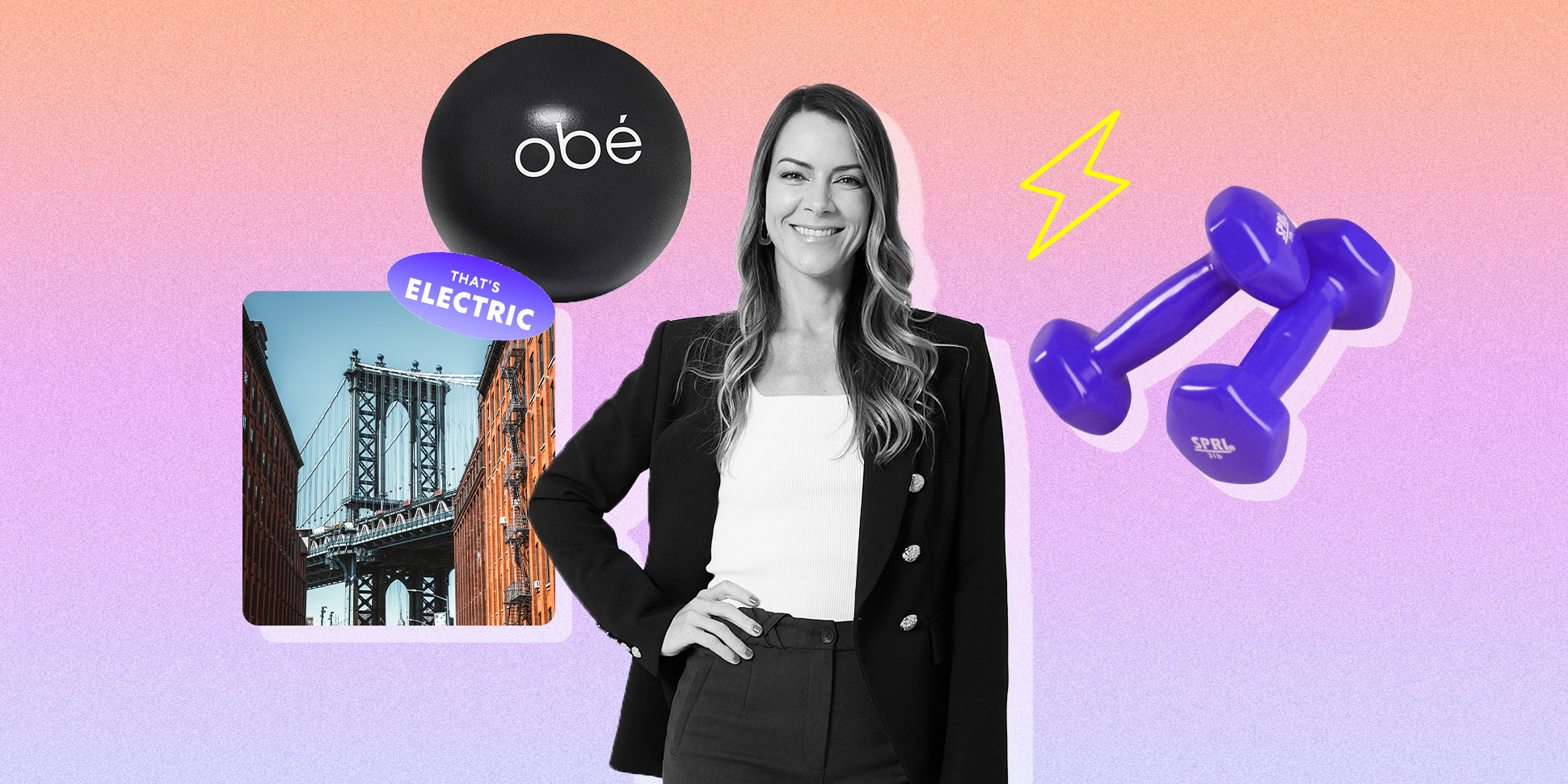

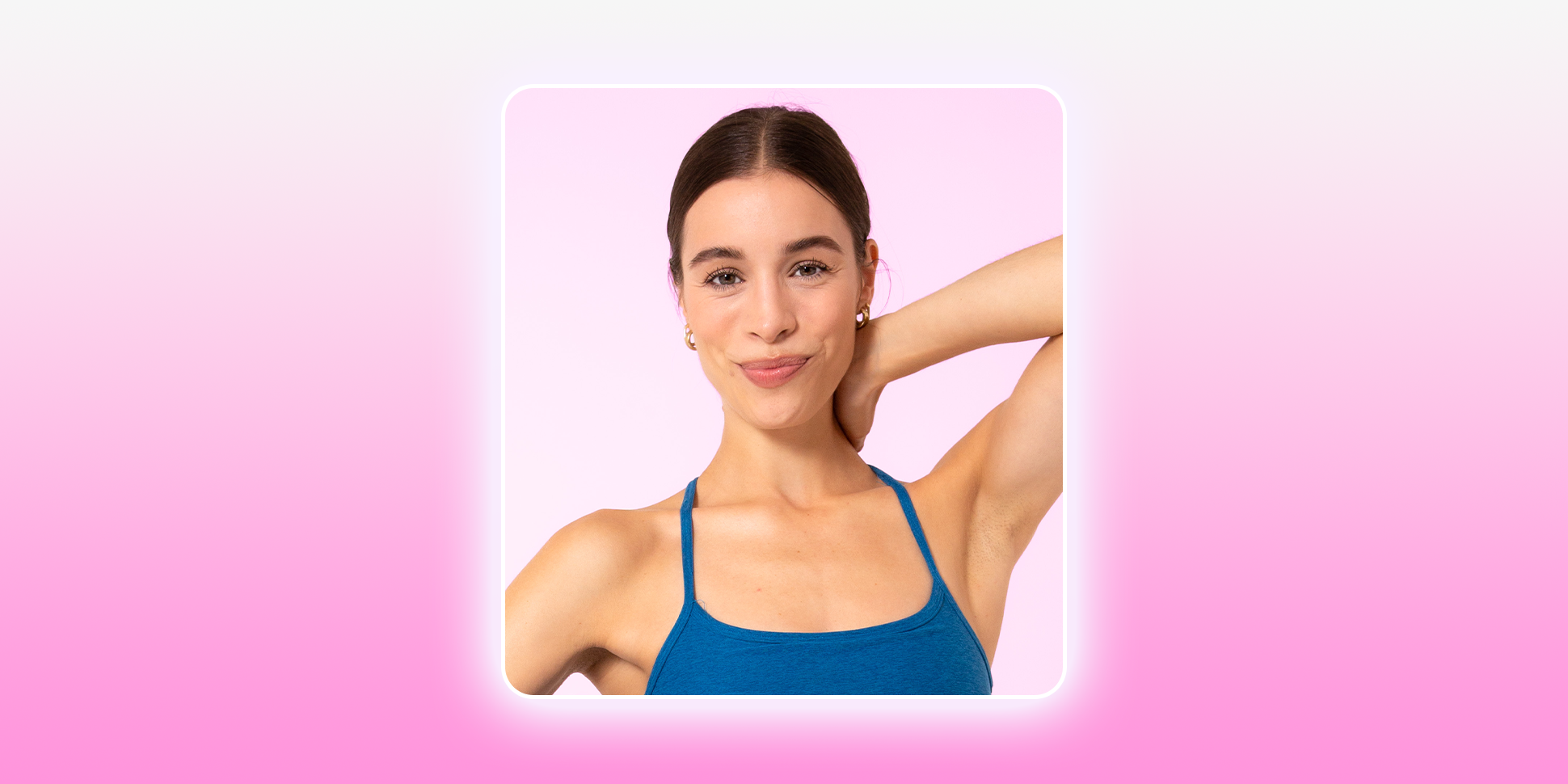
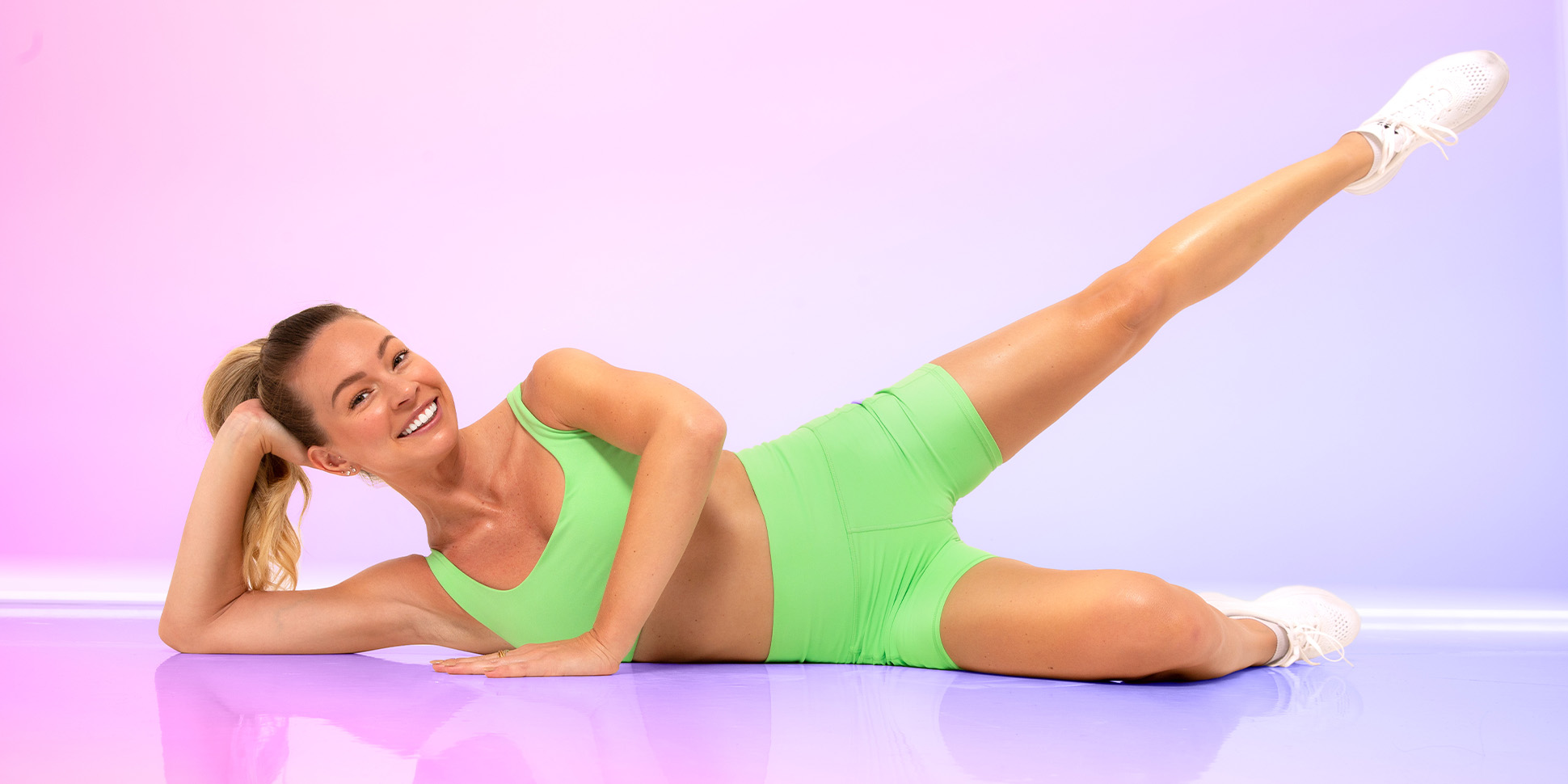

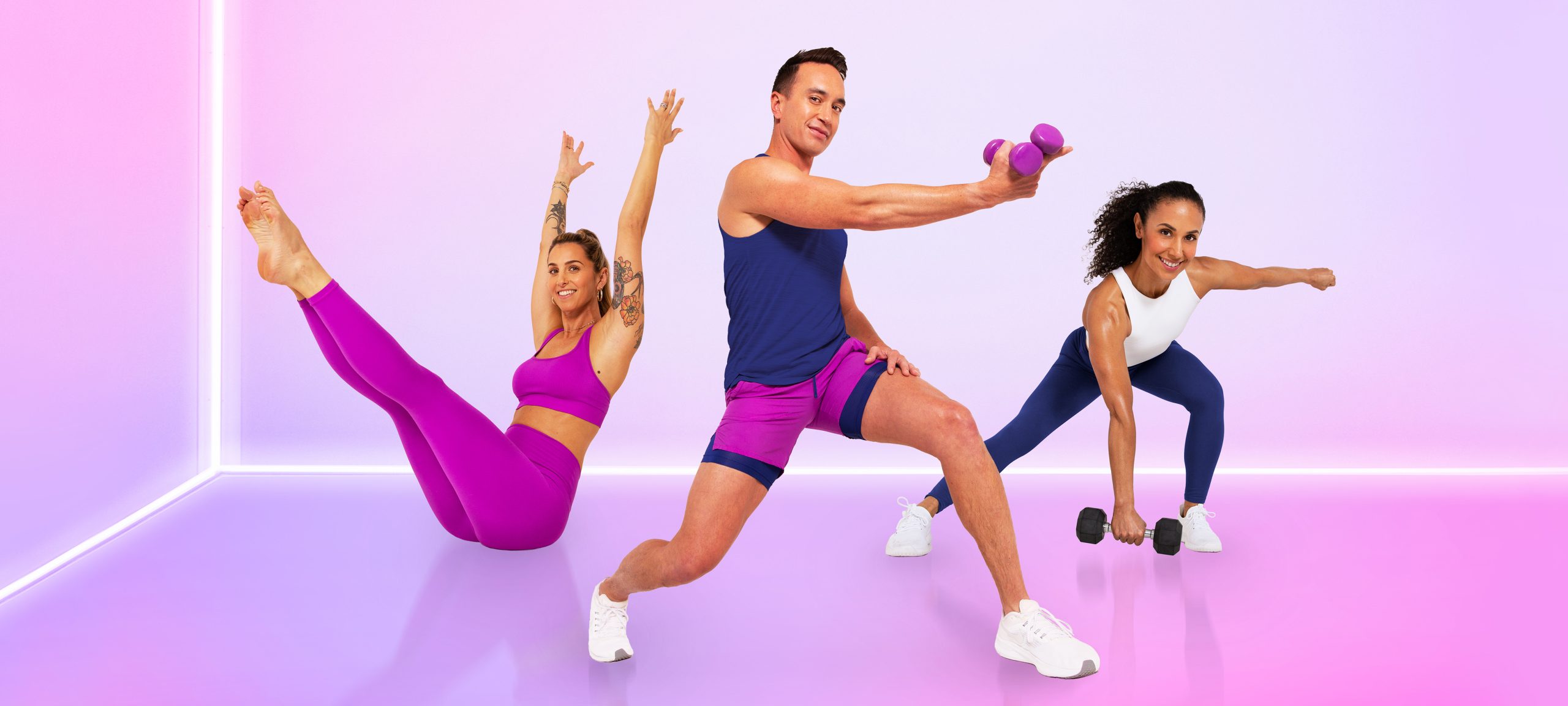
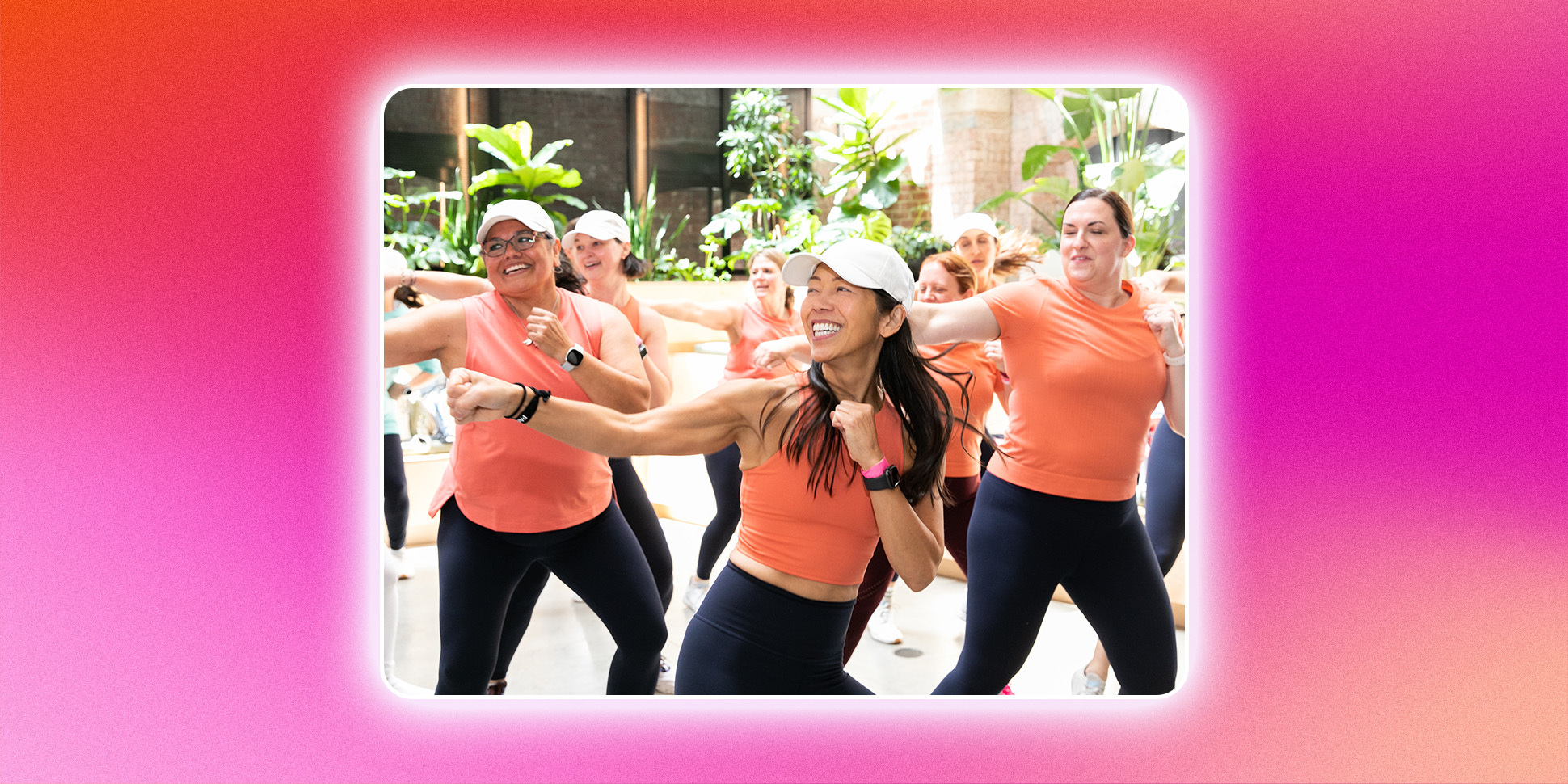


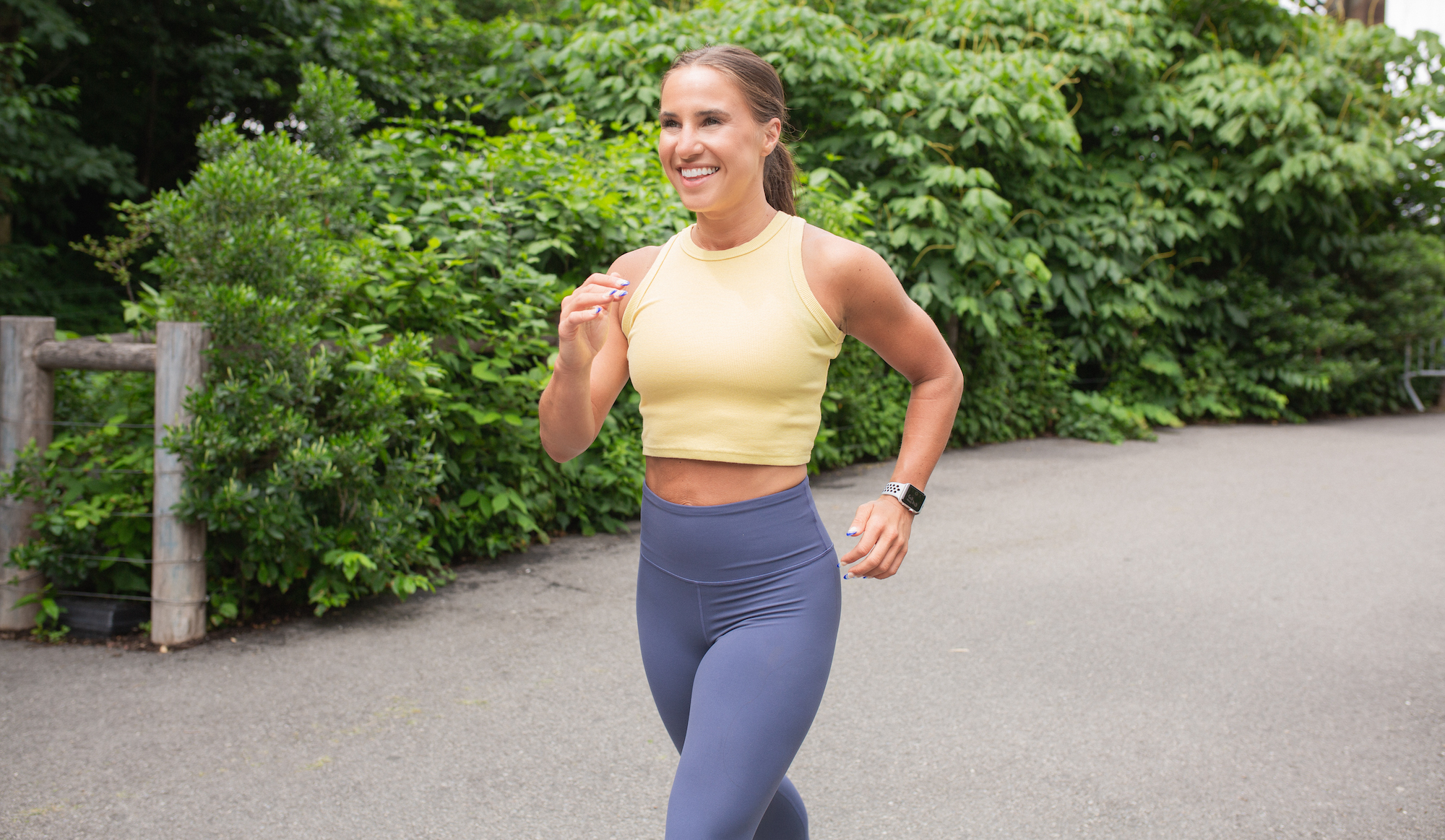
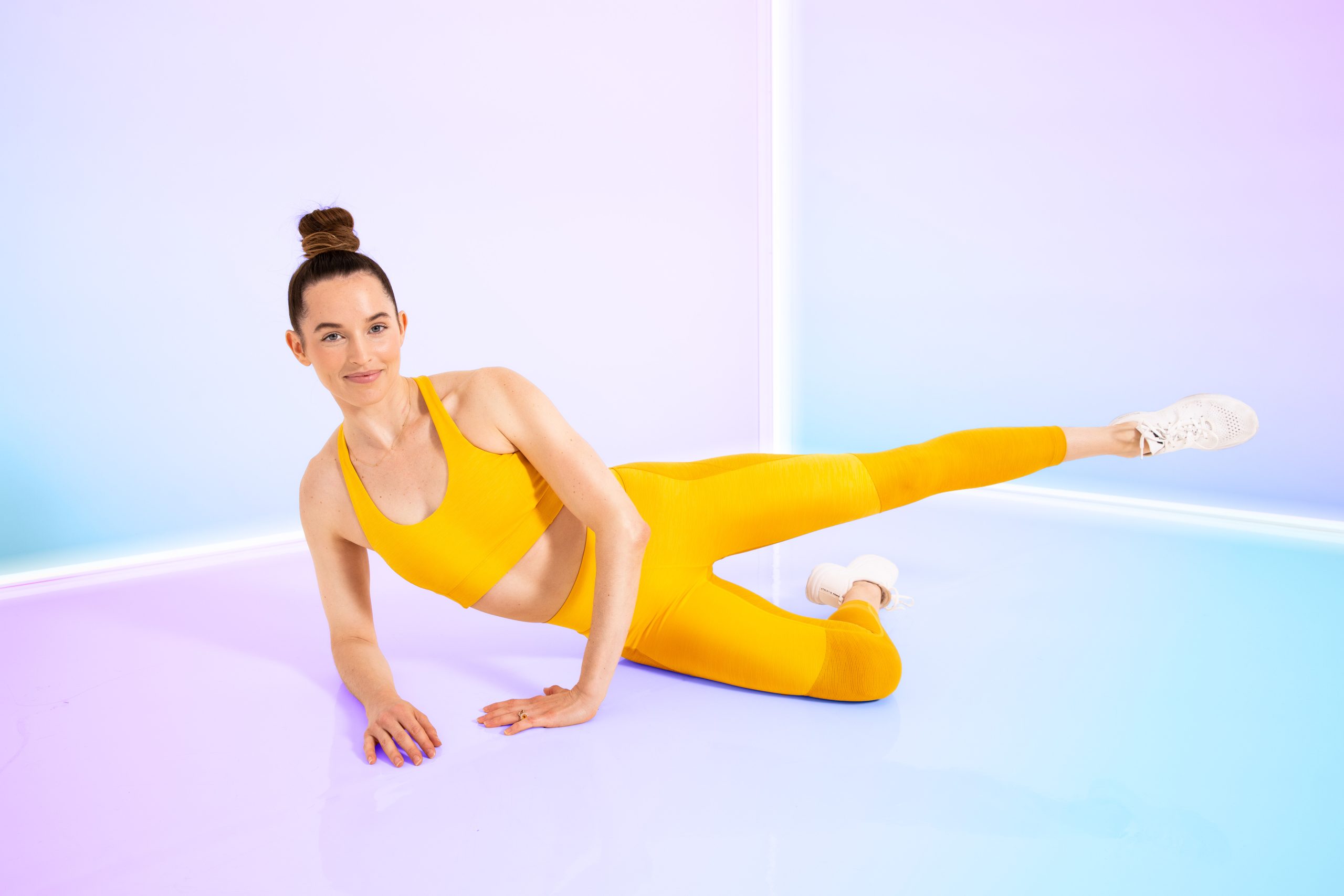
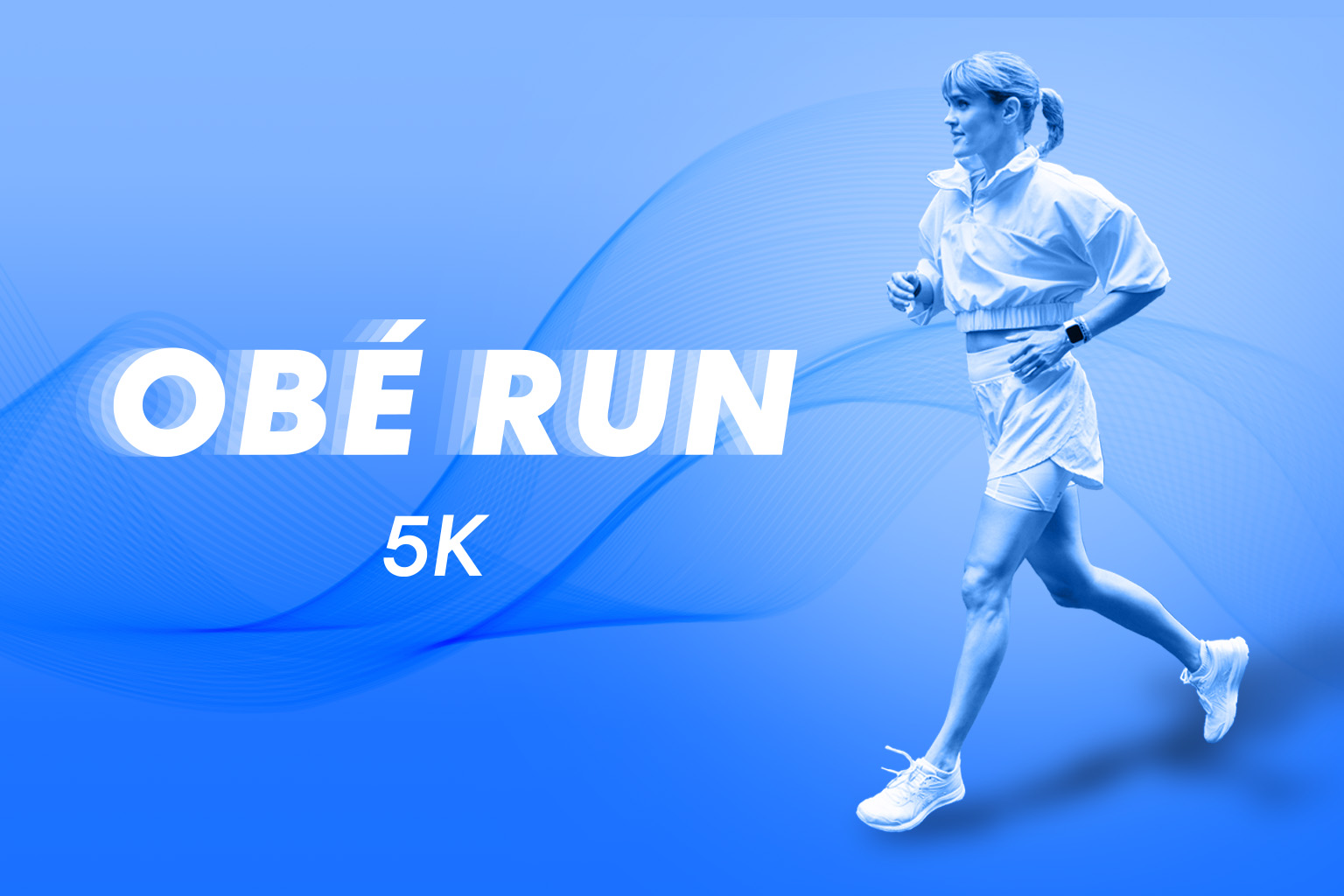
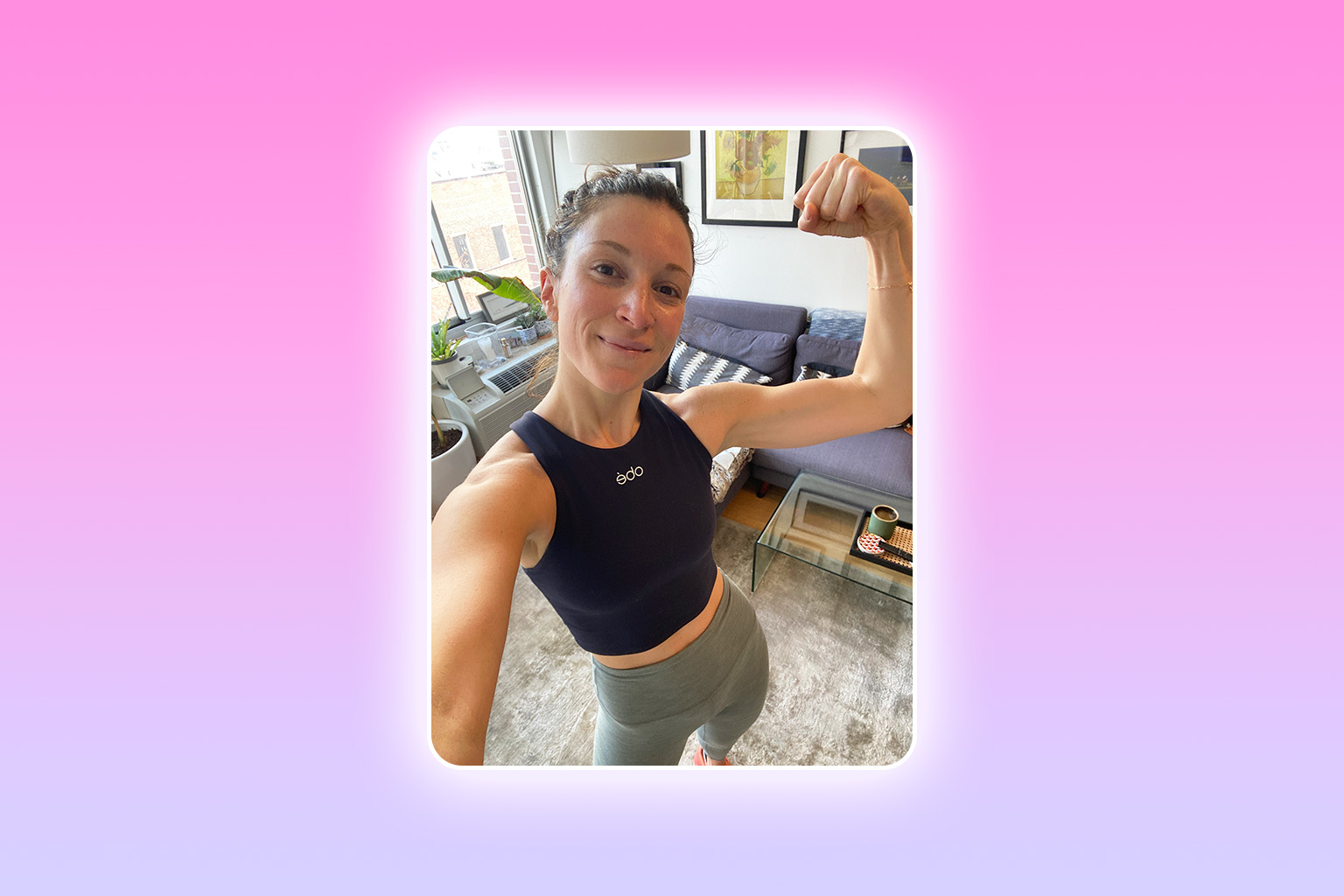
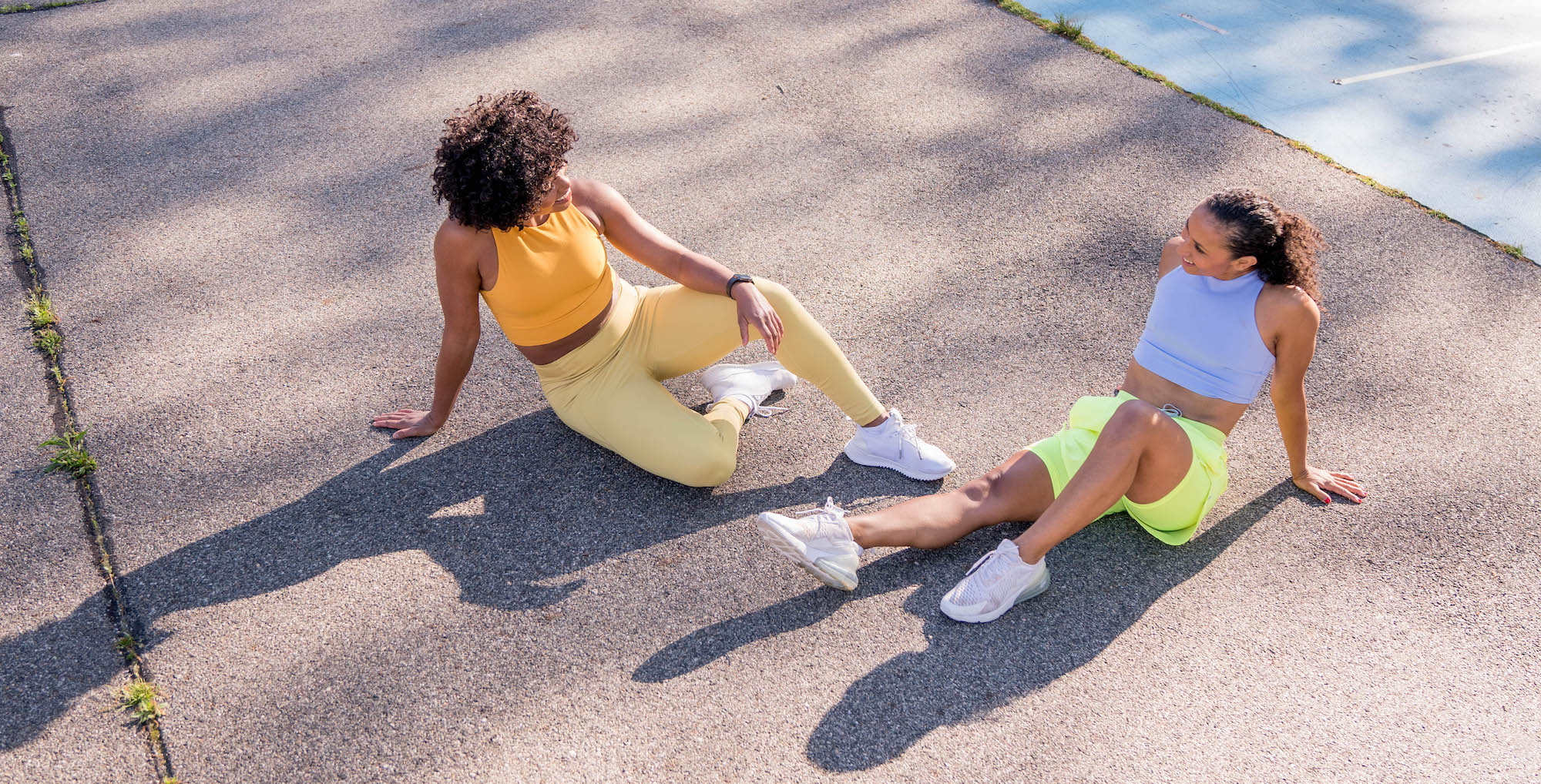
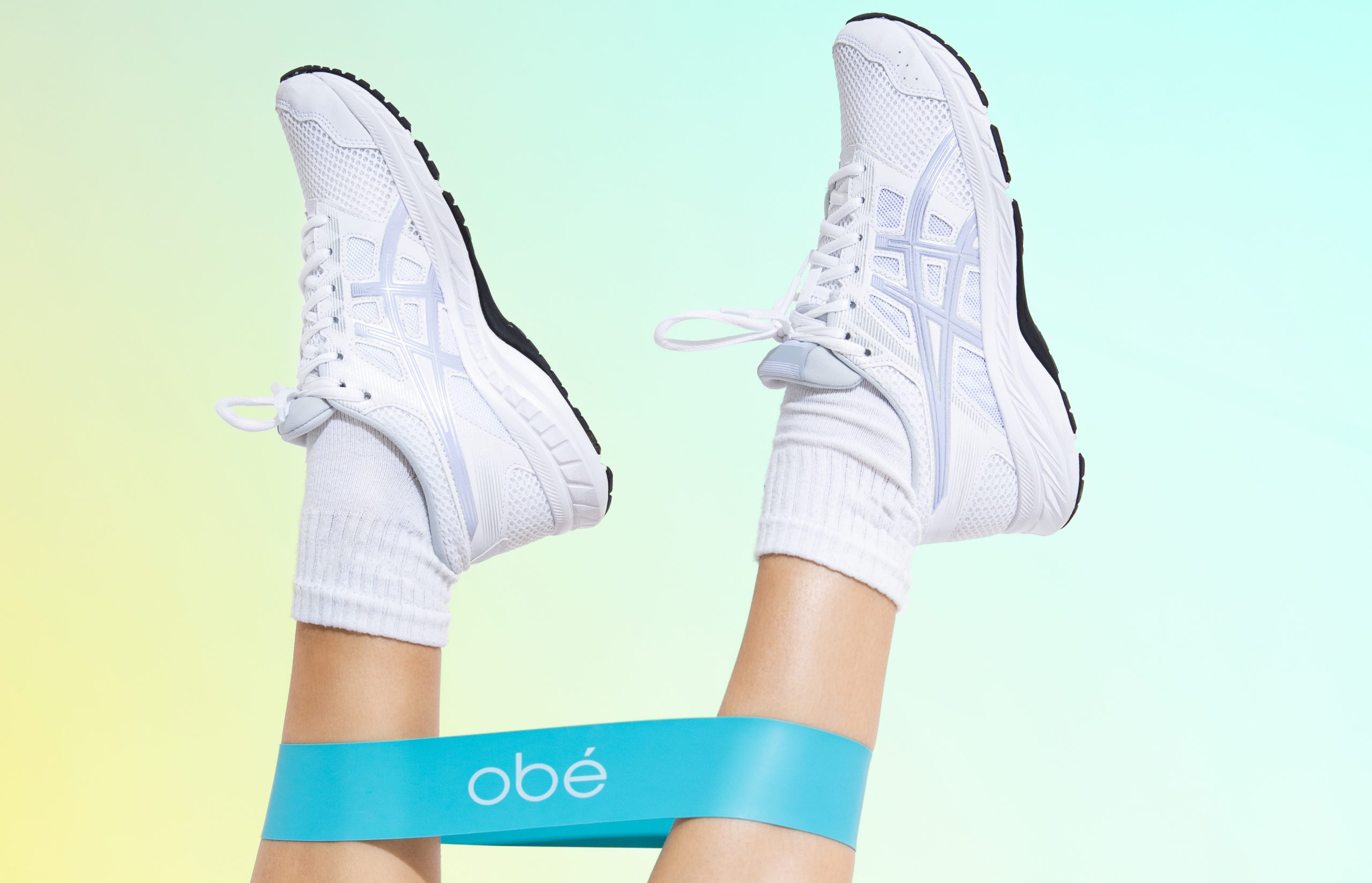

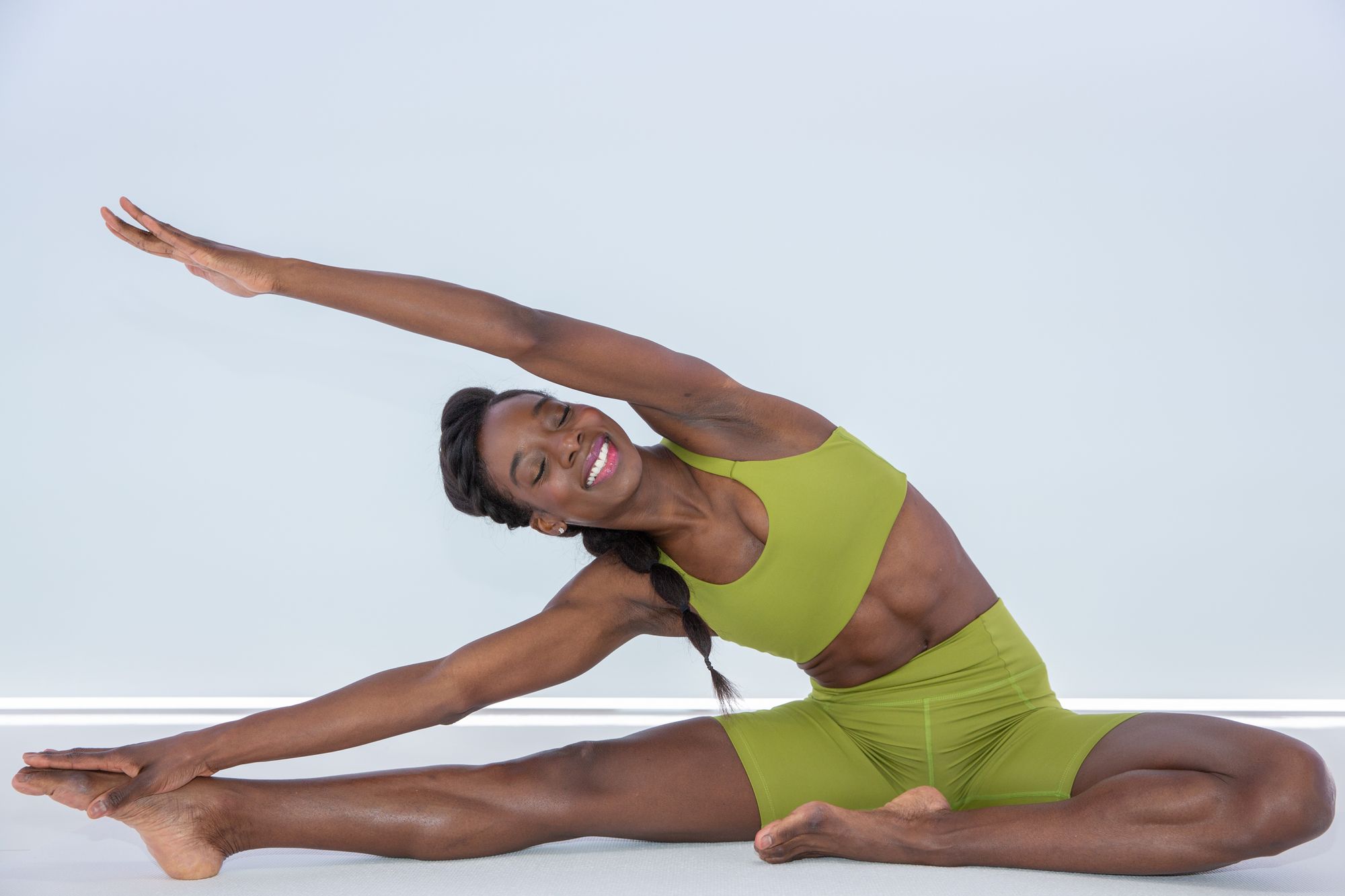
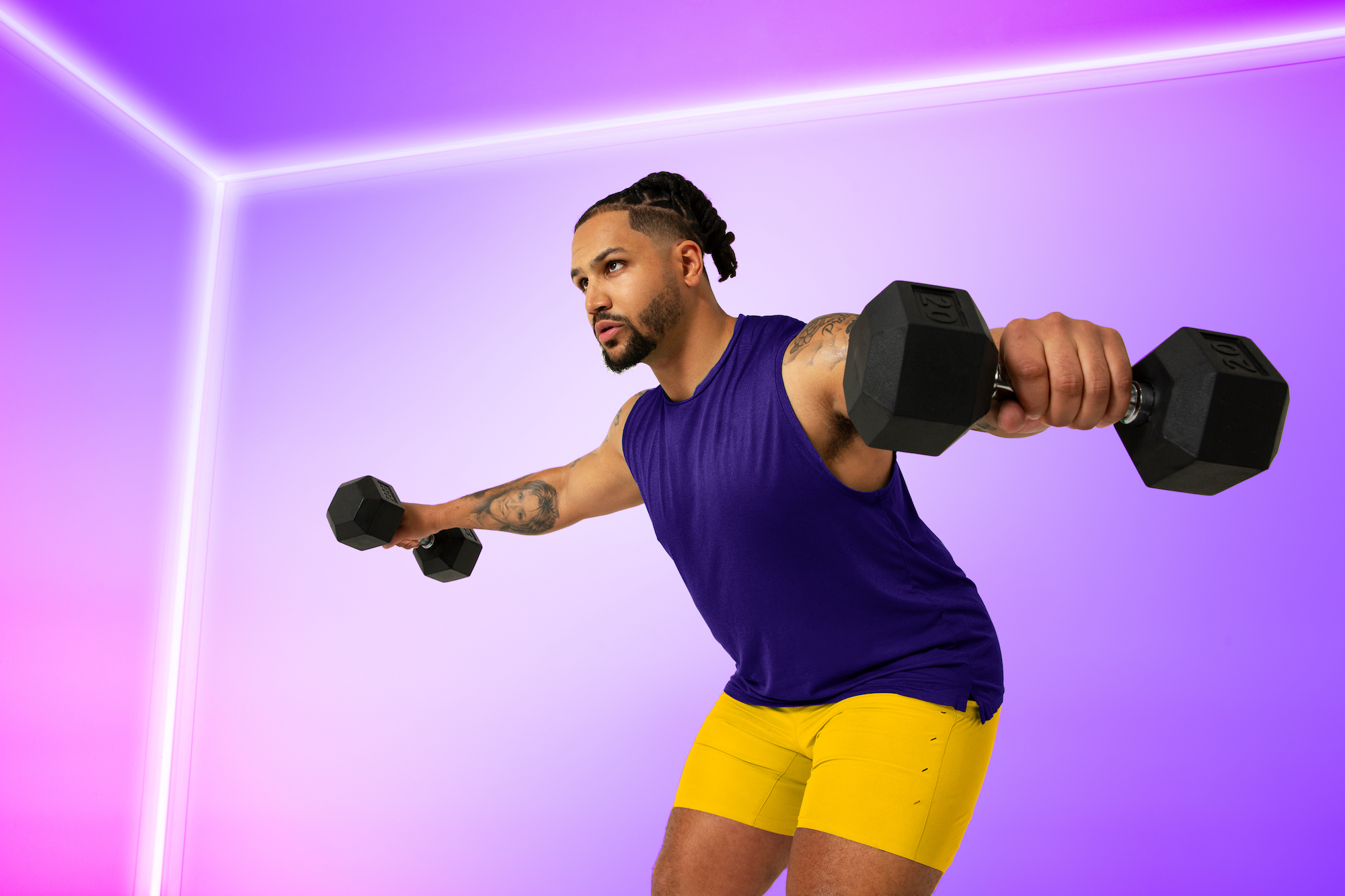
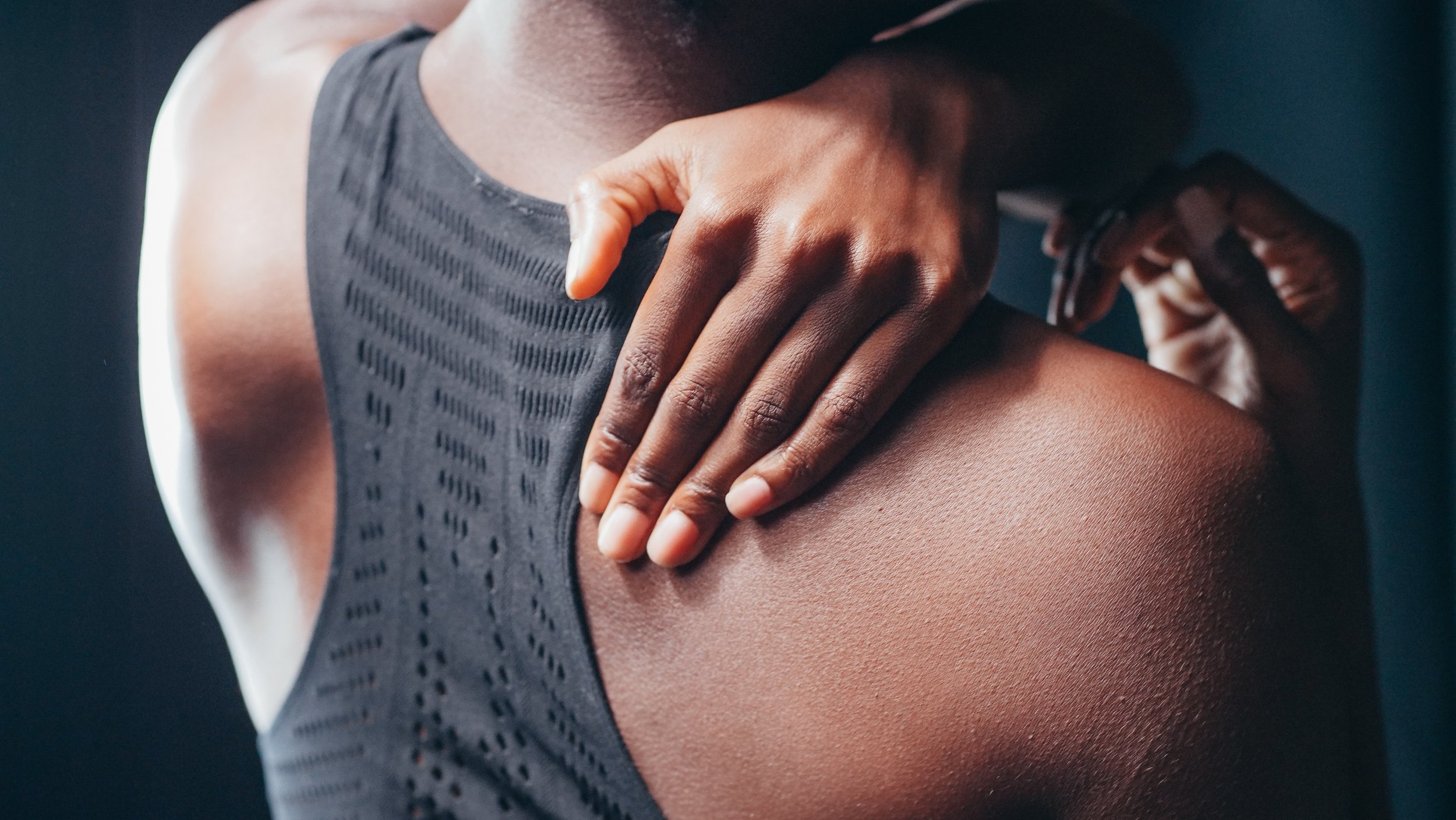
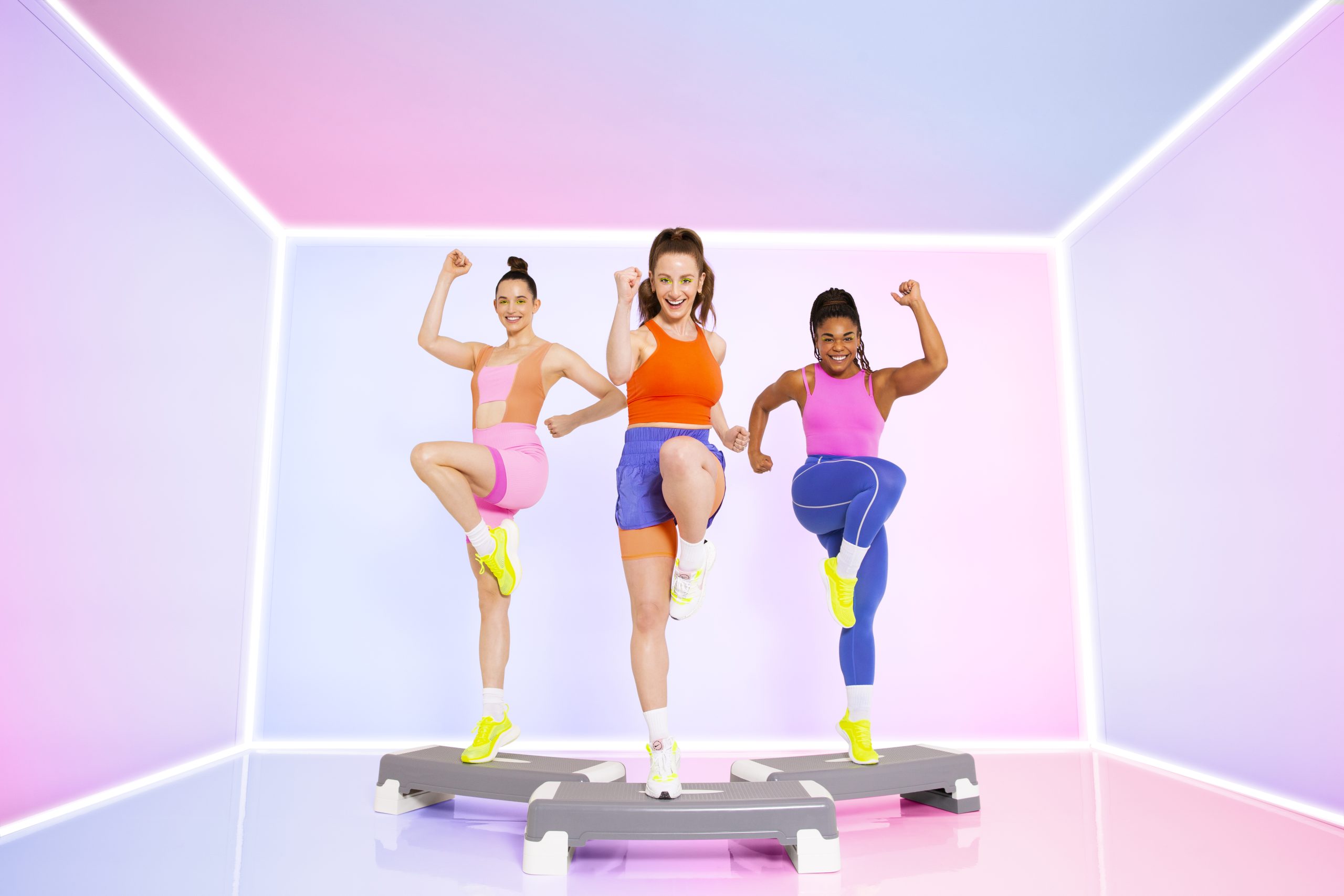

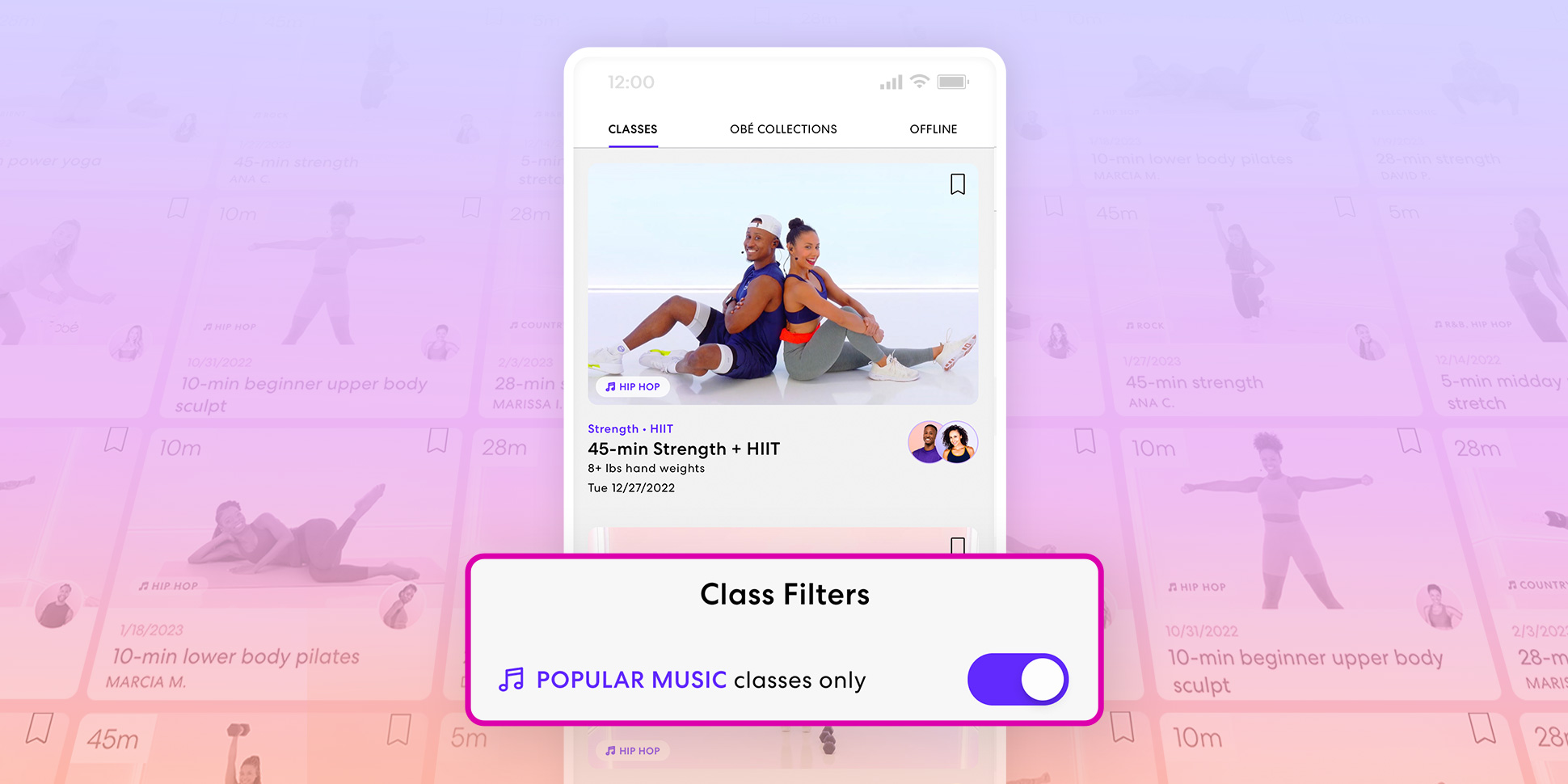
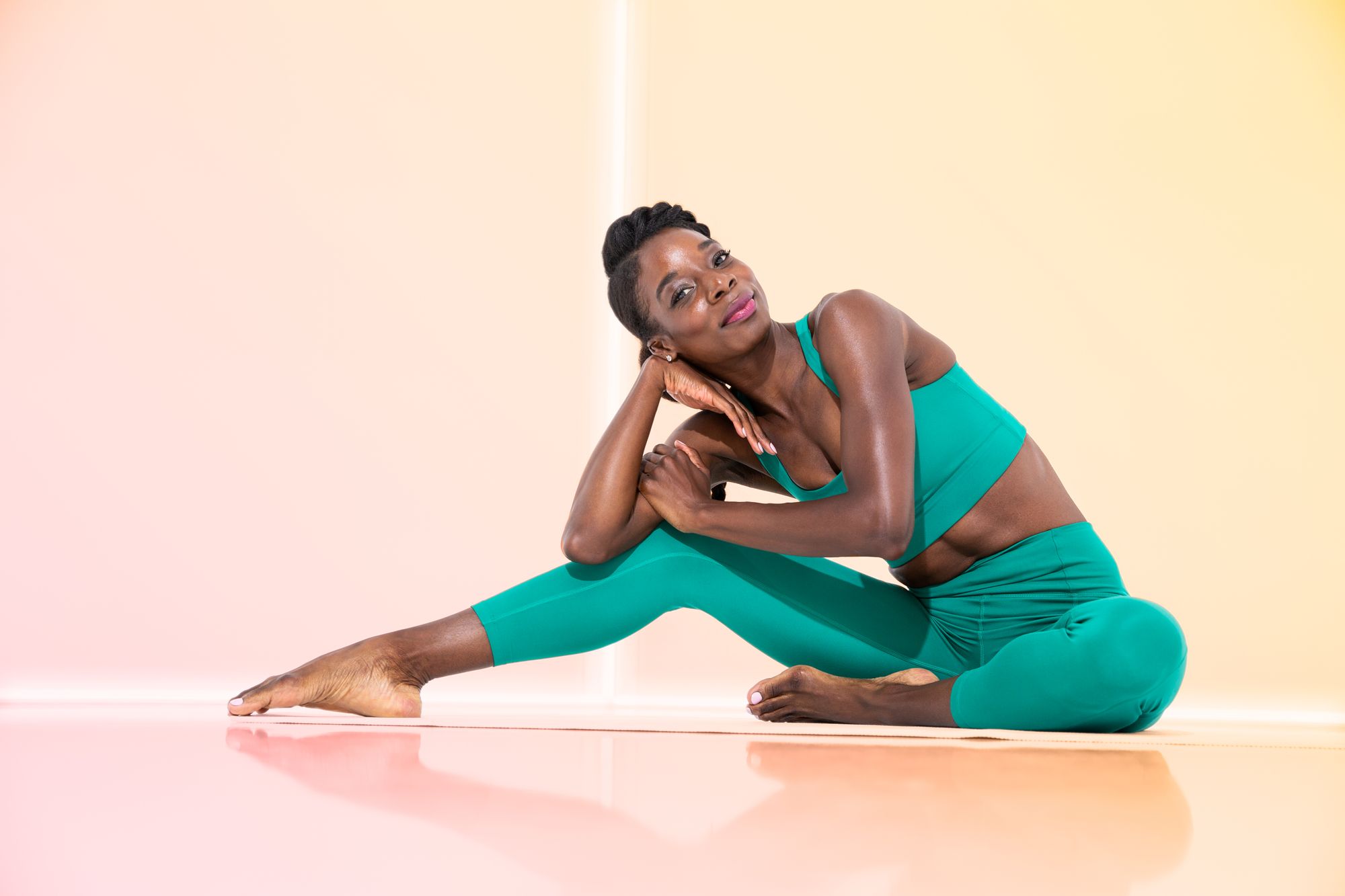
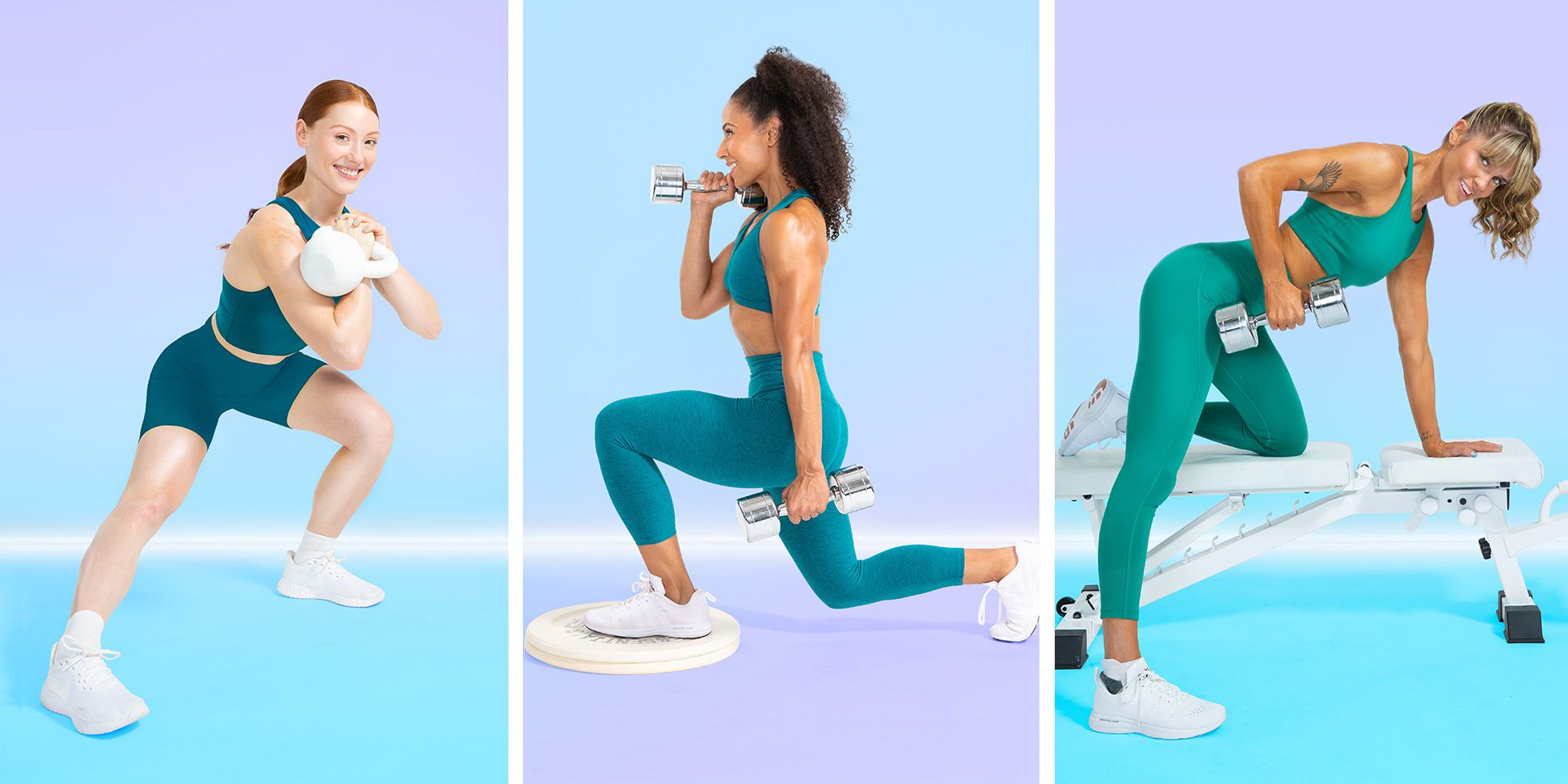
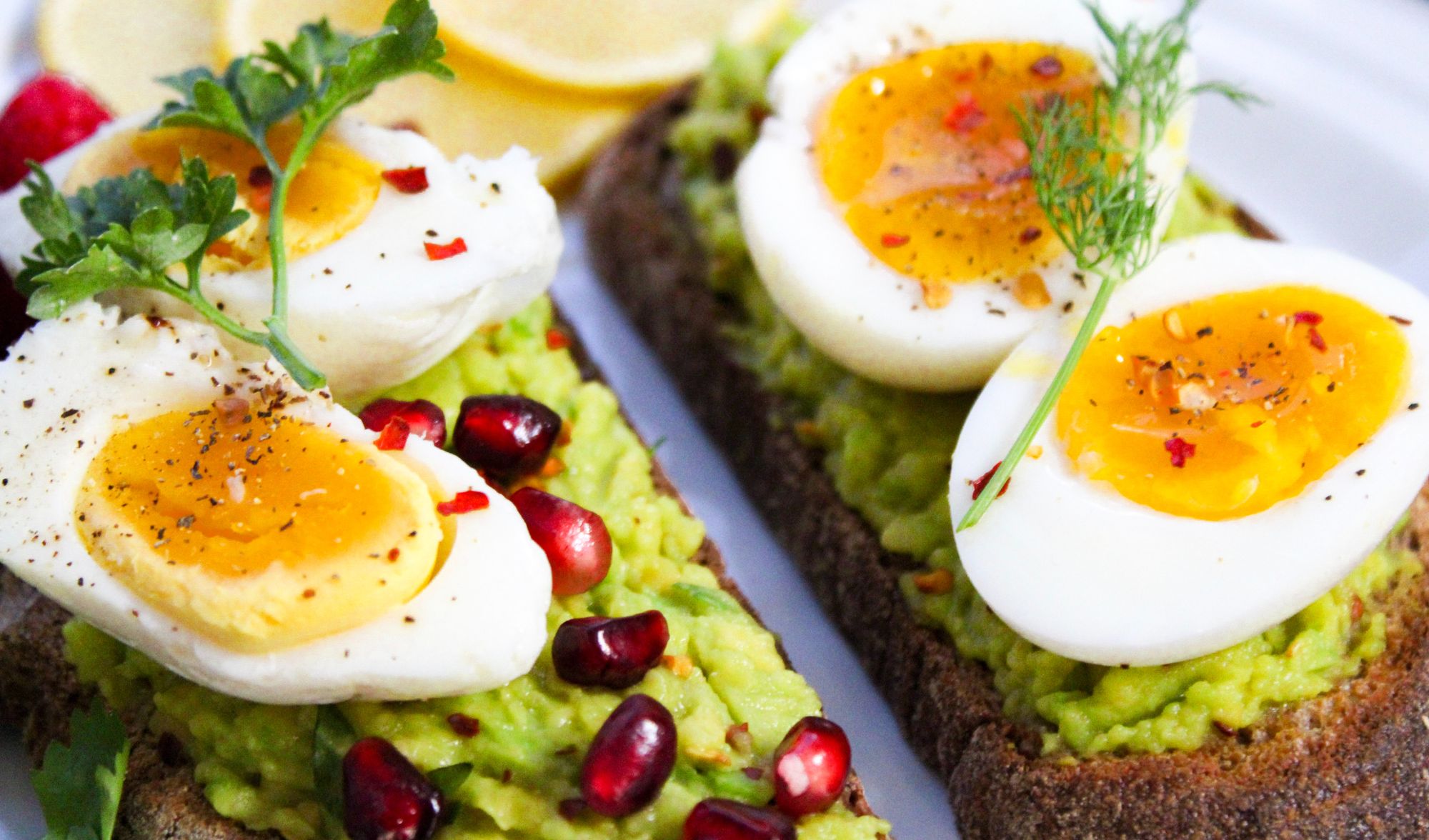
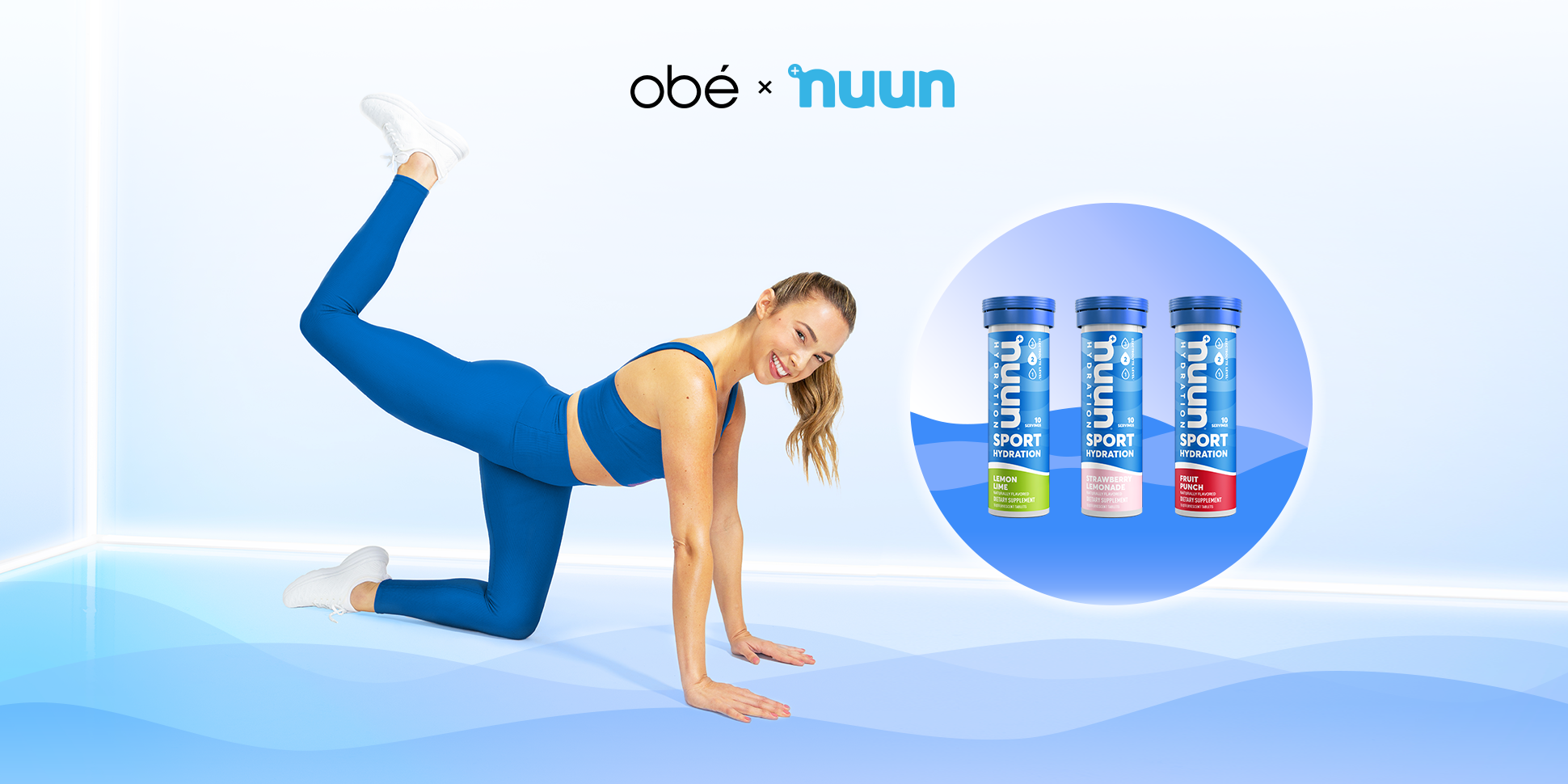
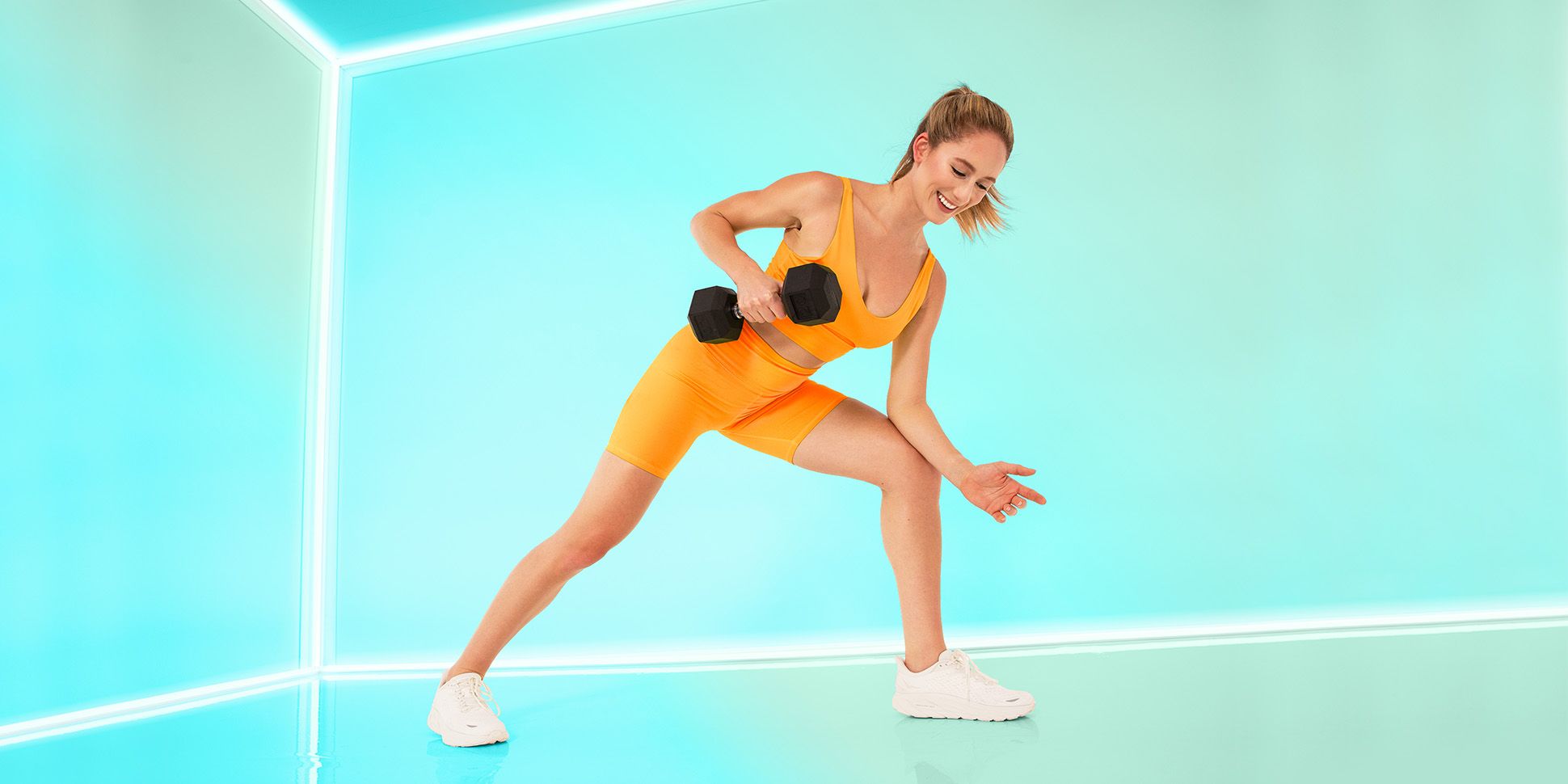
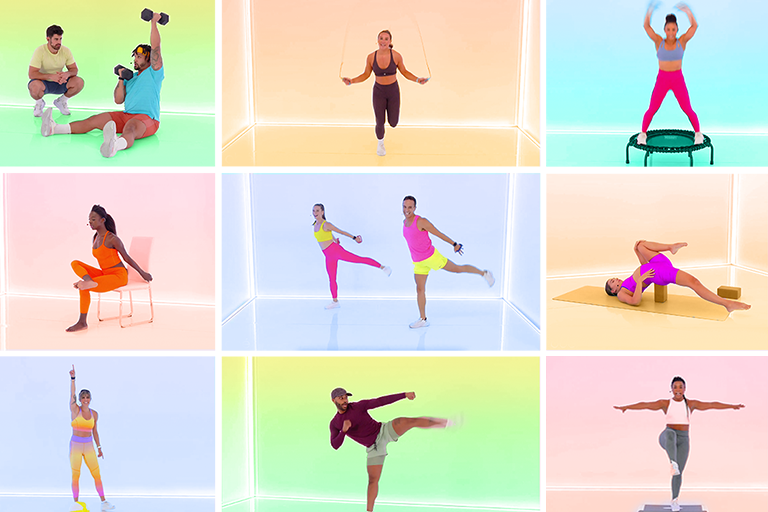
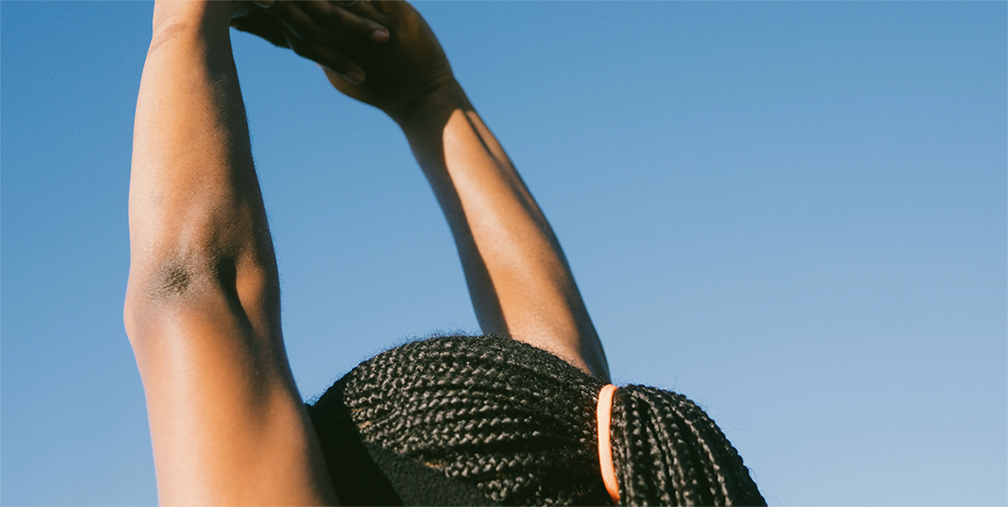
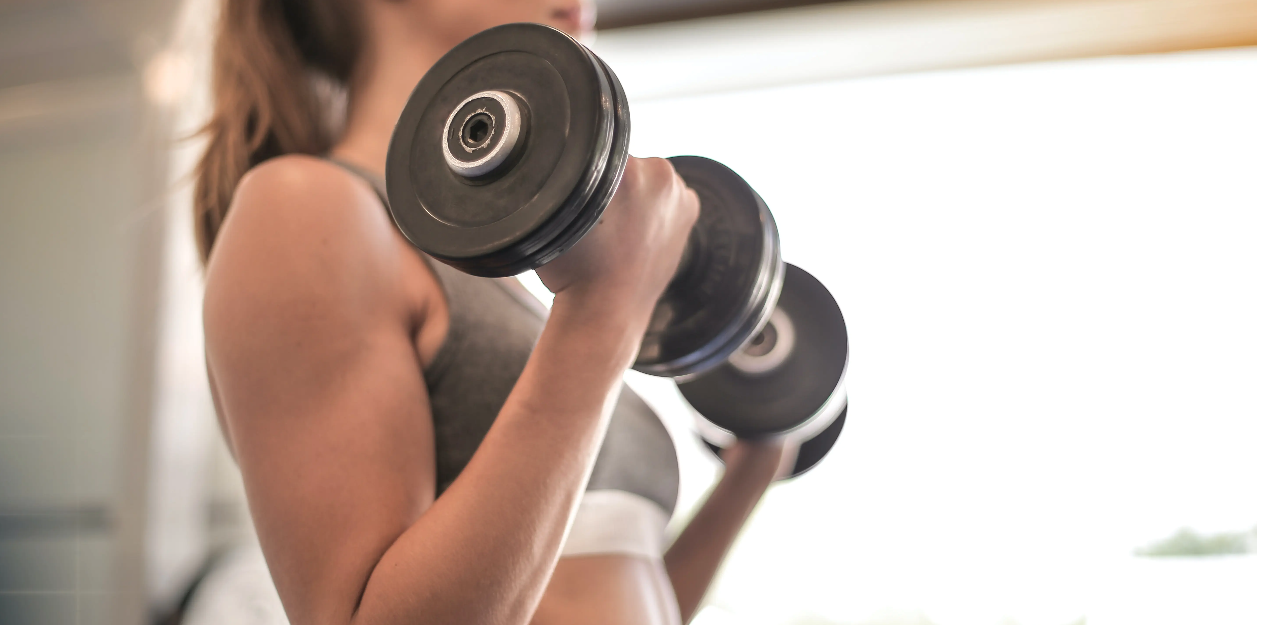
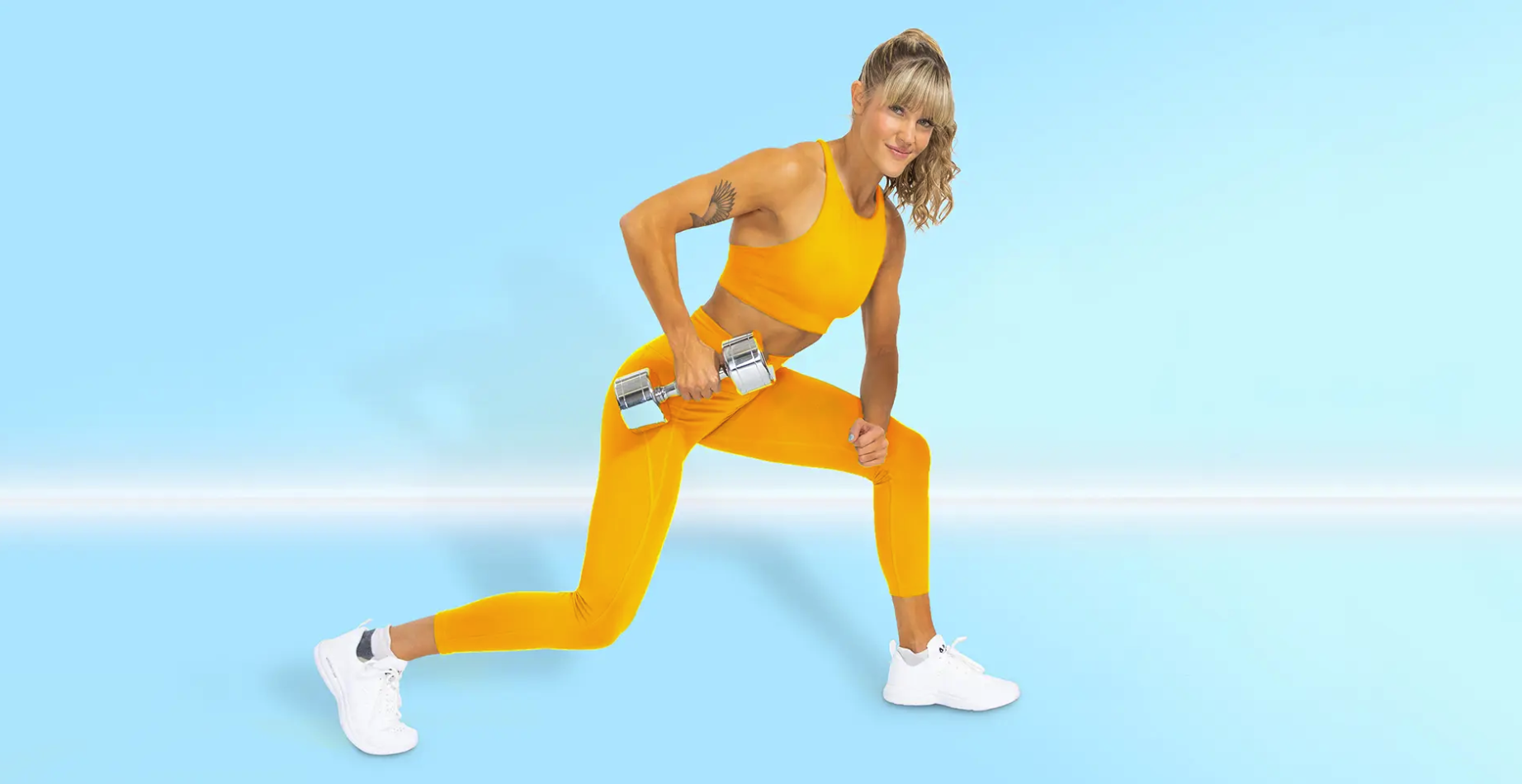


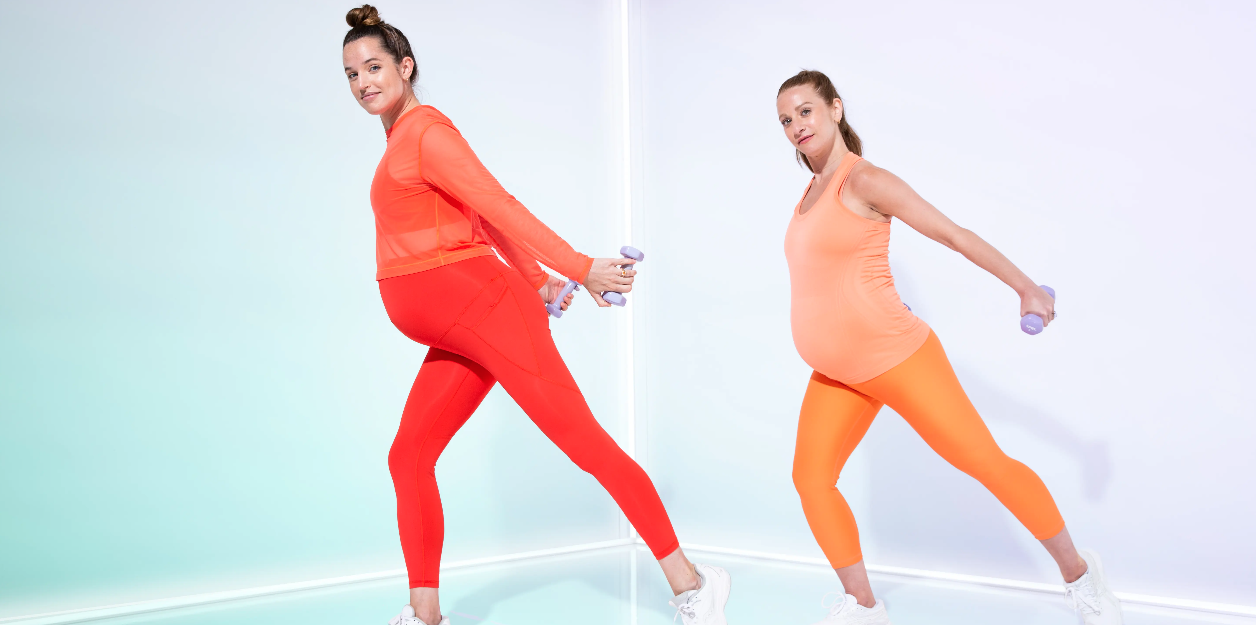
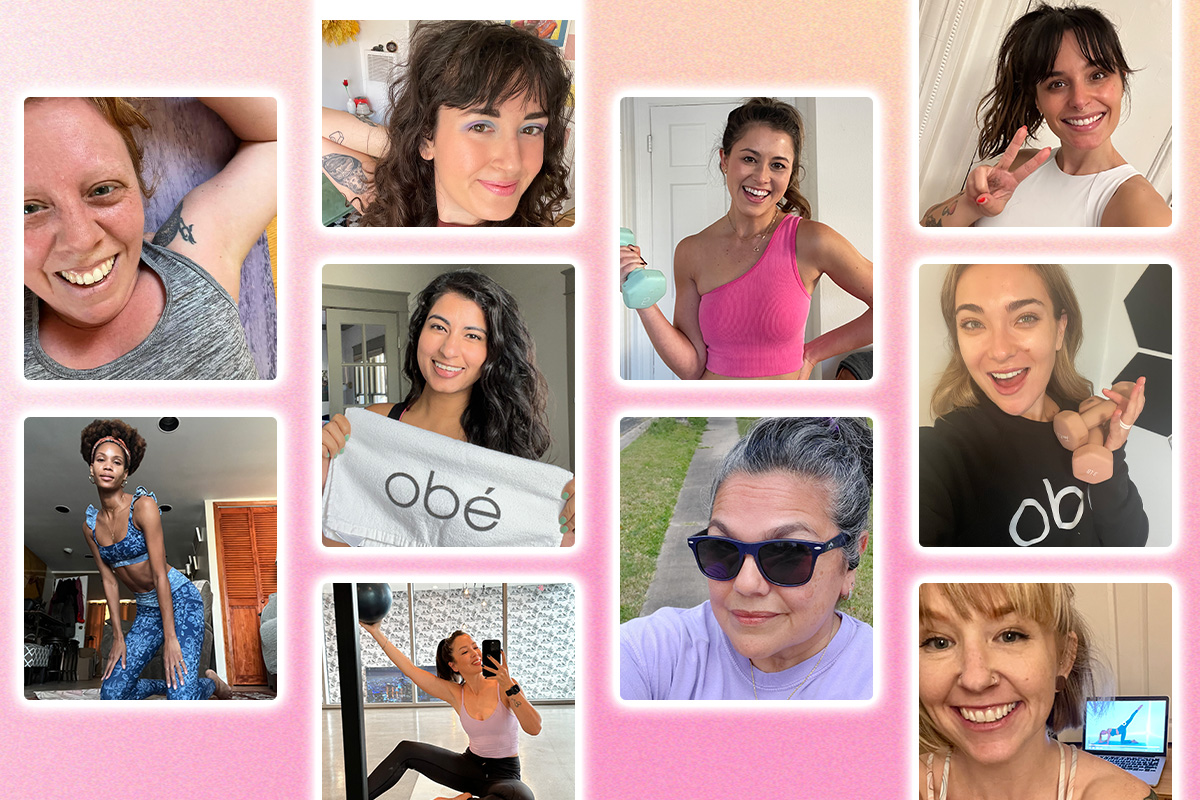
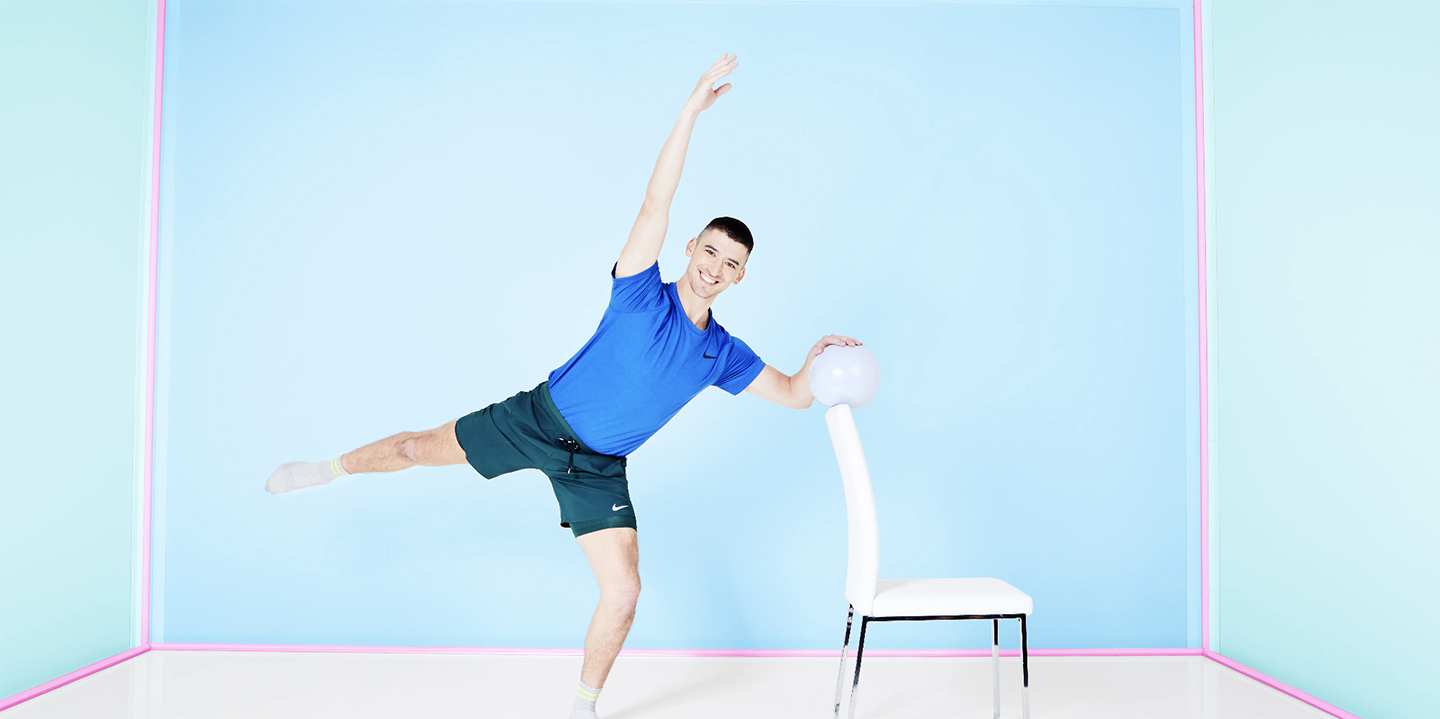
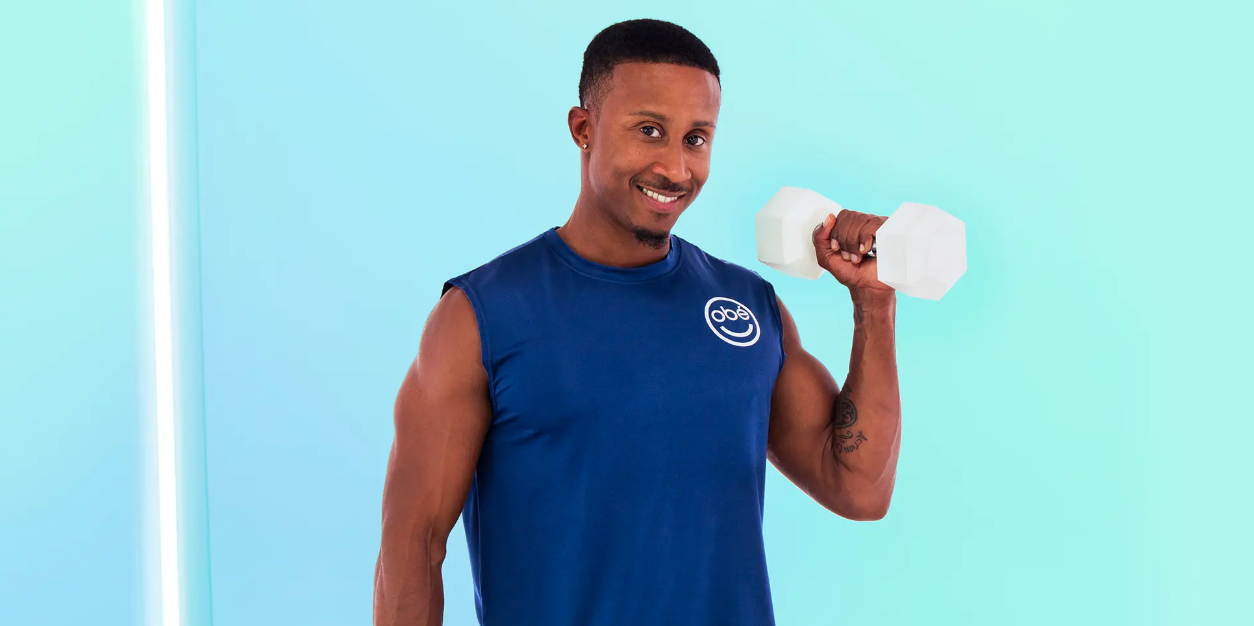
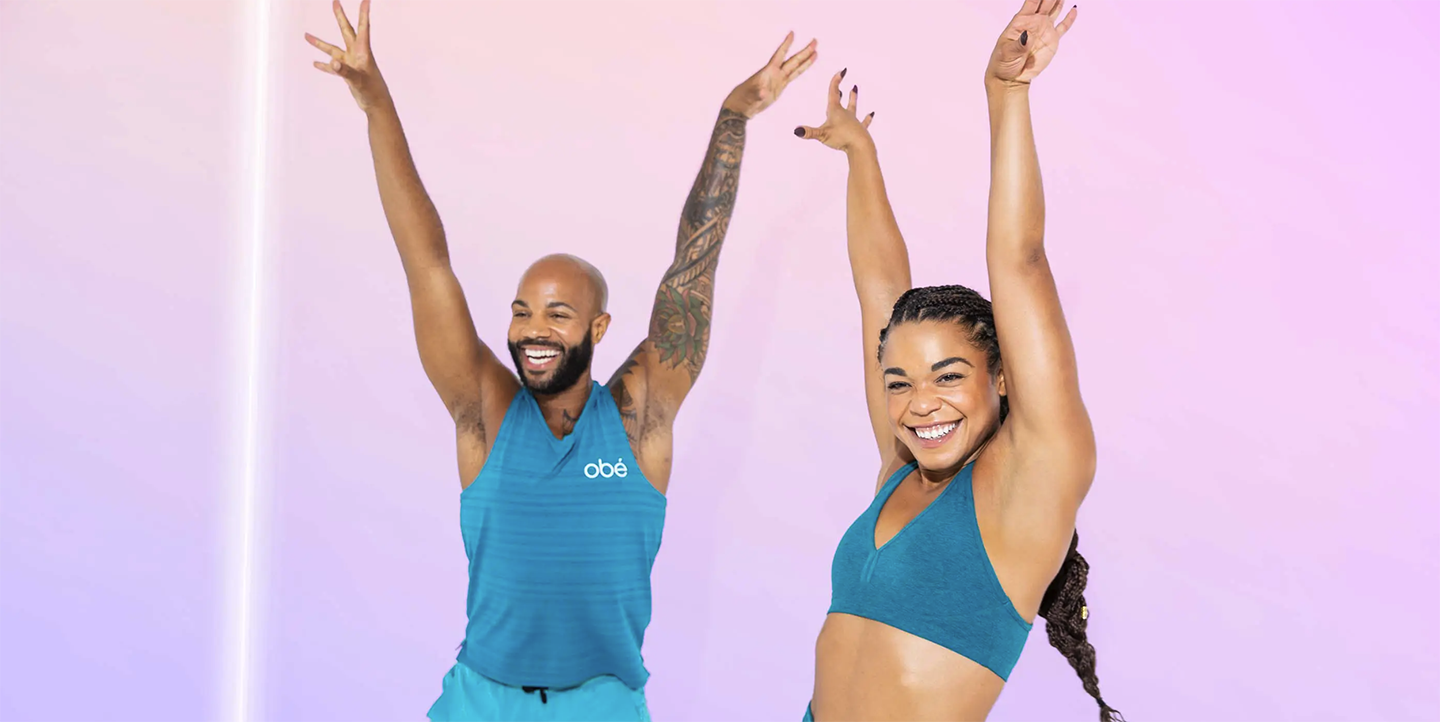
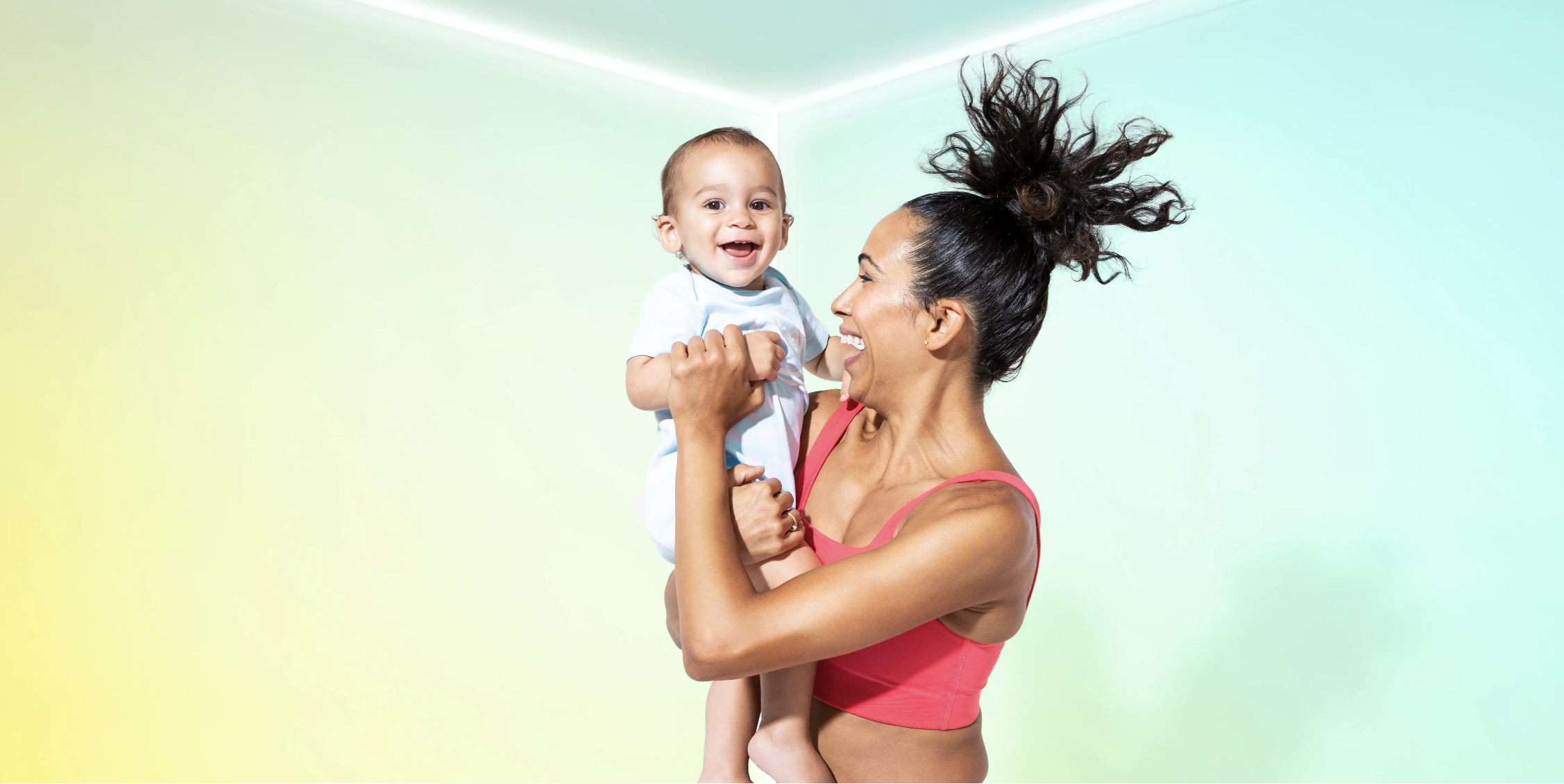
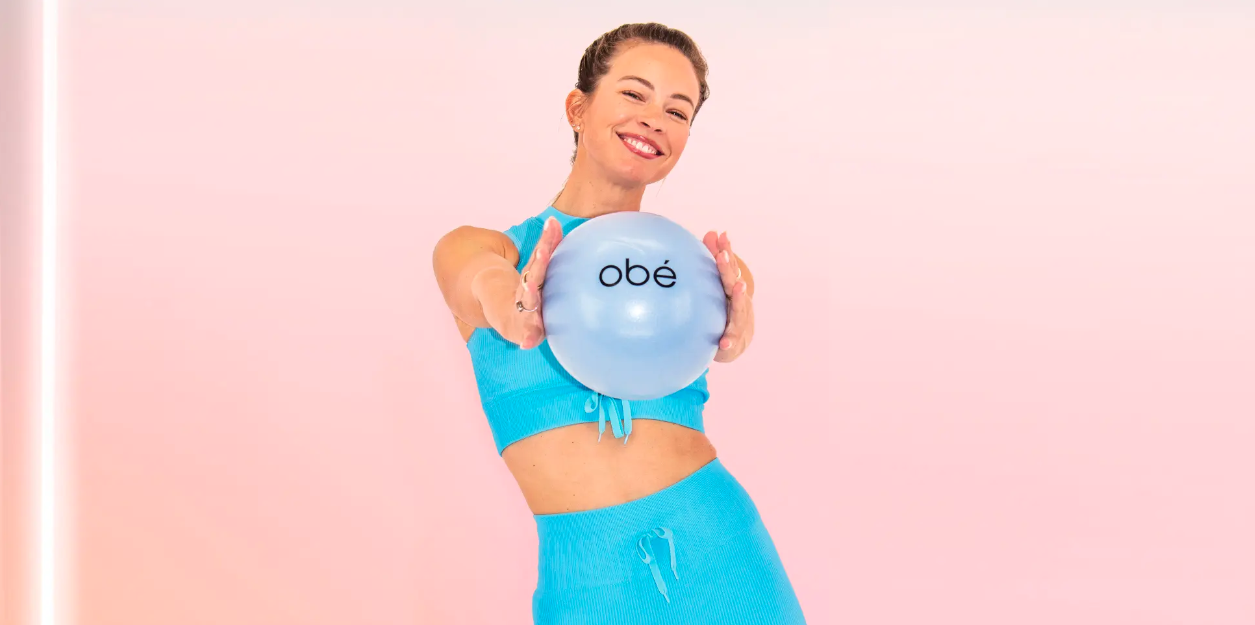
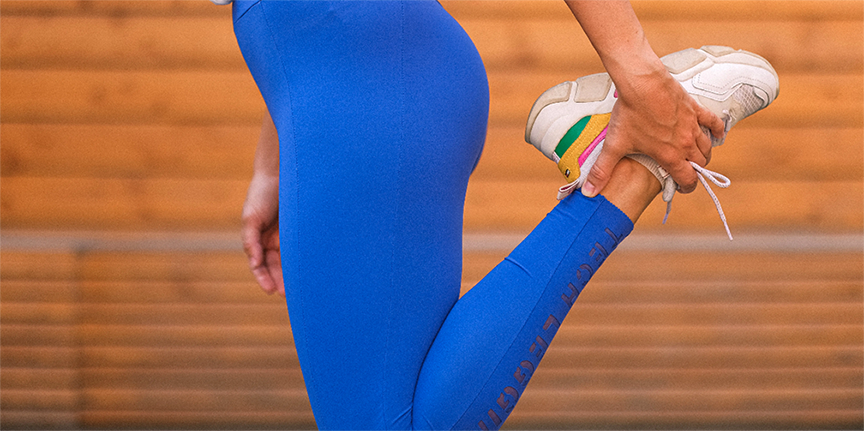
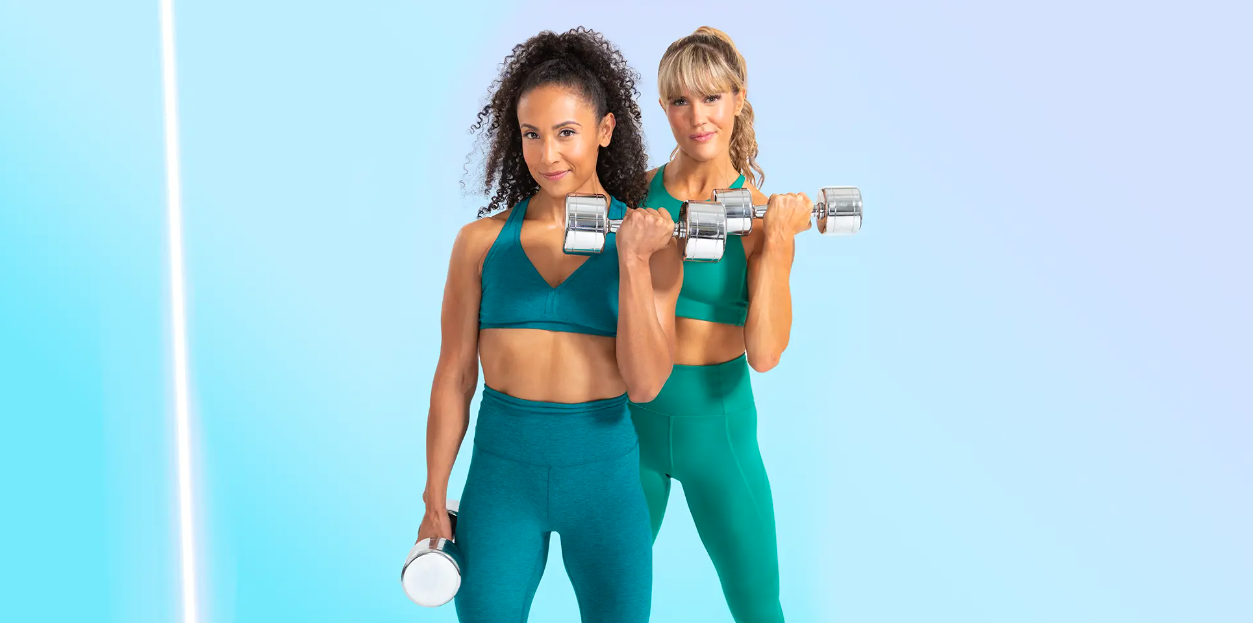
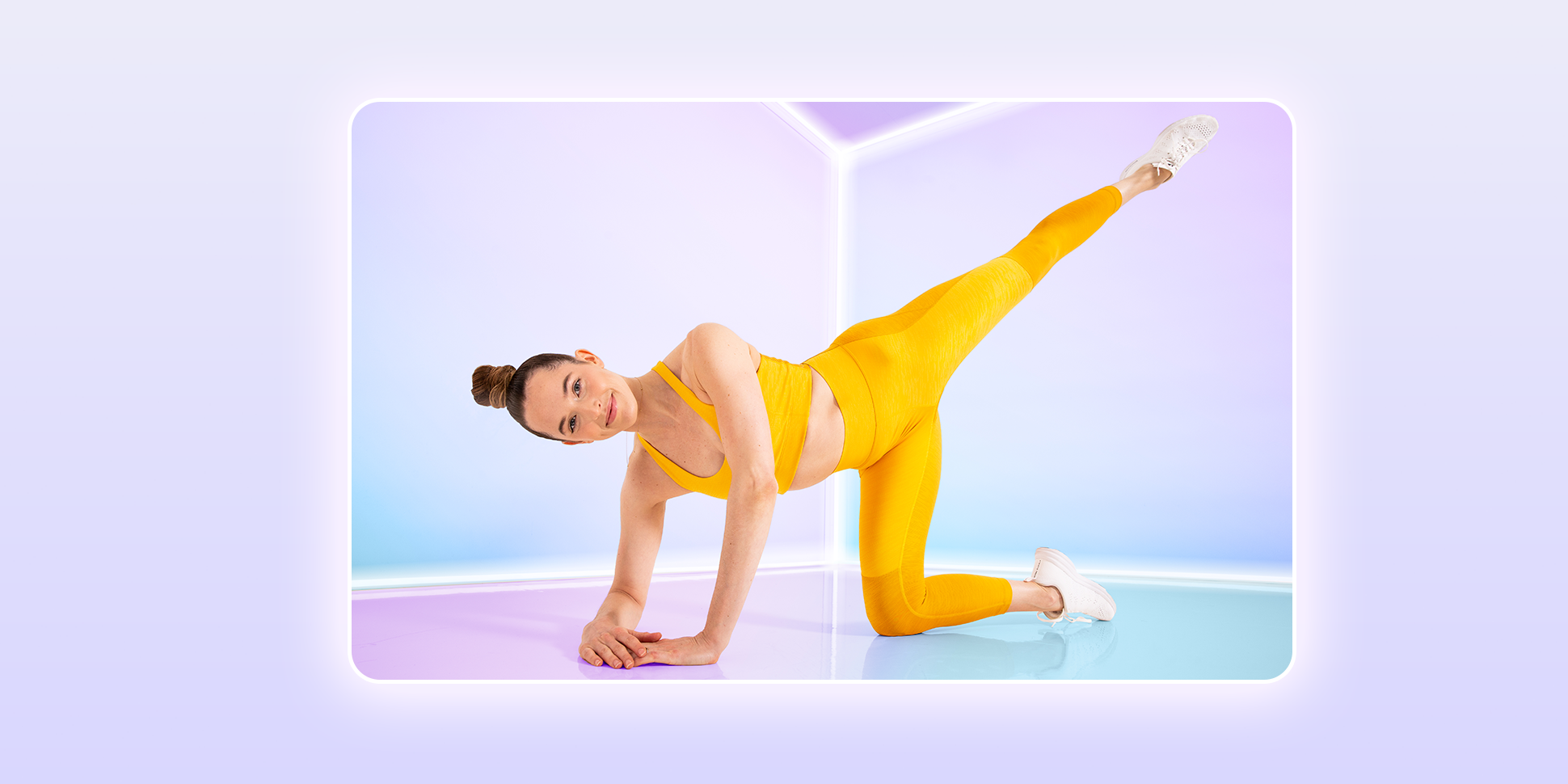
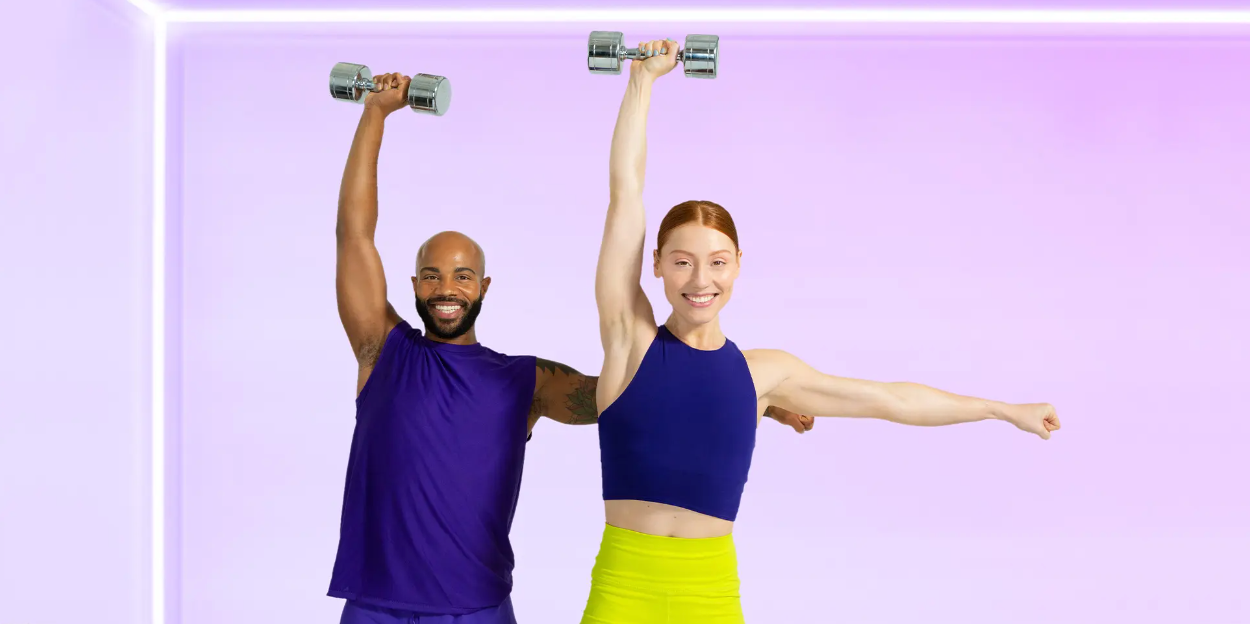
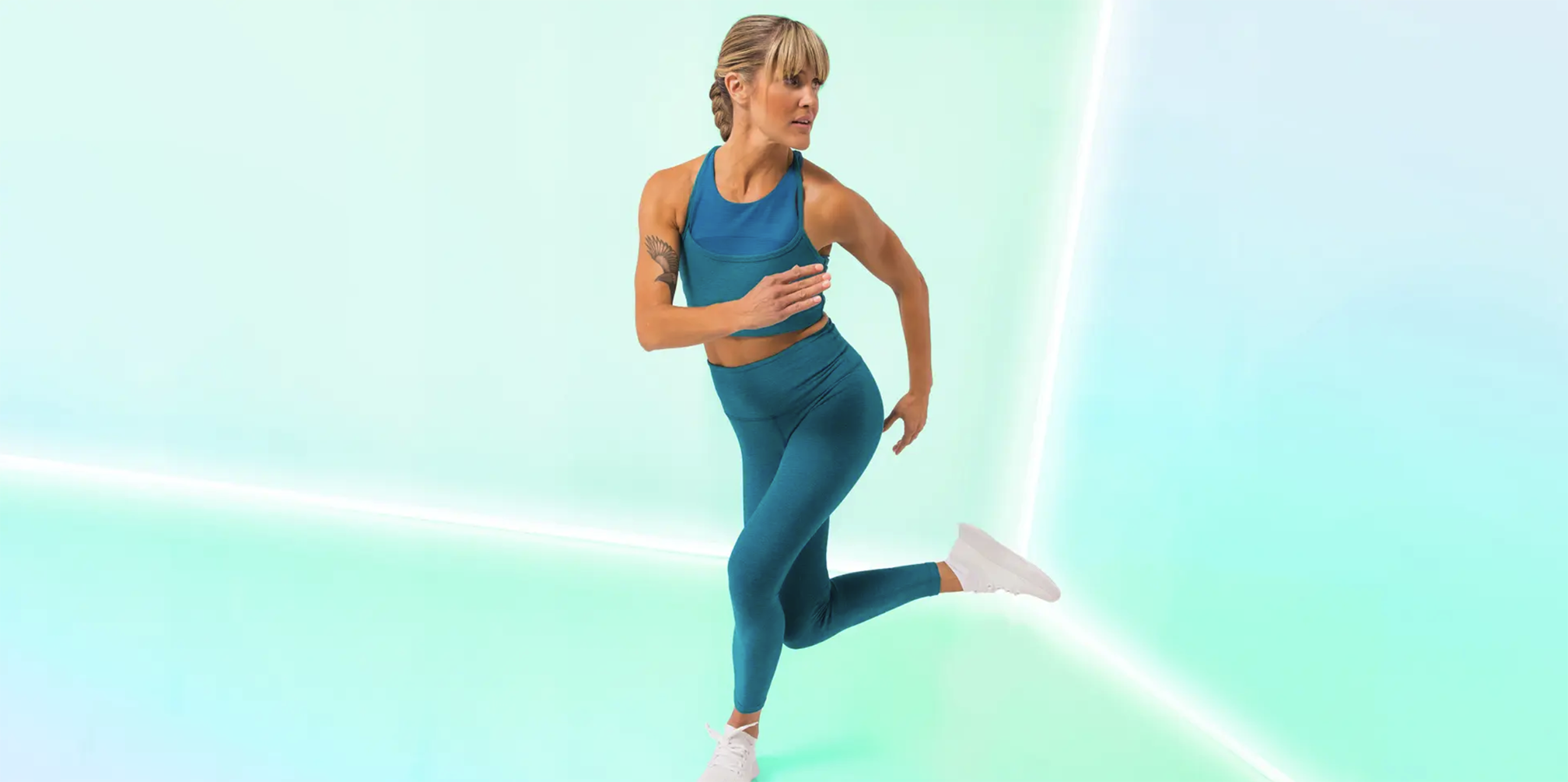
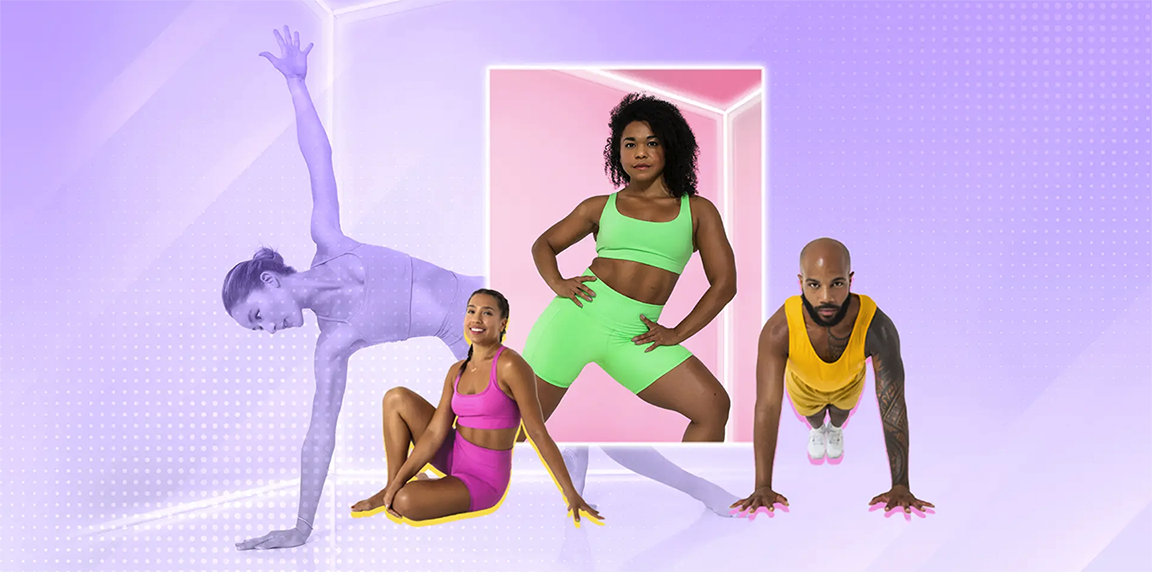


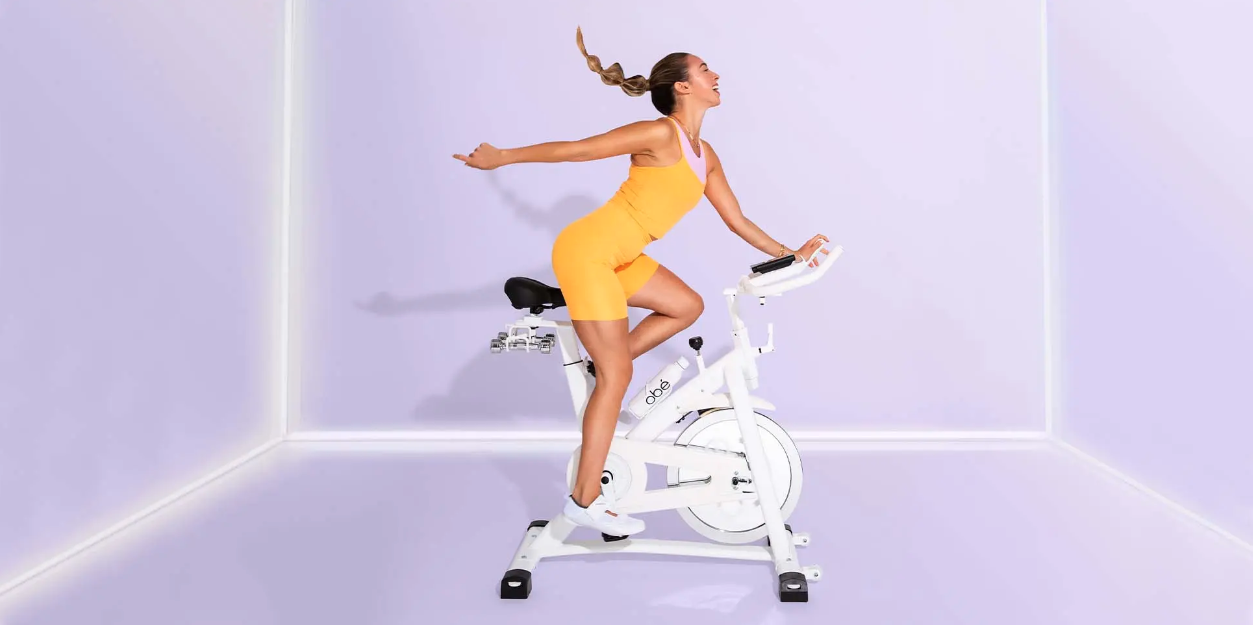
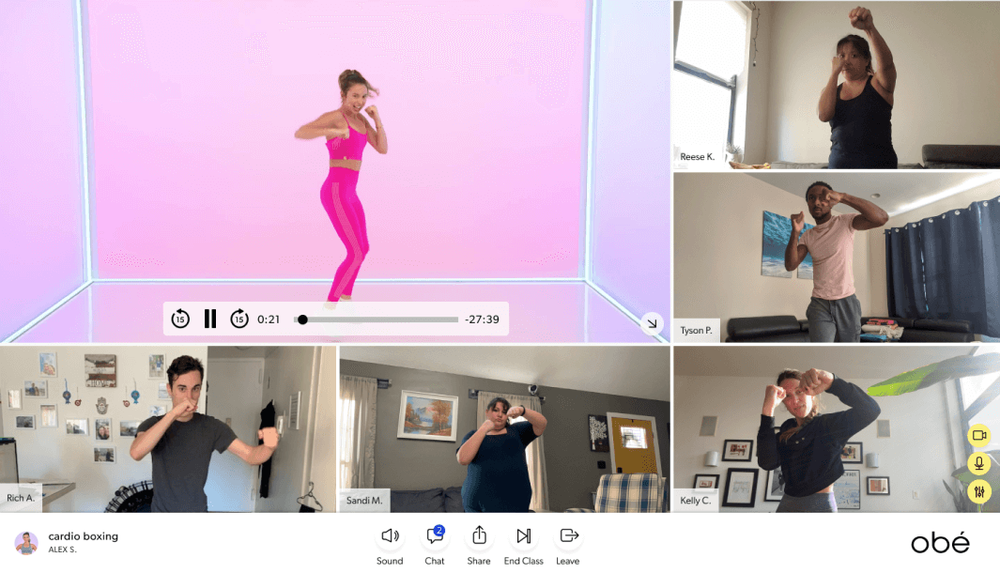
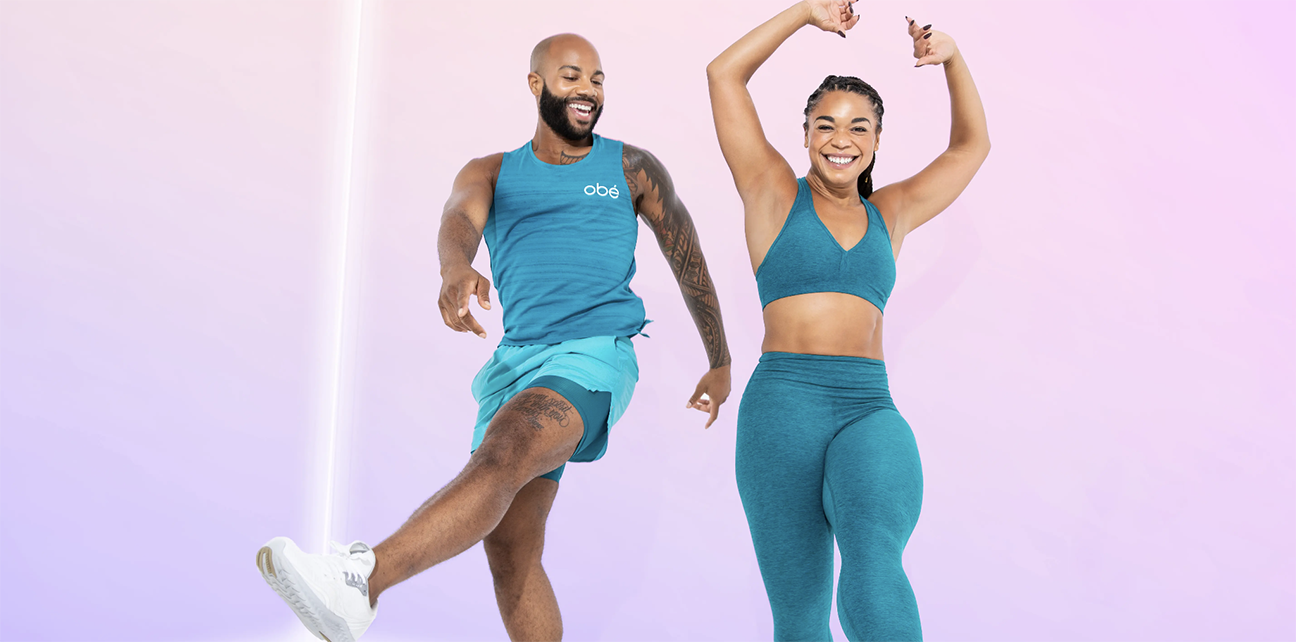

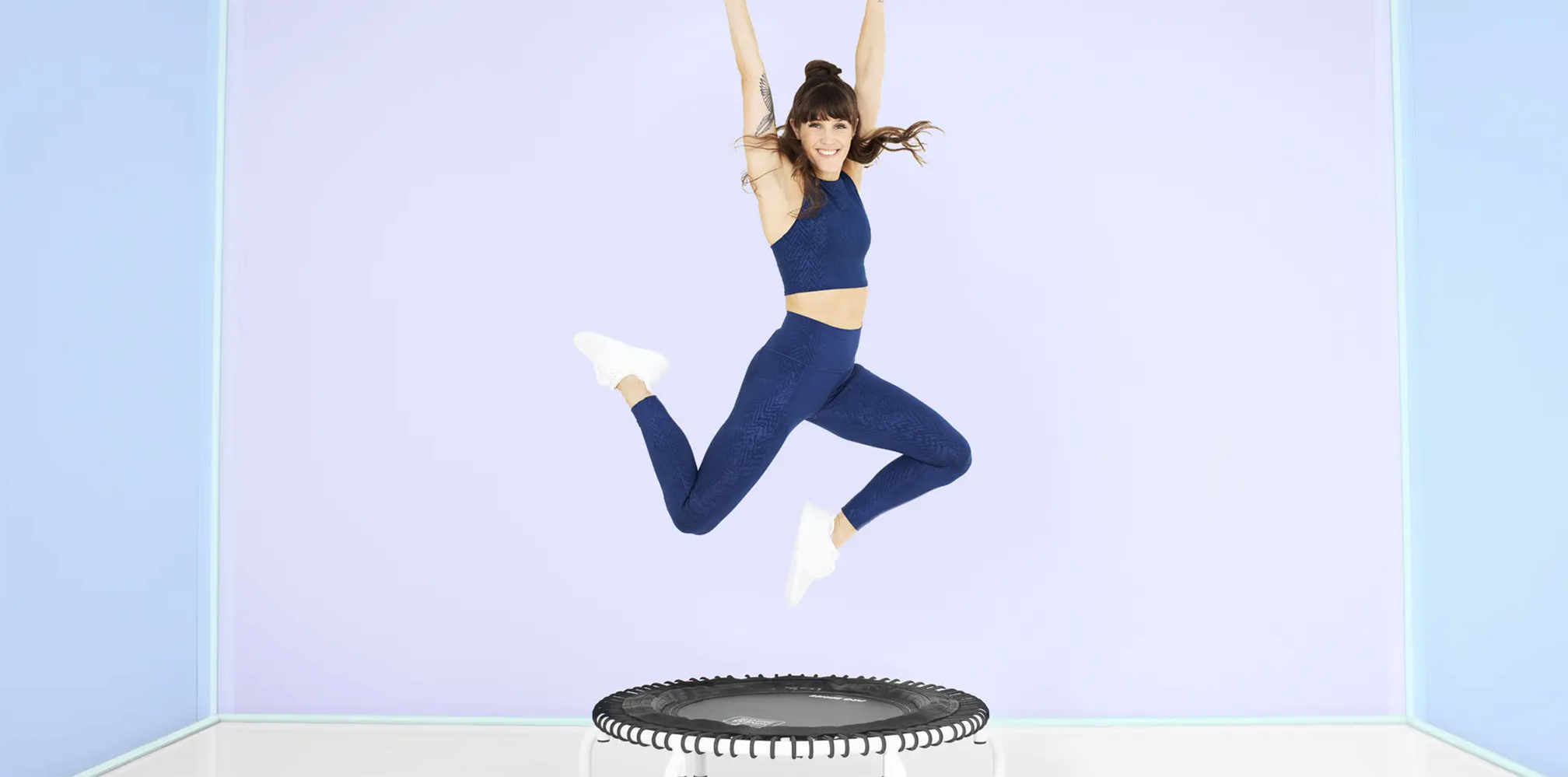





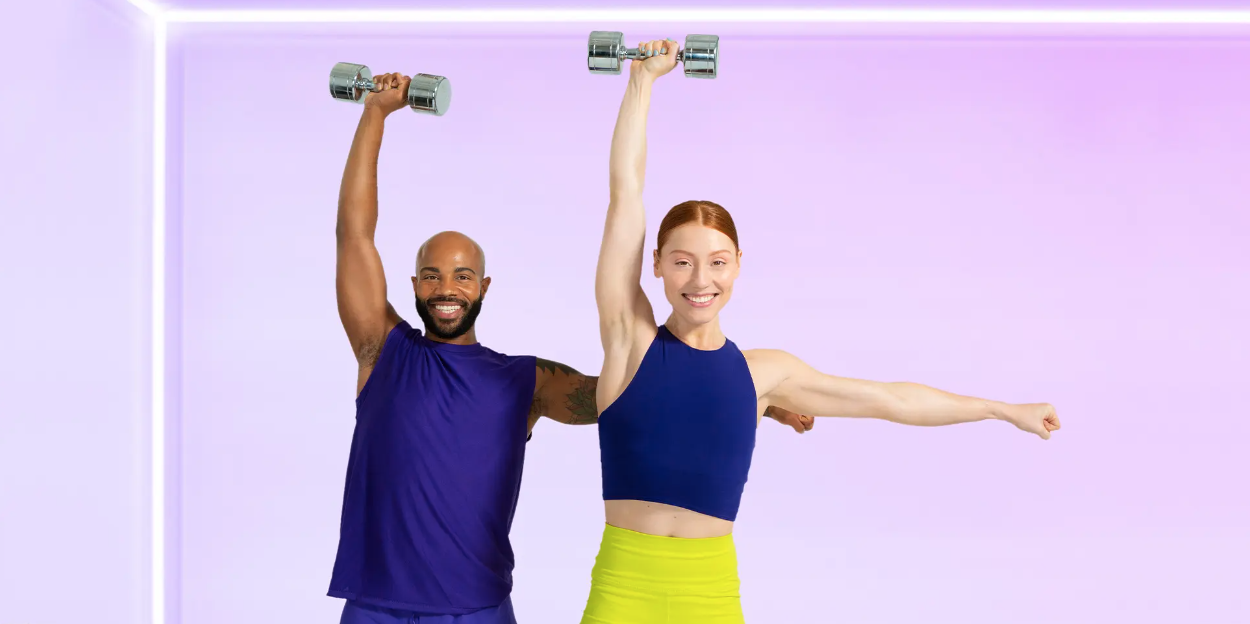
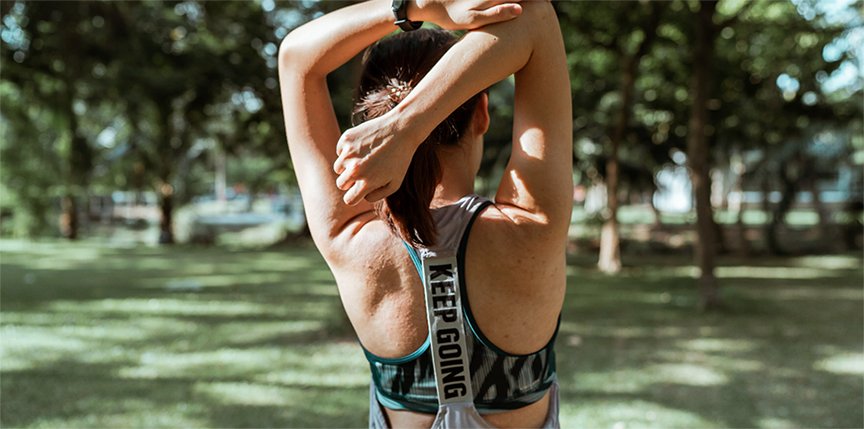

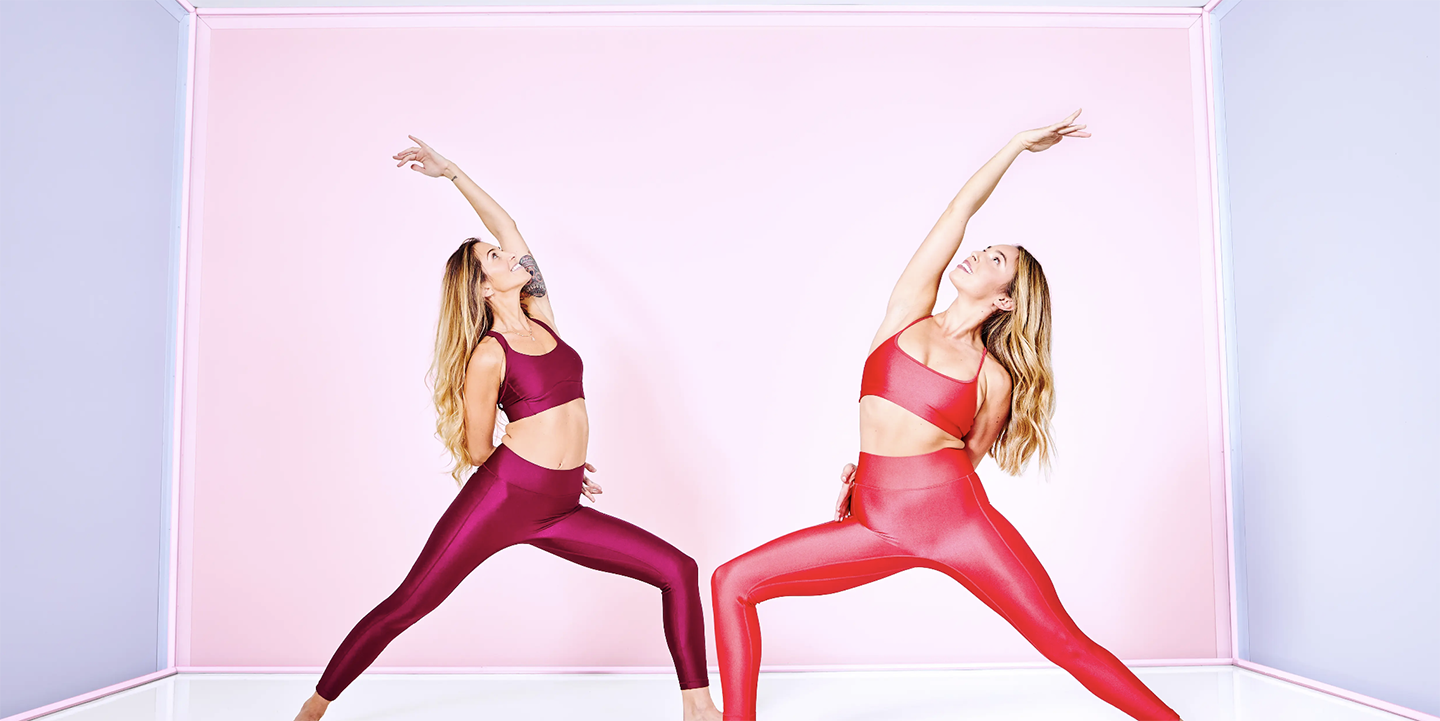
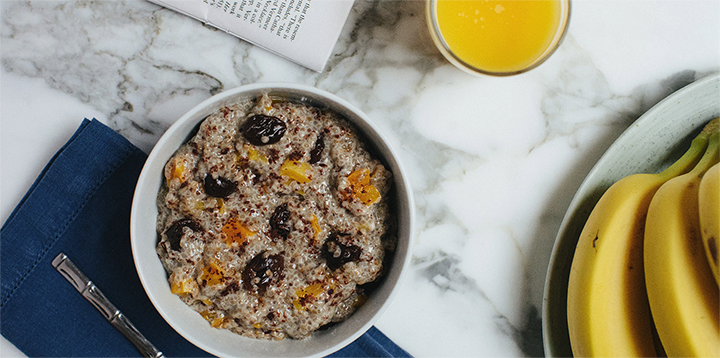


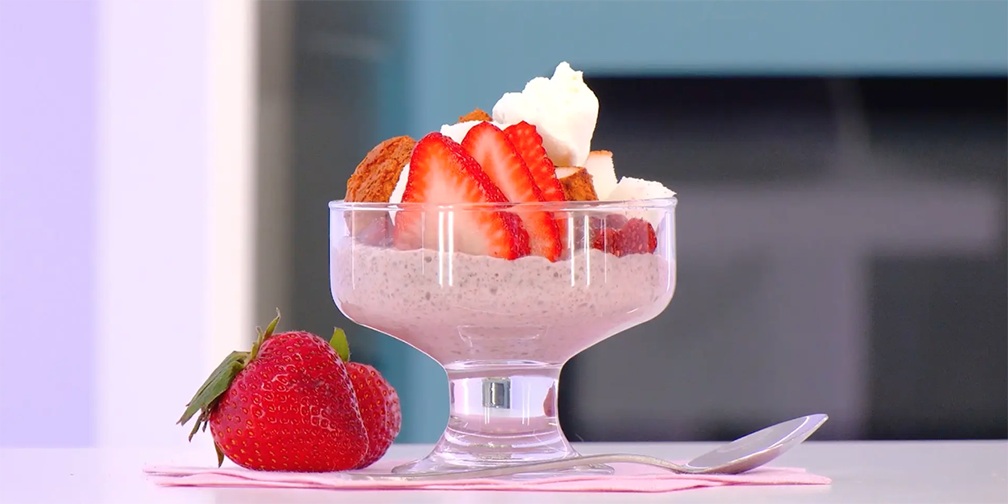

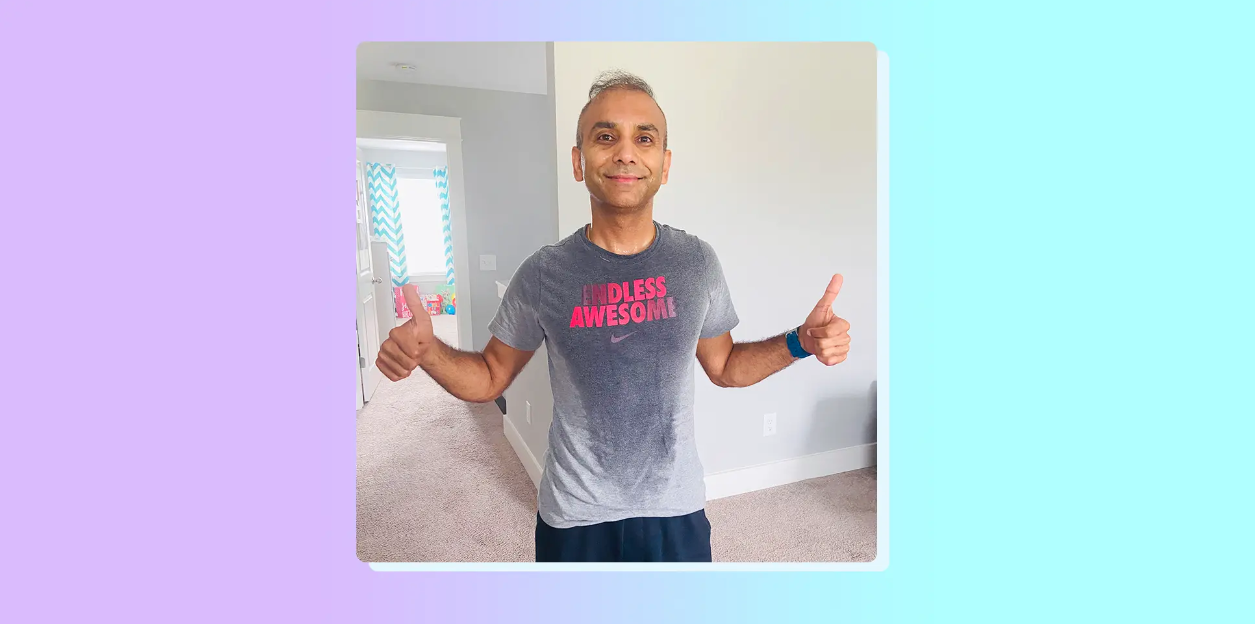
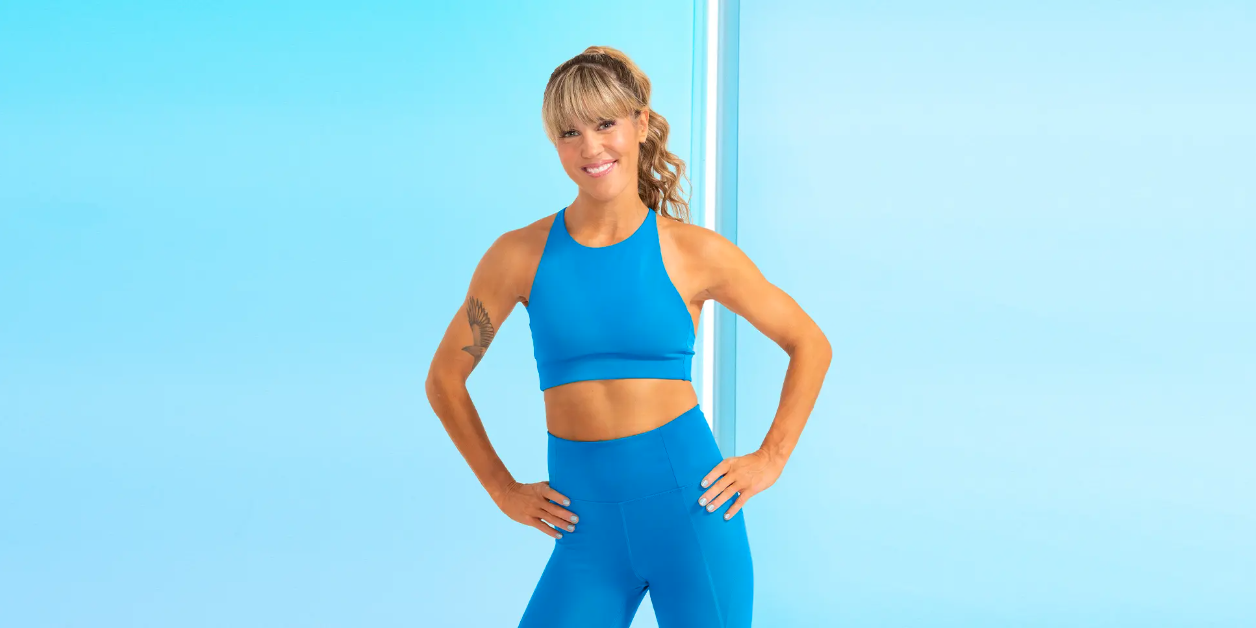

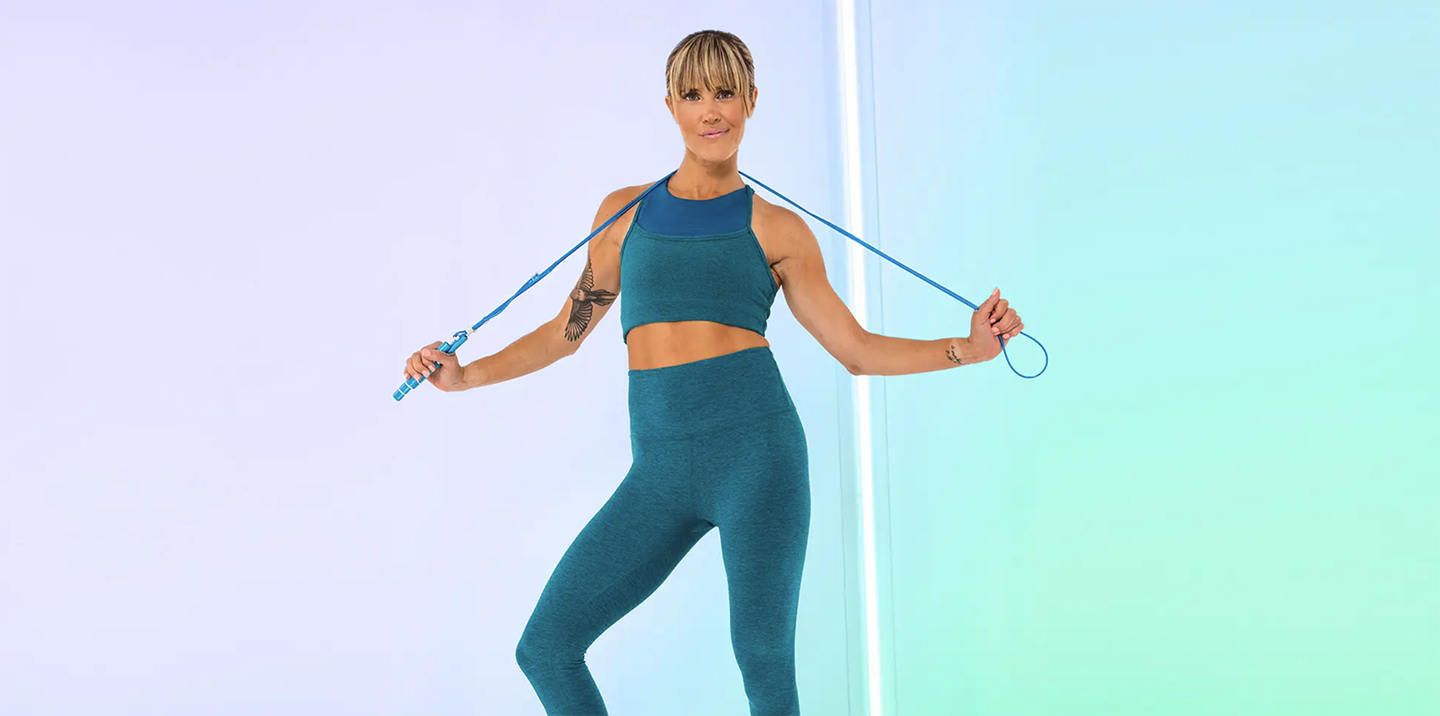


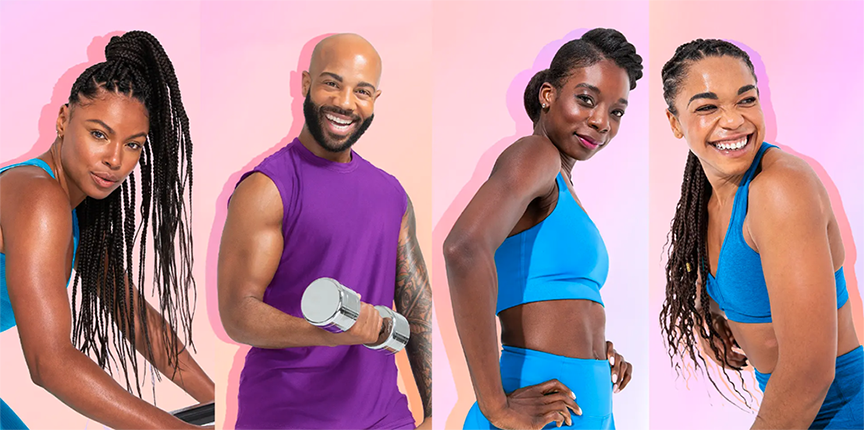
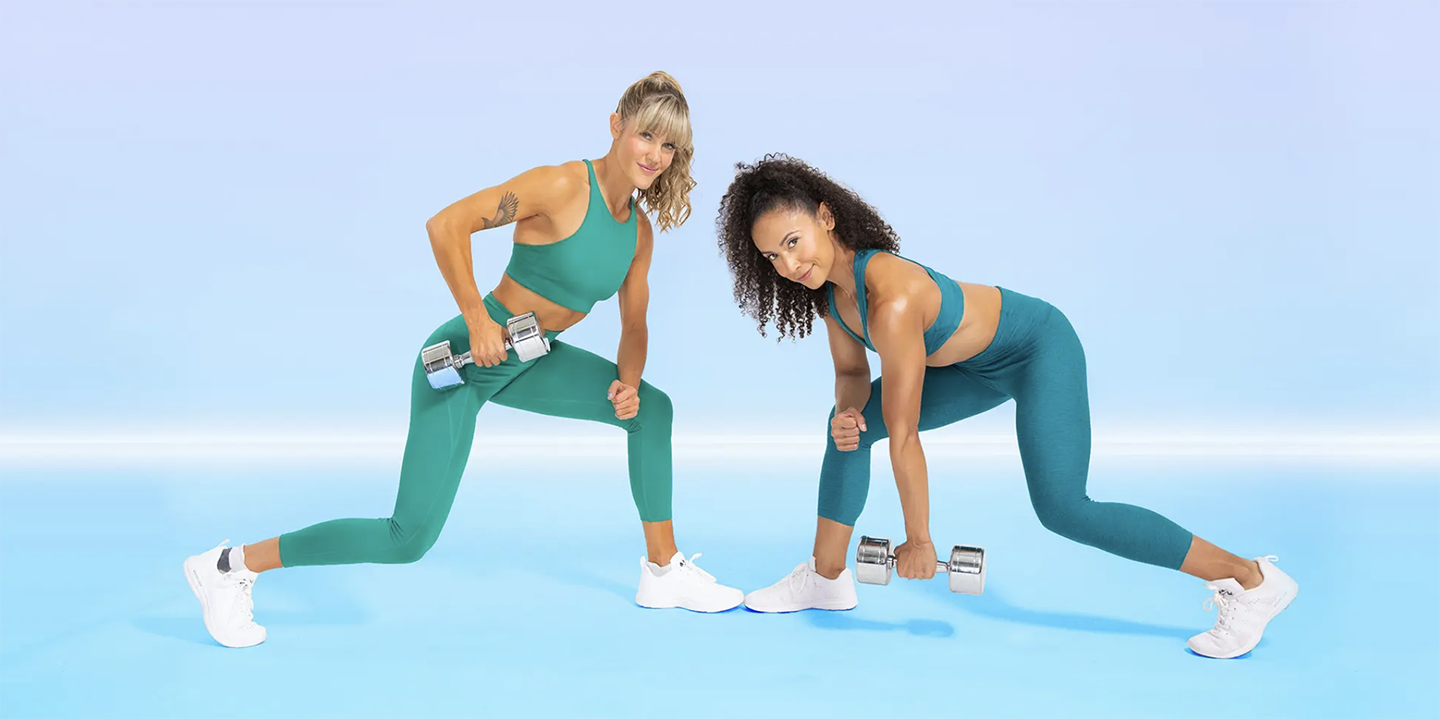
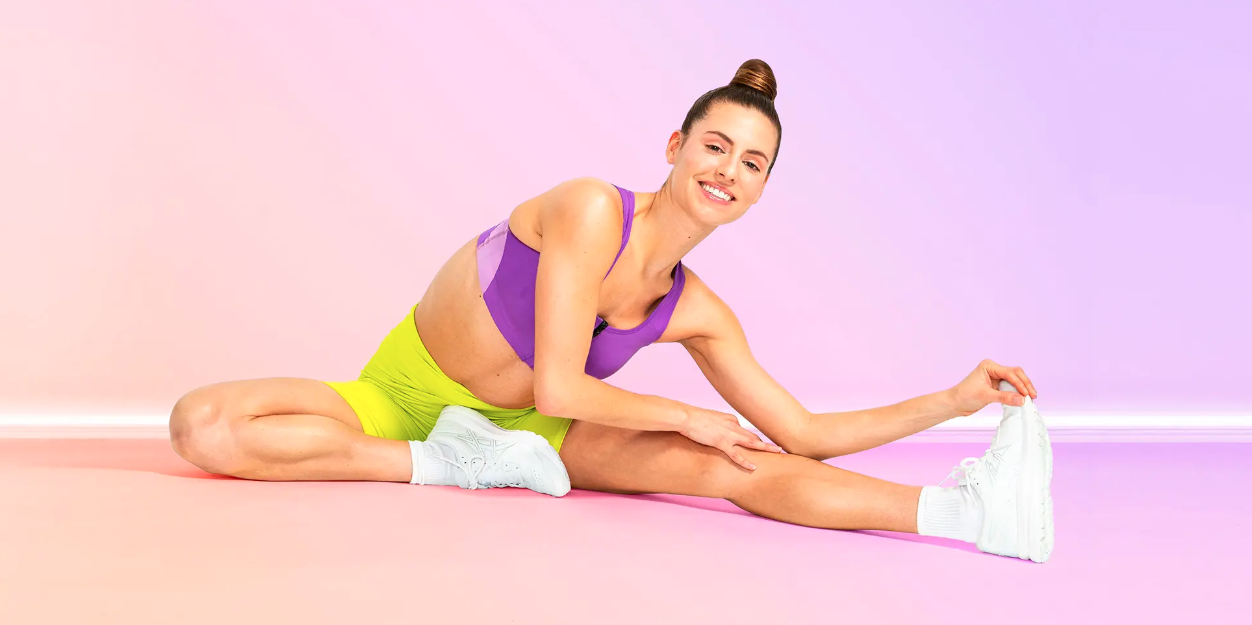


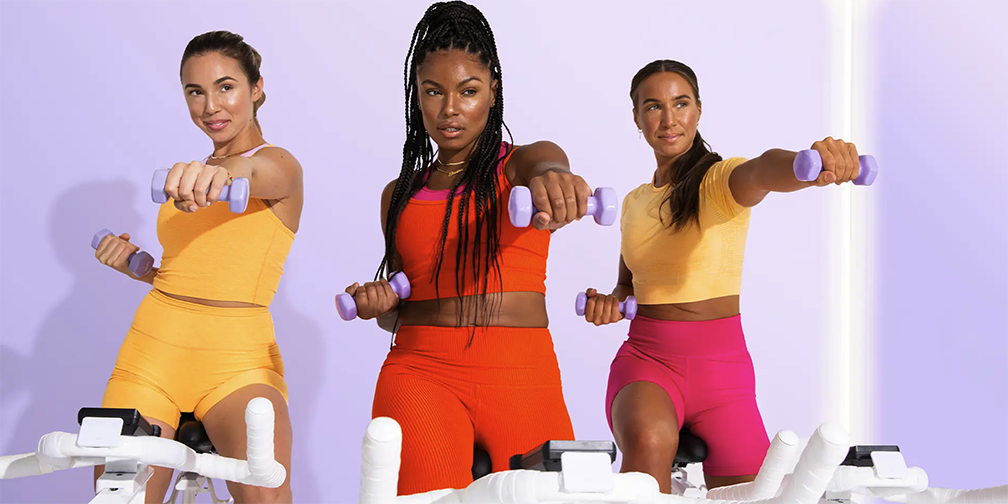

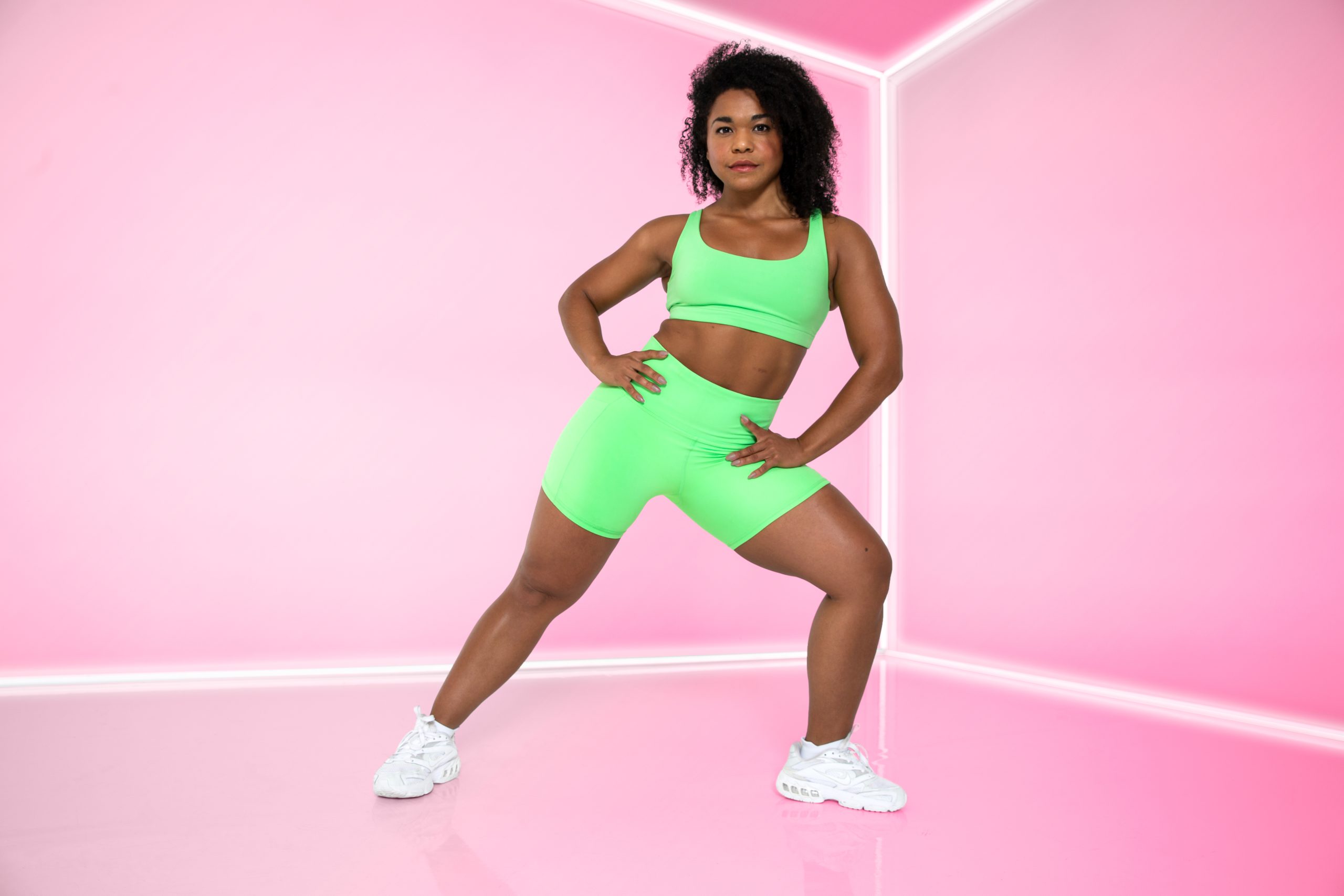

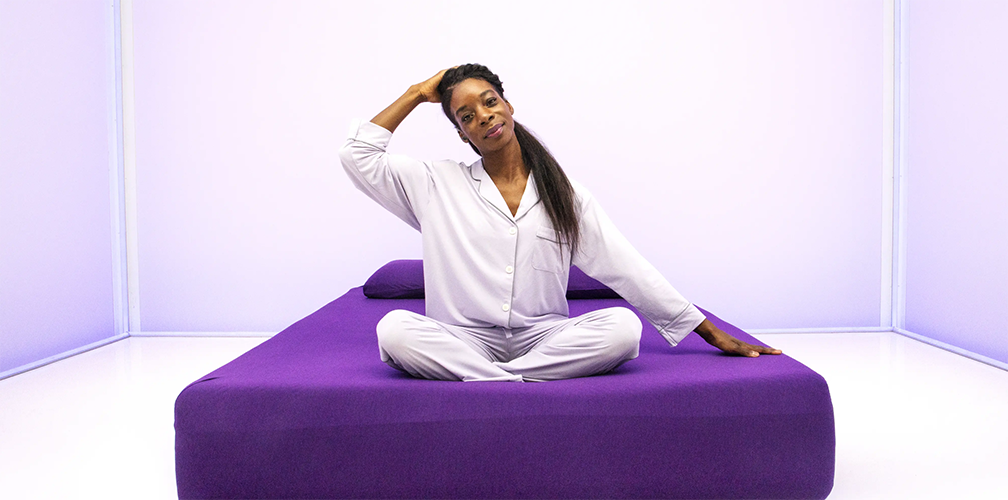

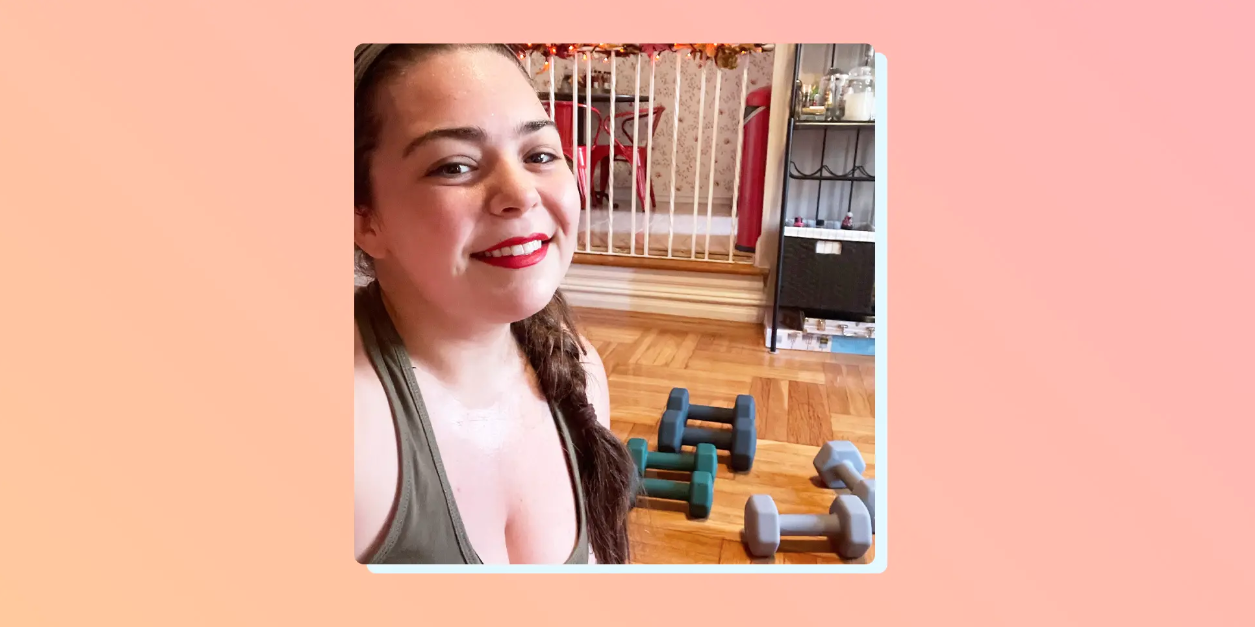
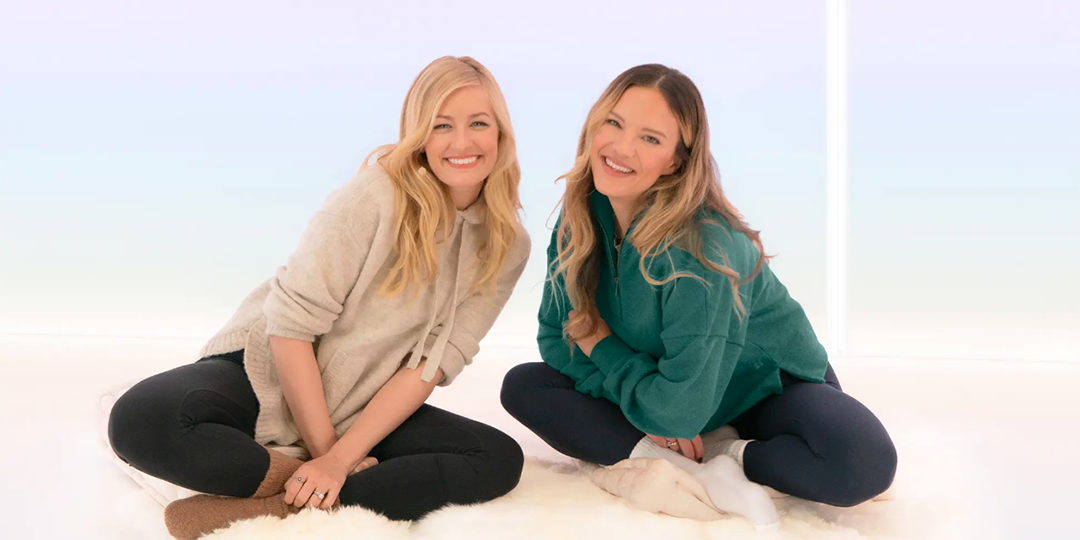

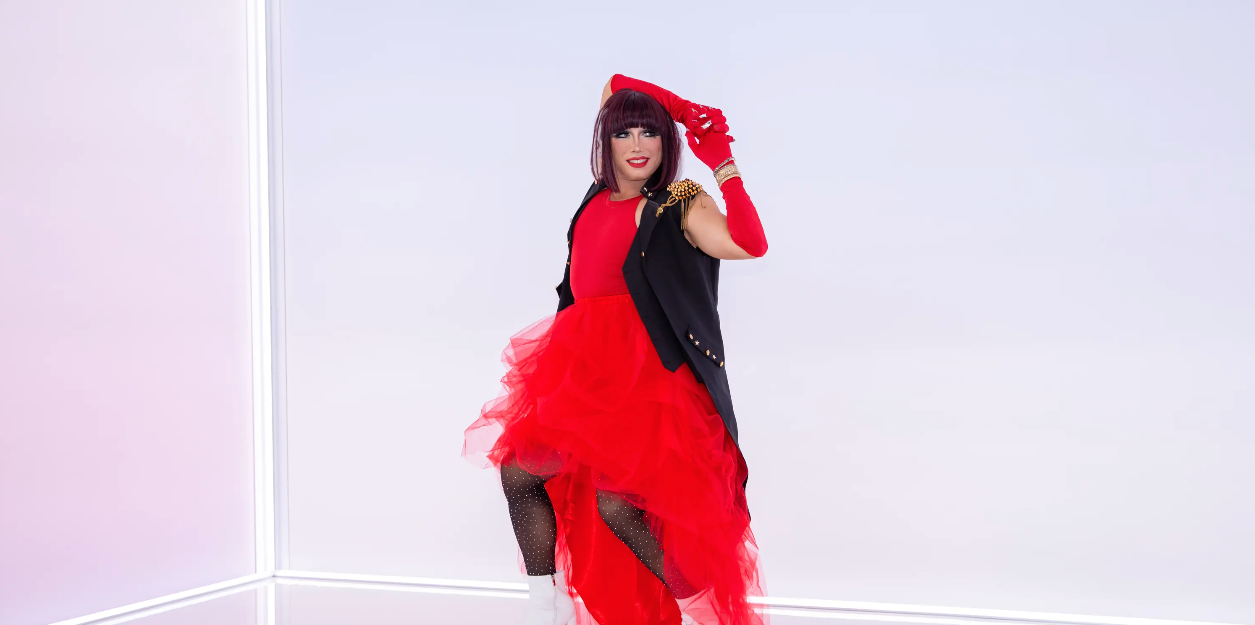

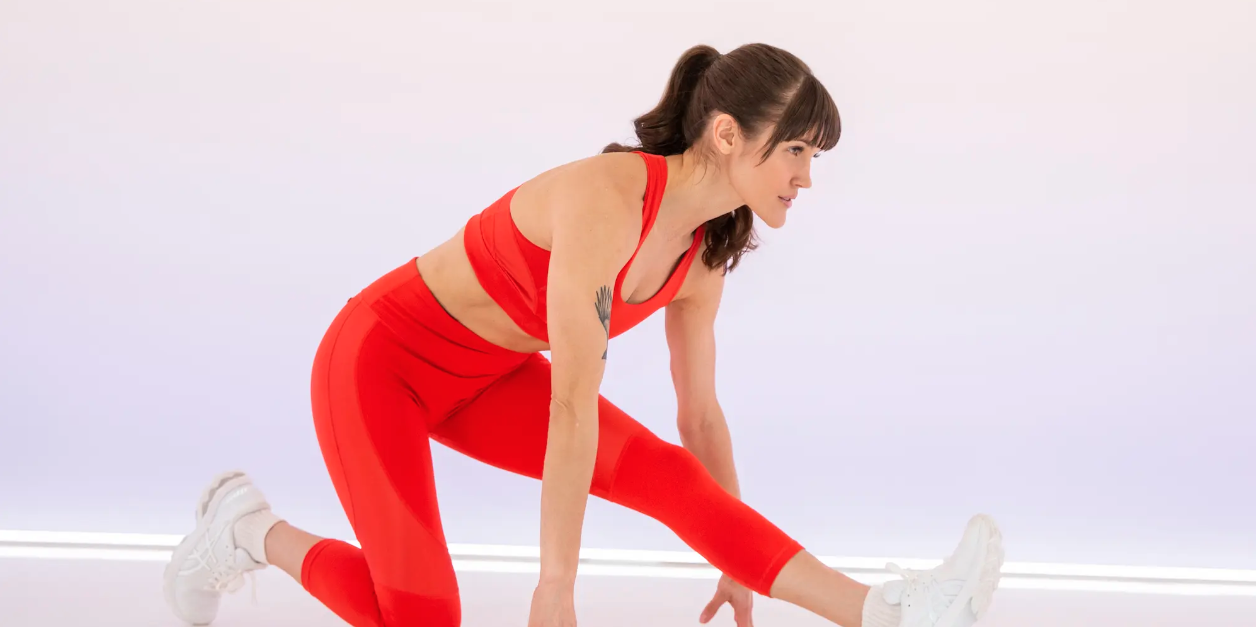
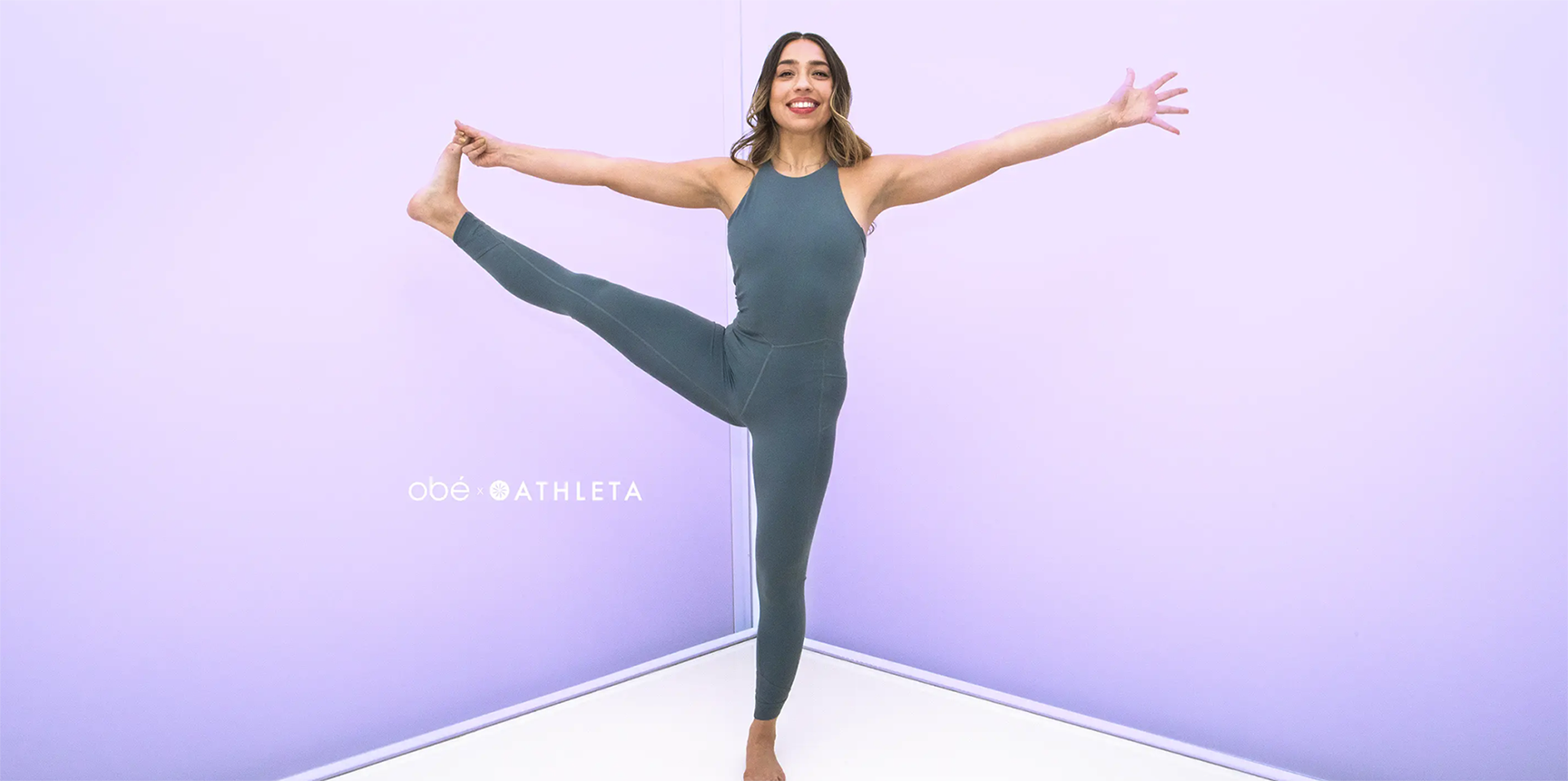
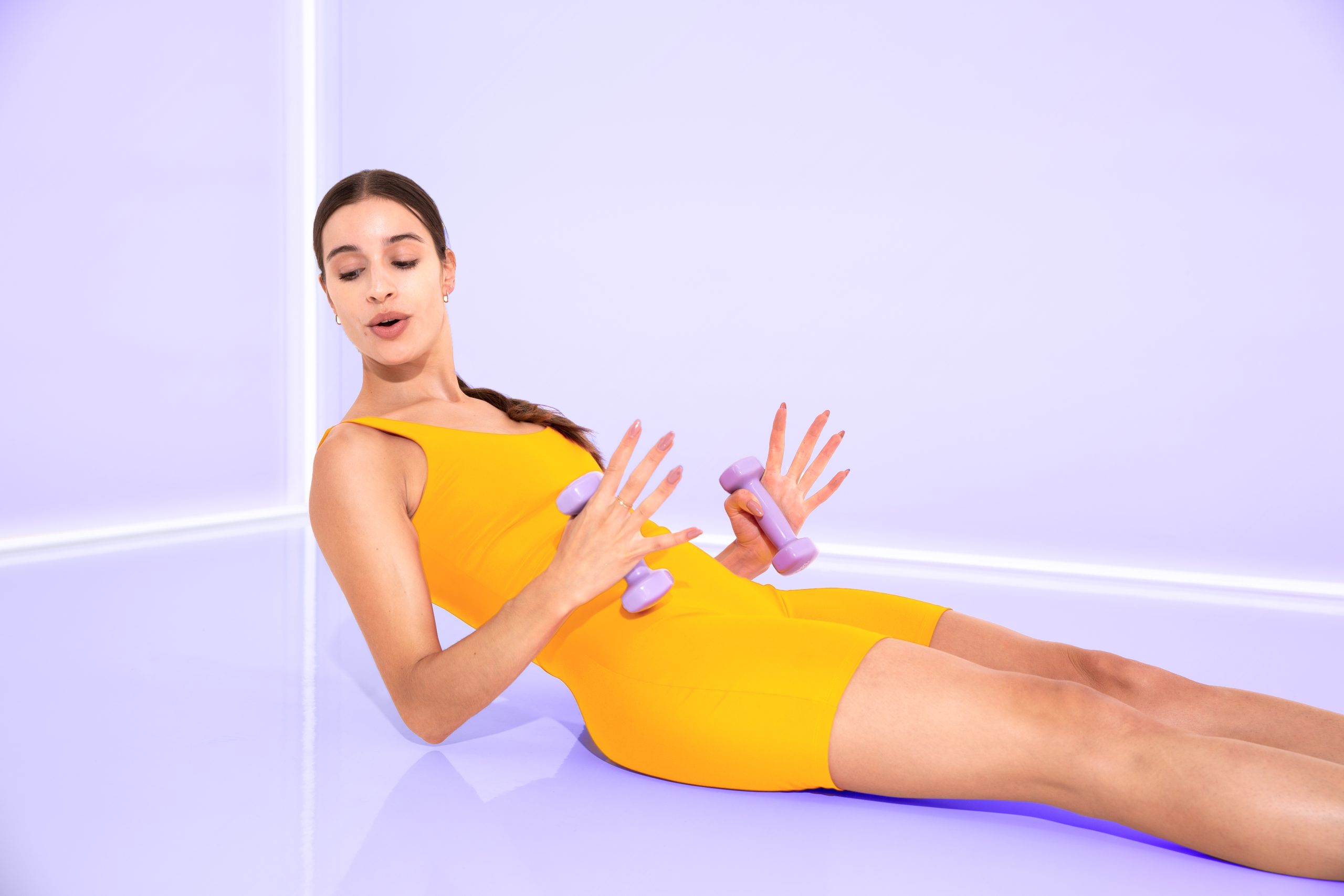
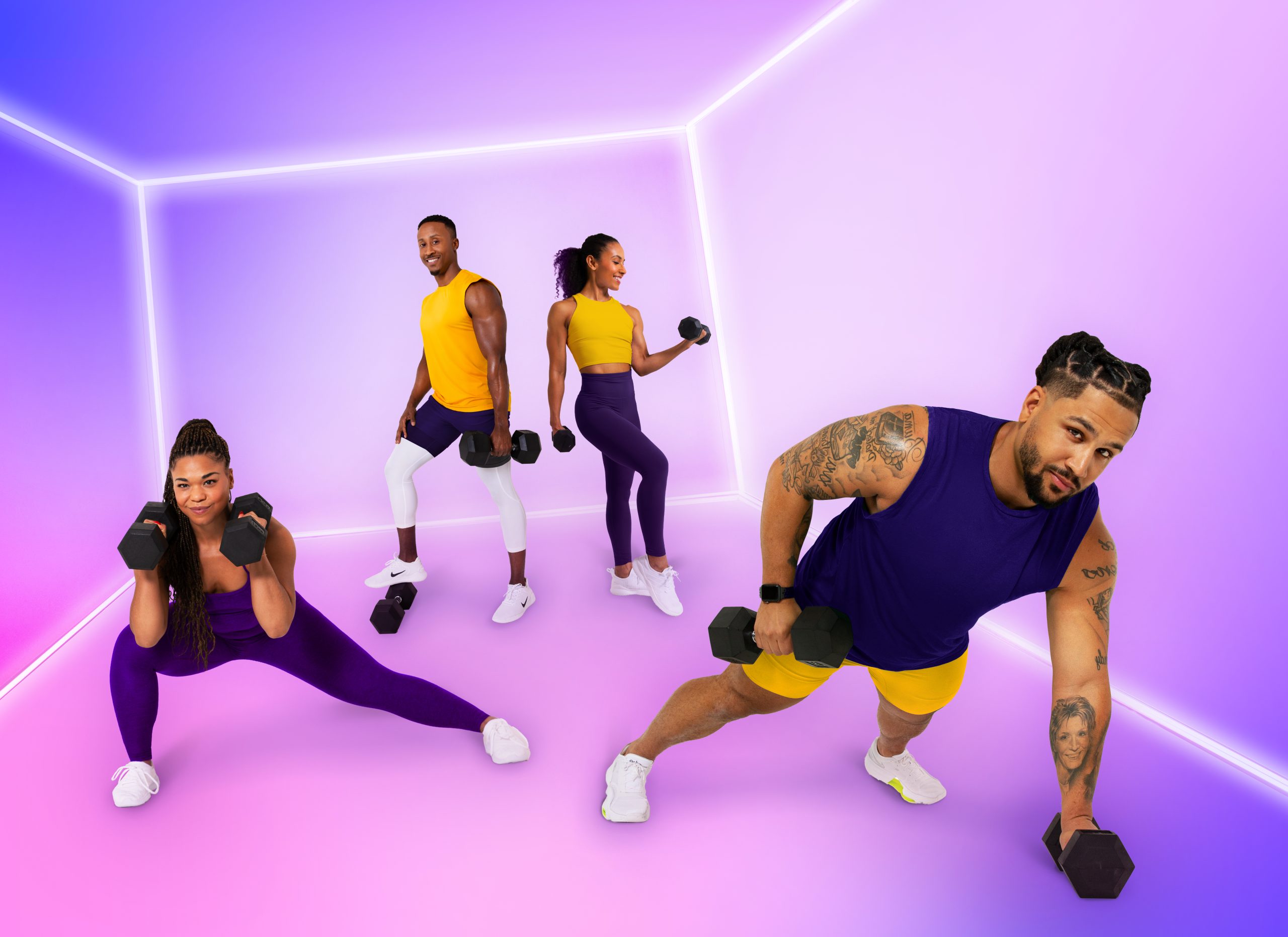
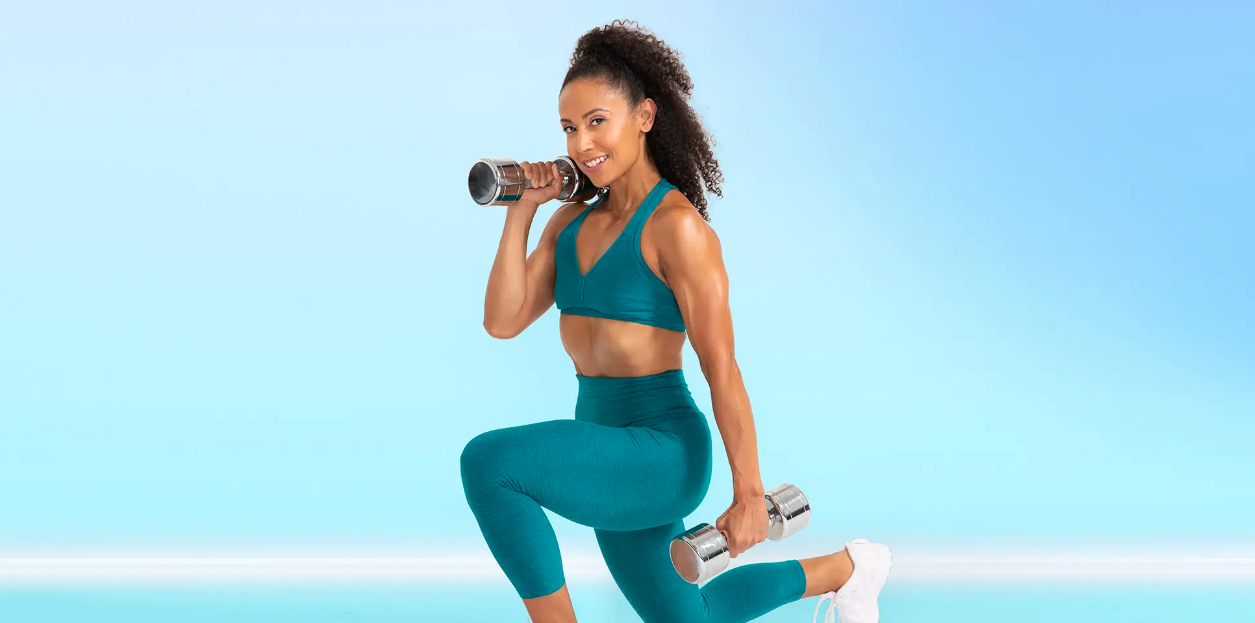
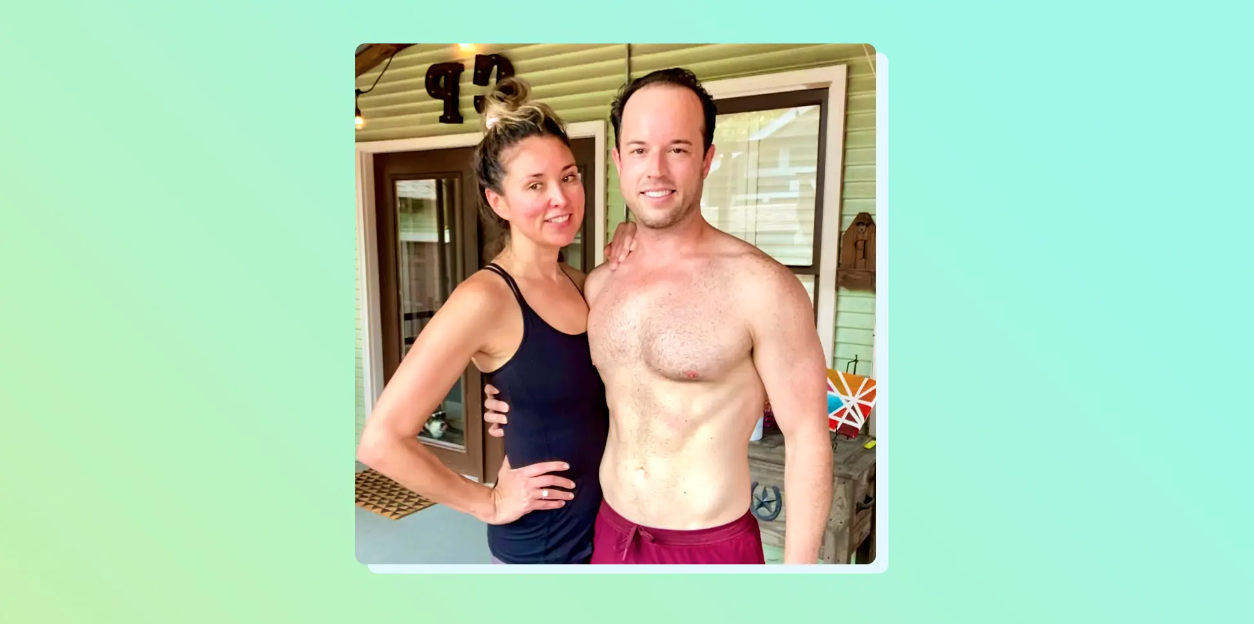
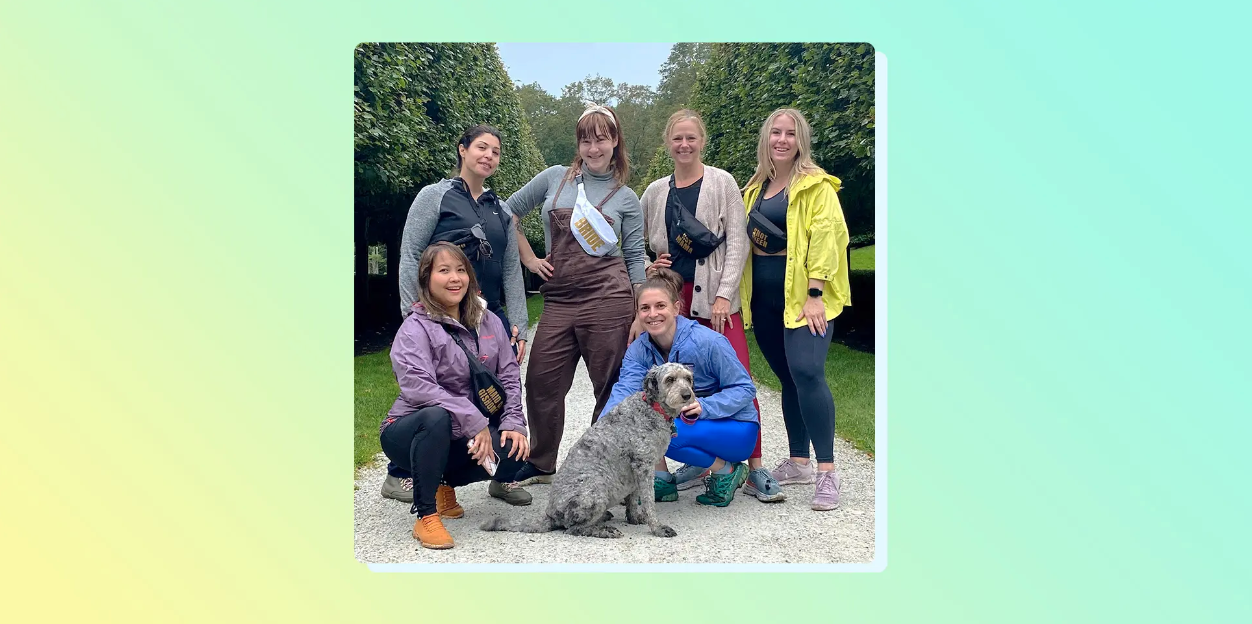
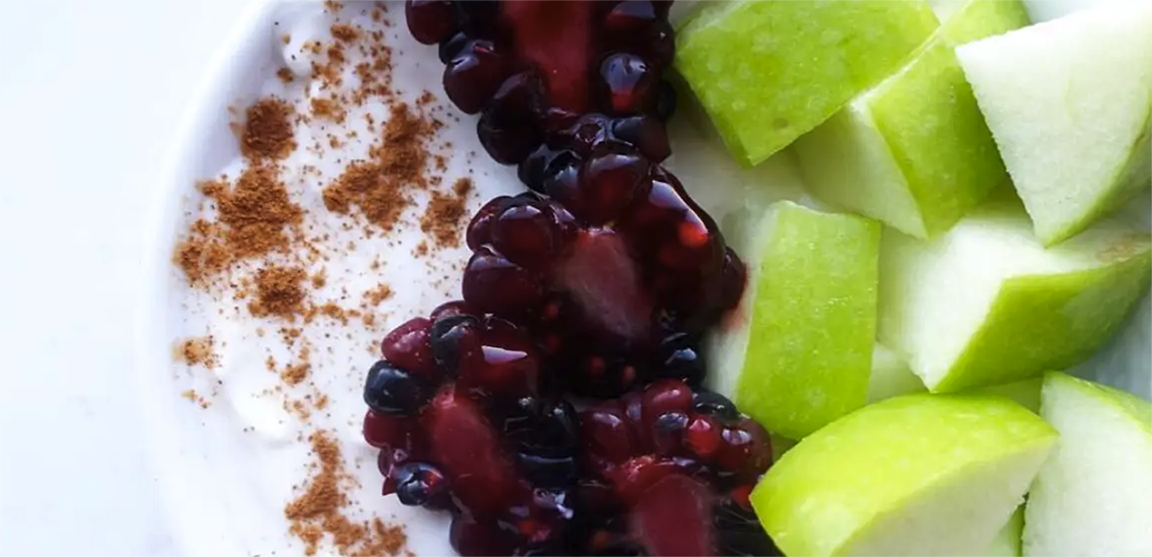
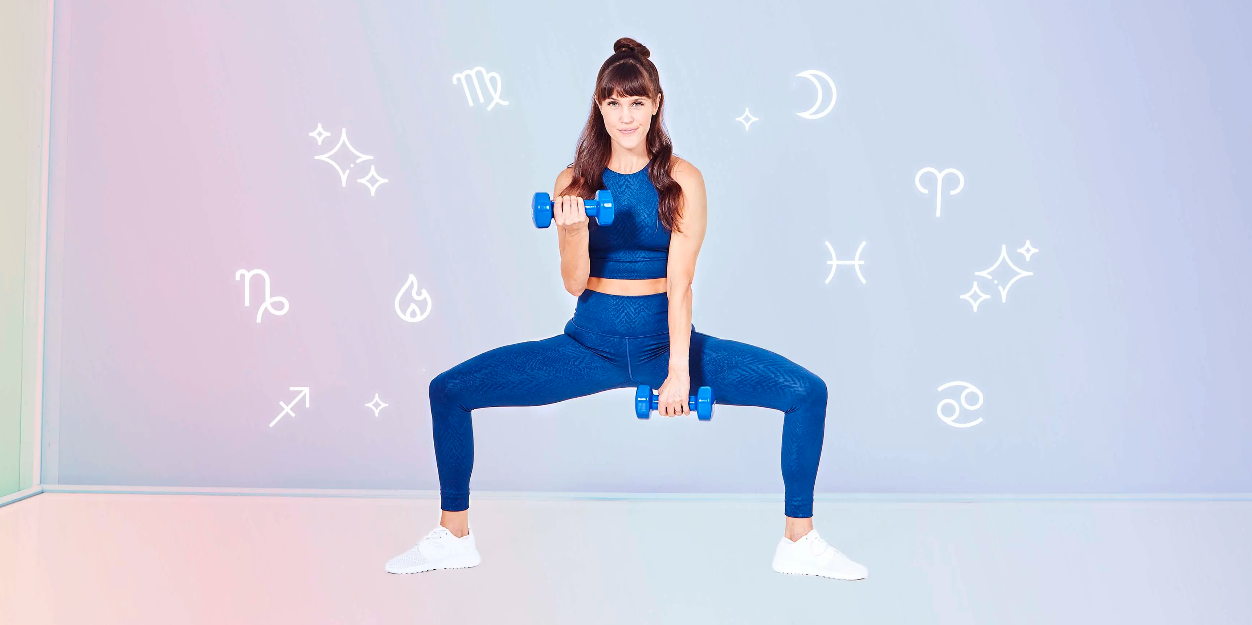
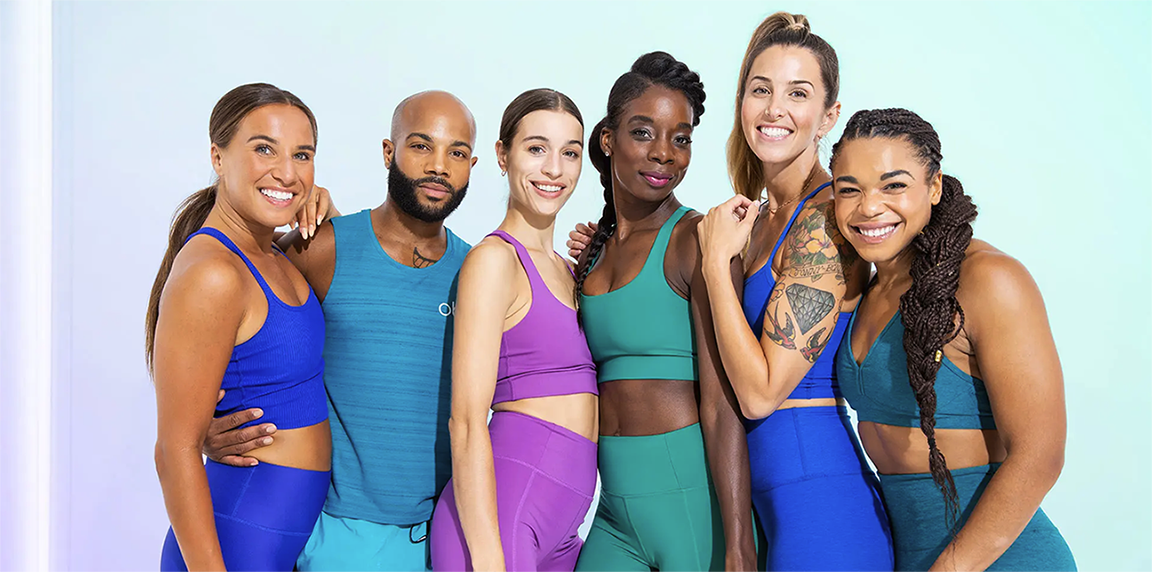
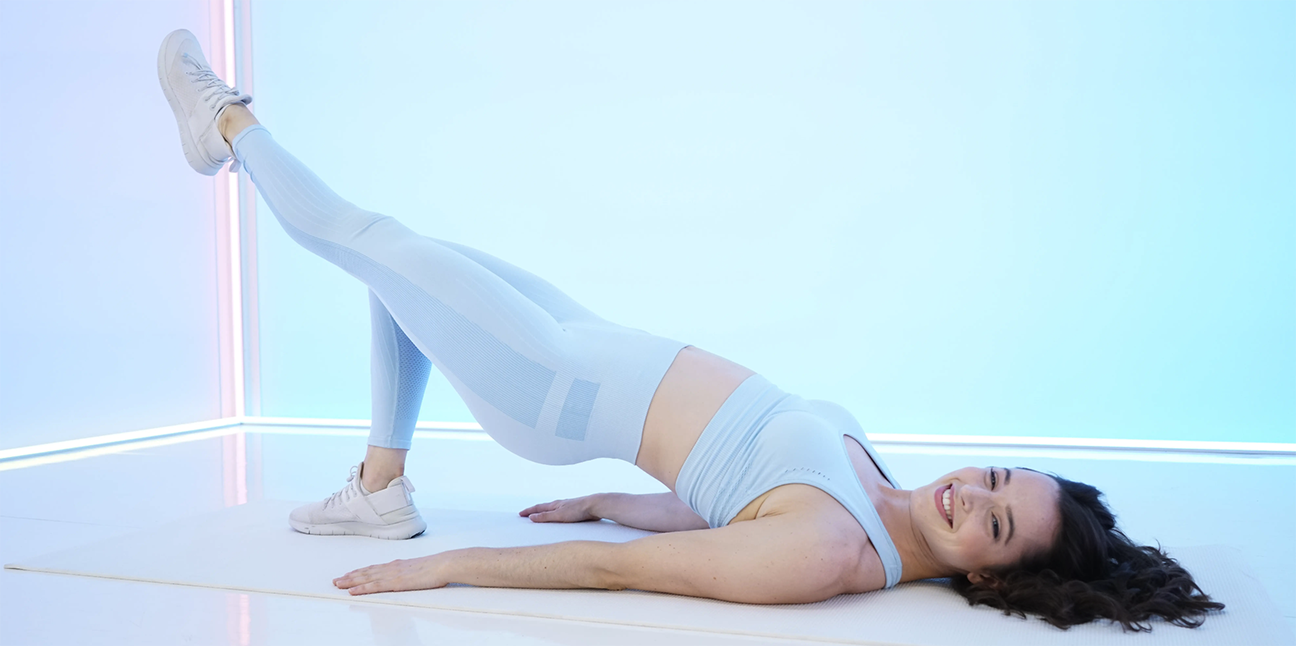


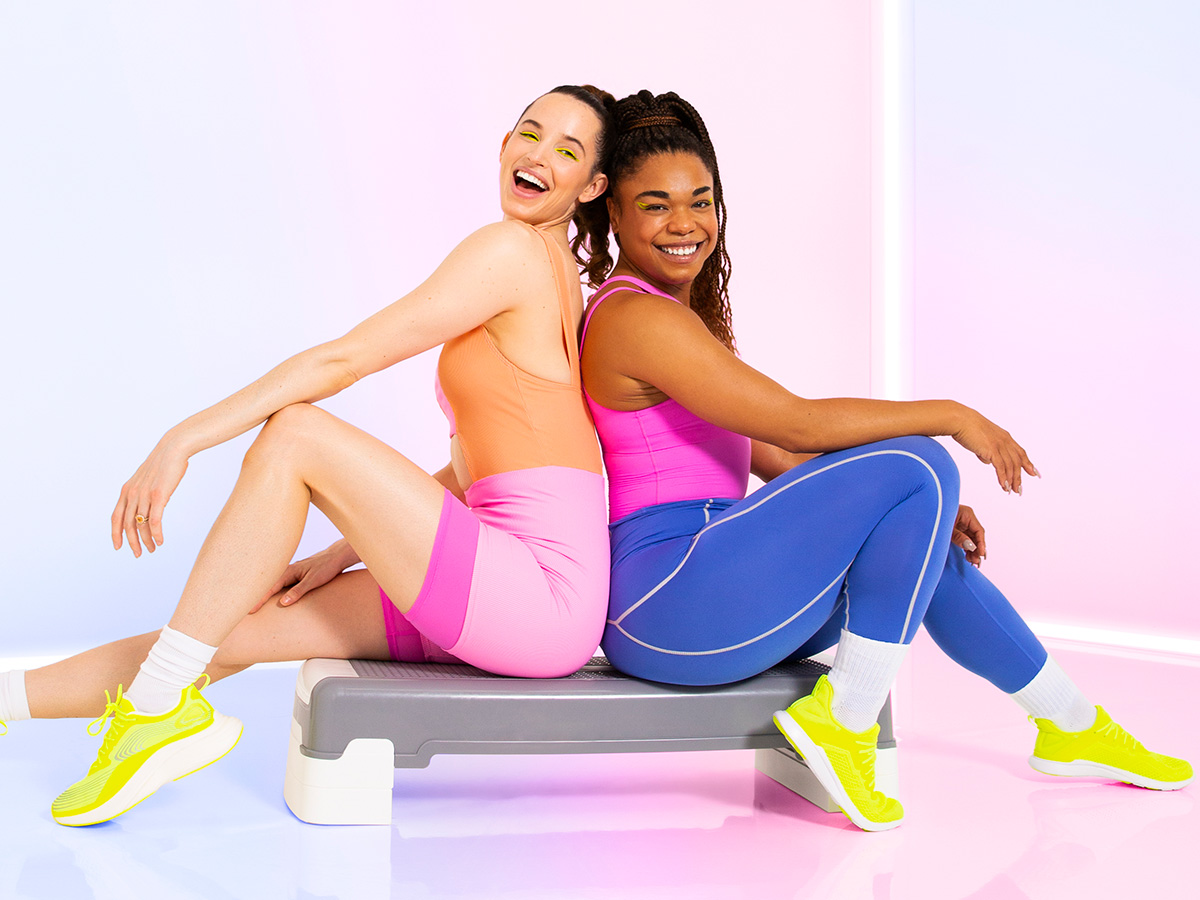
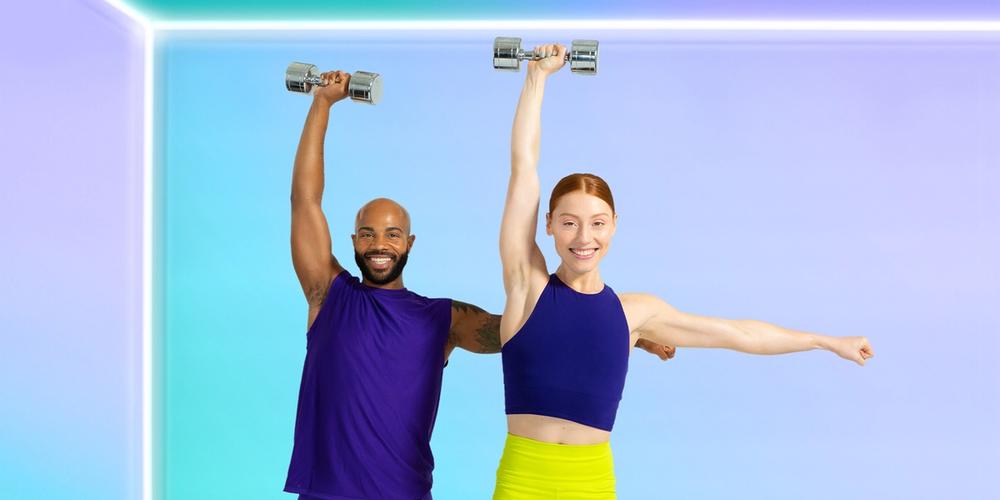

Leave a Reply